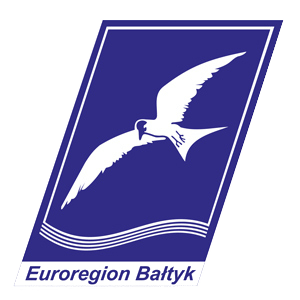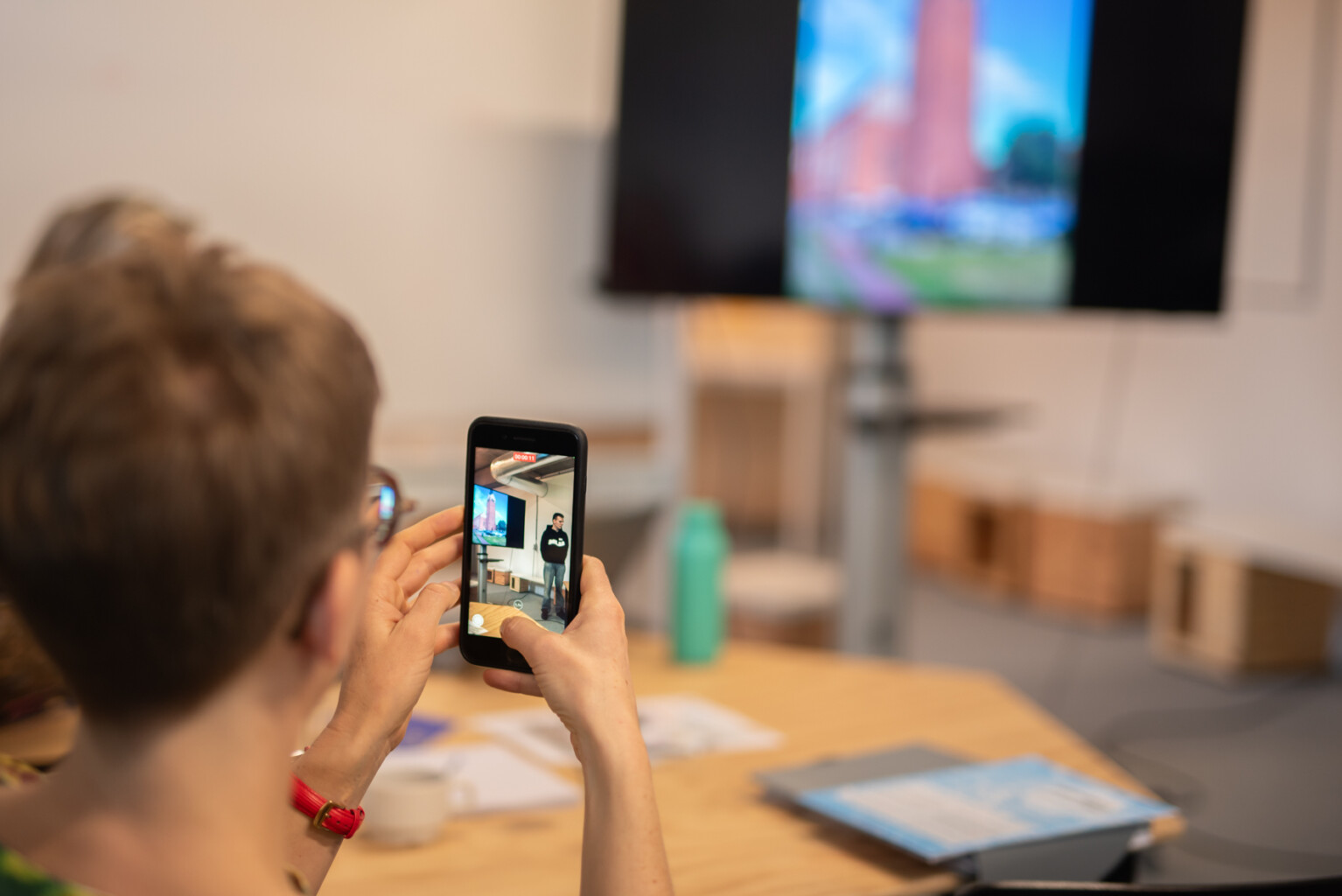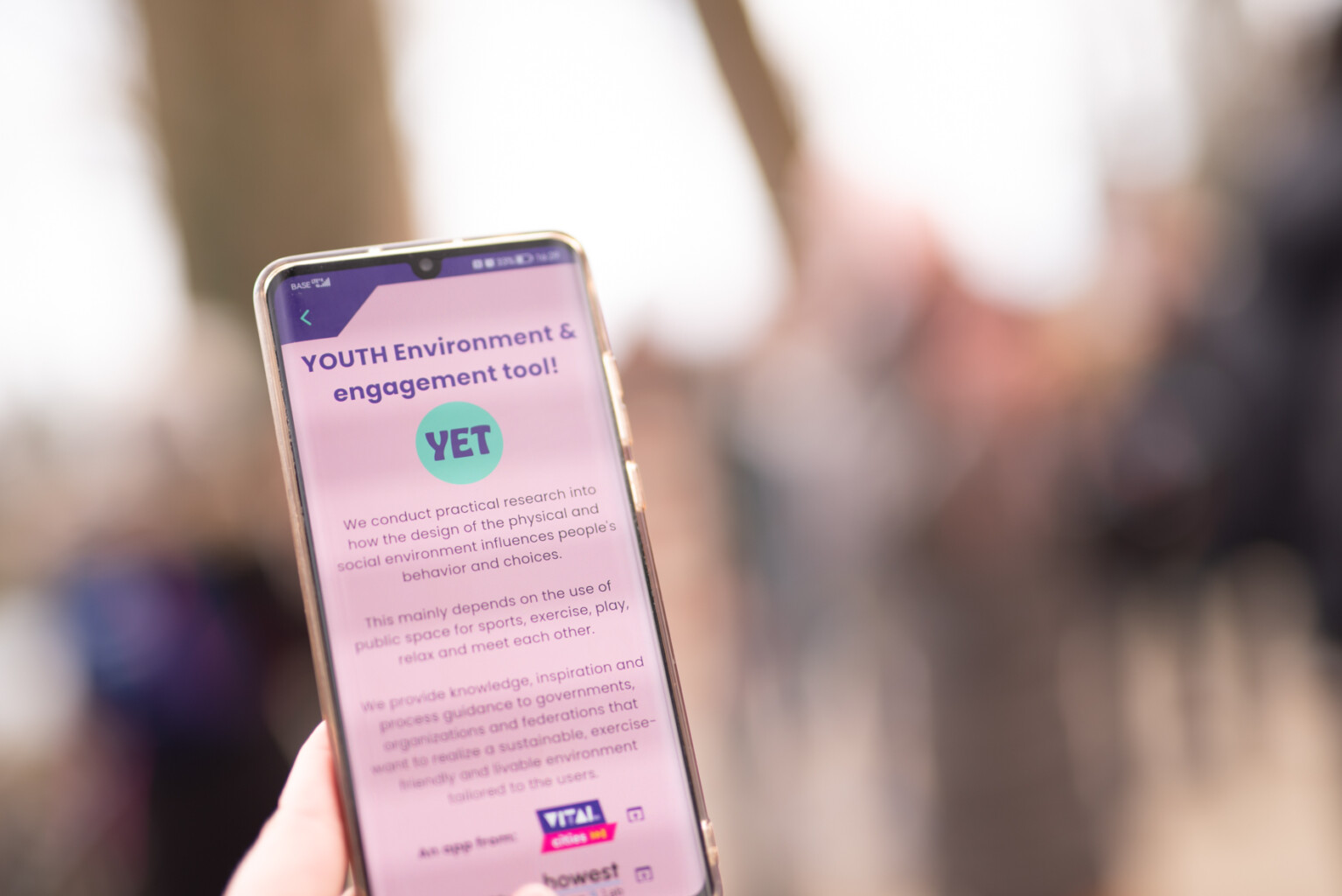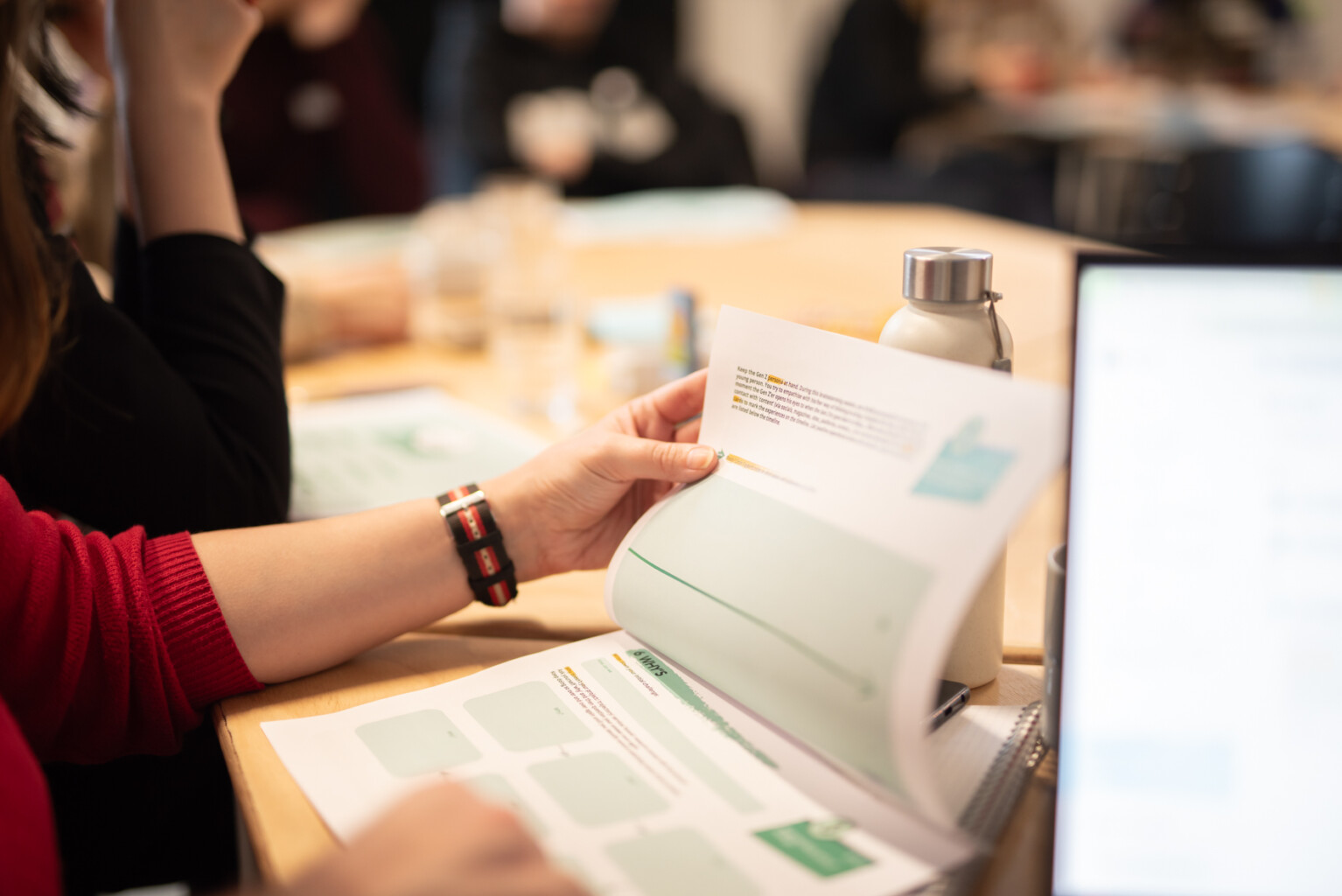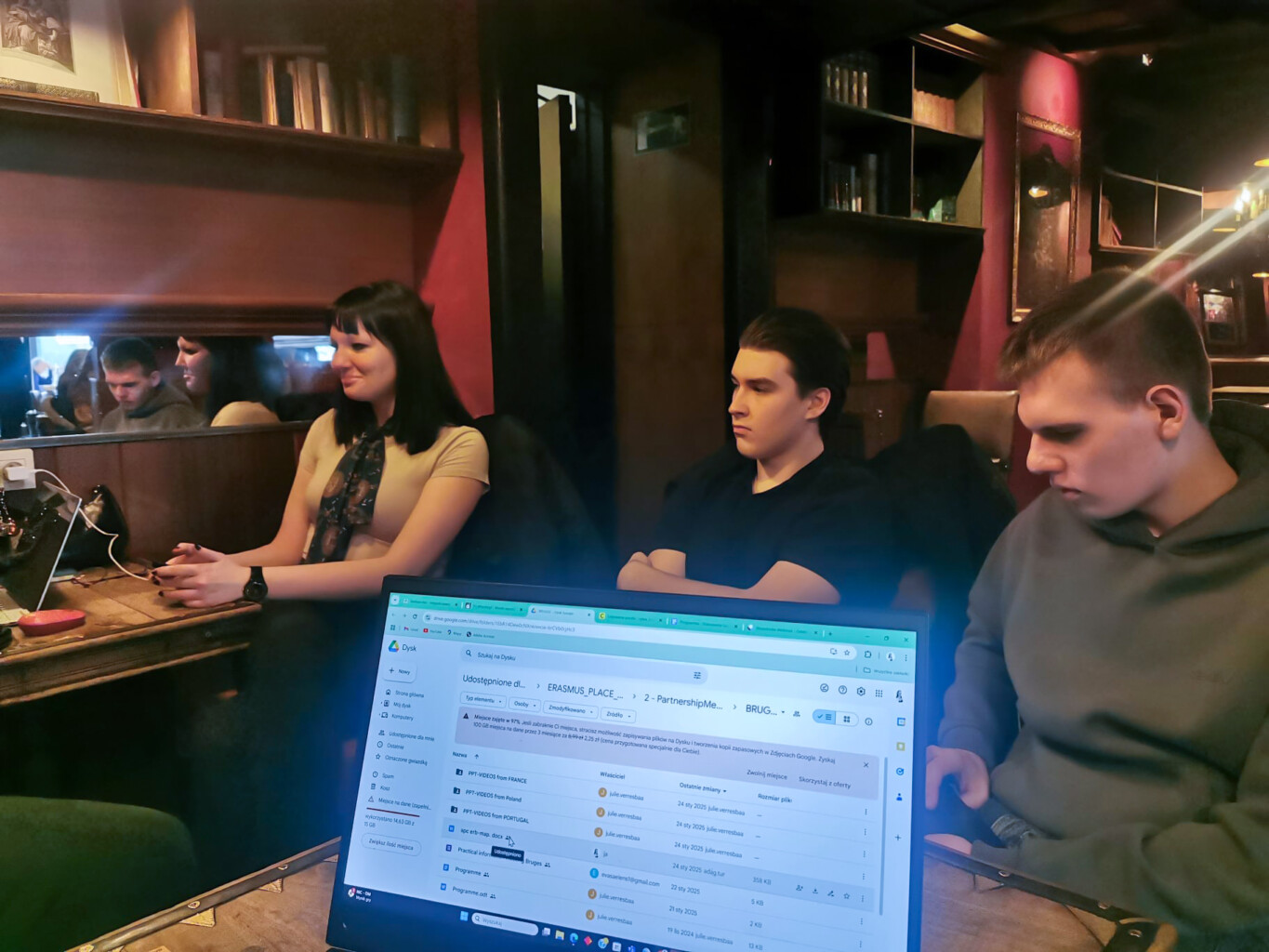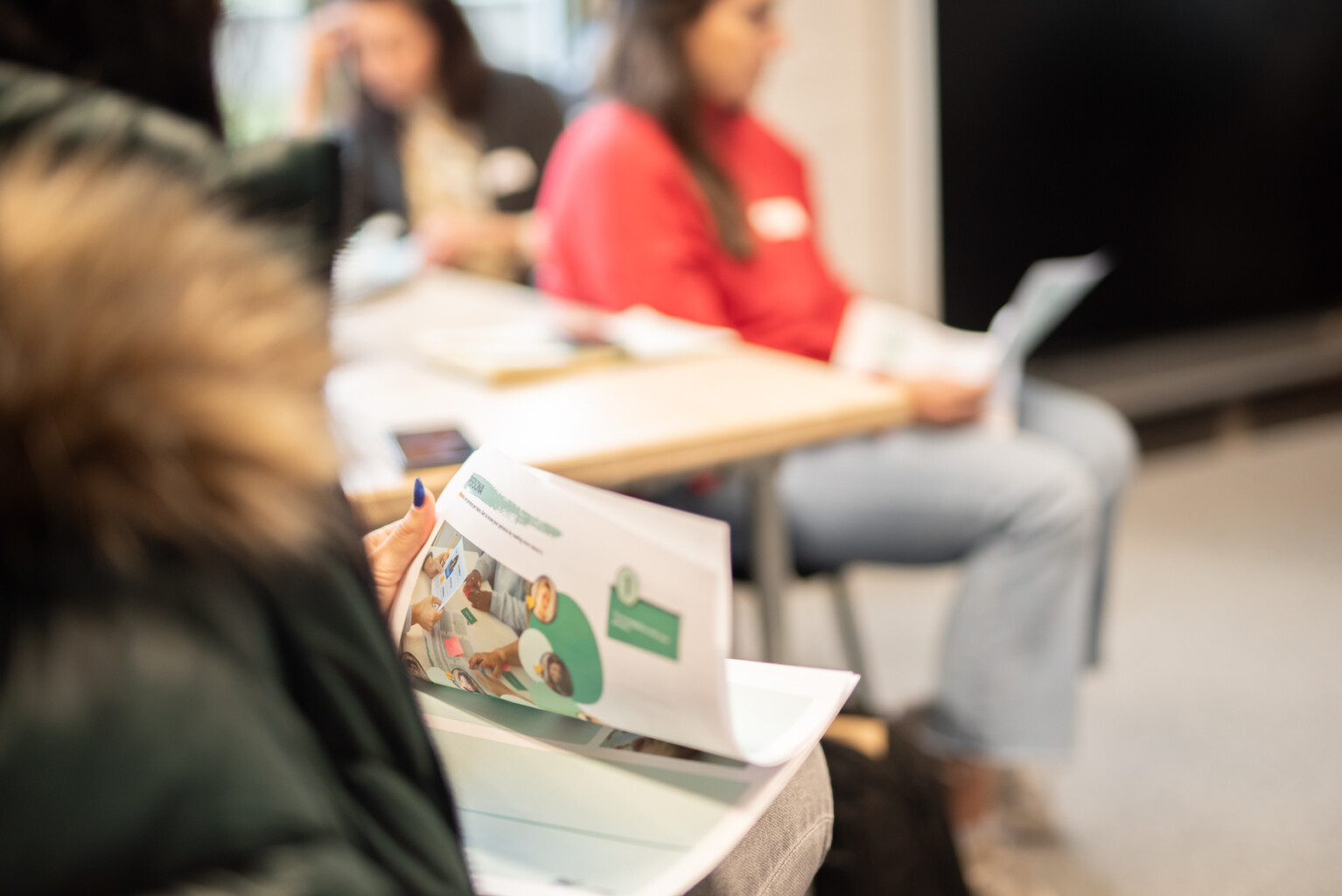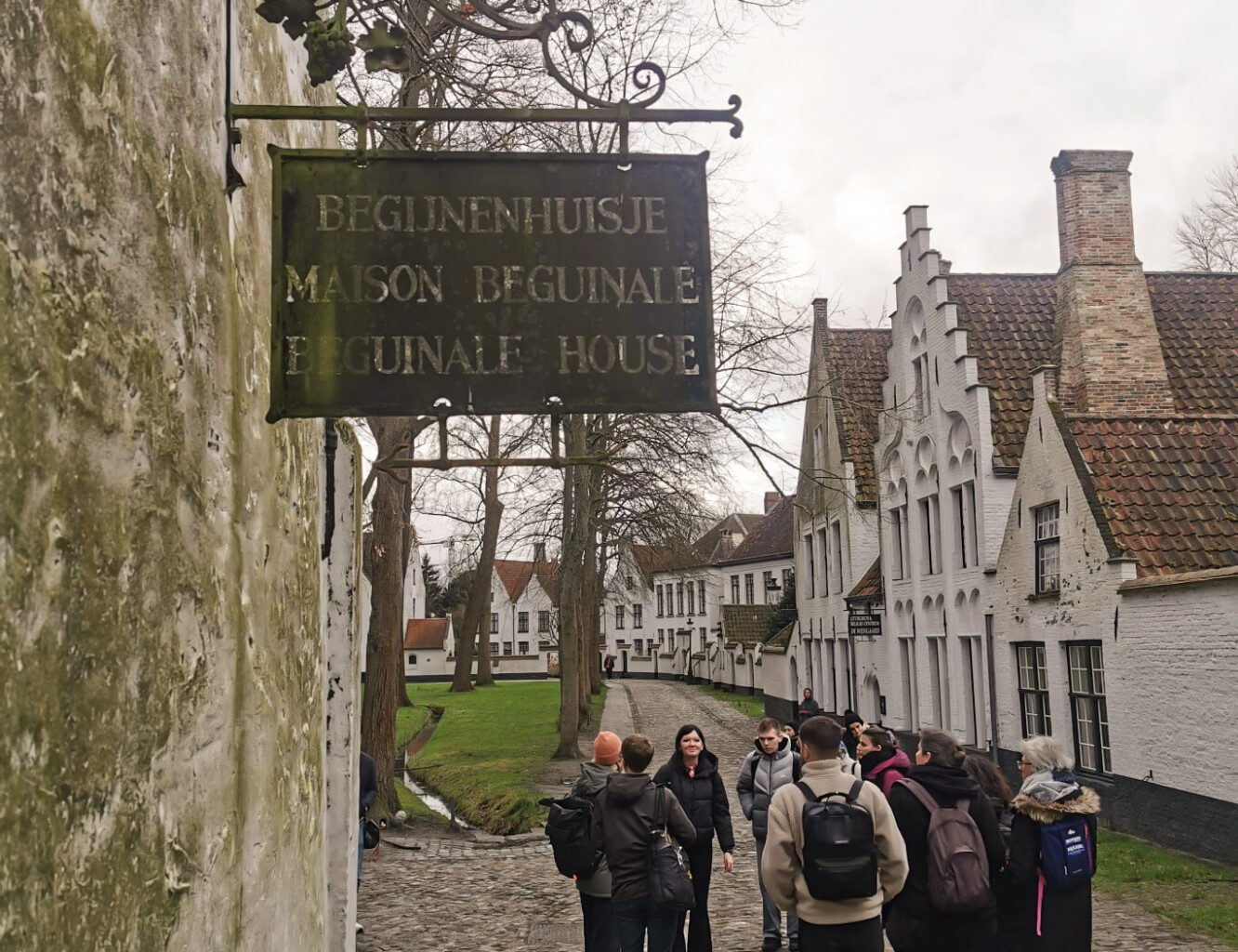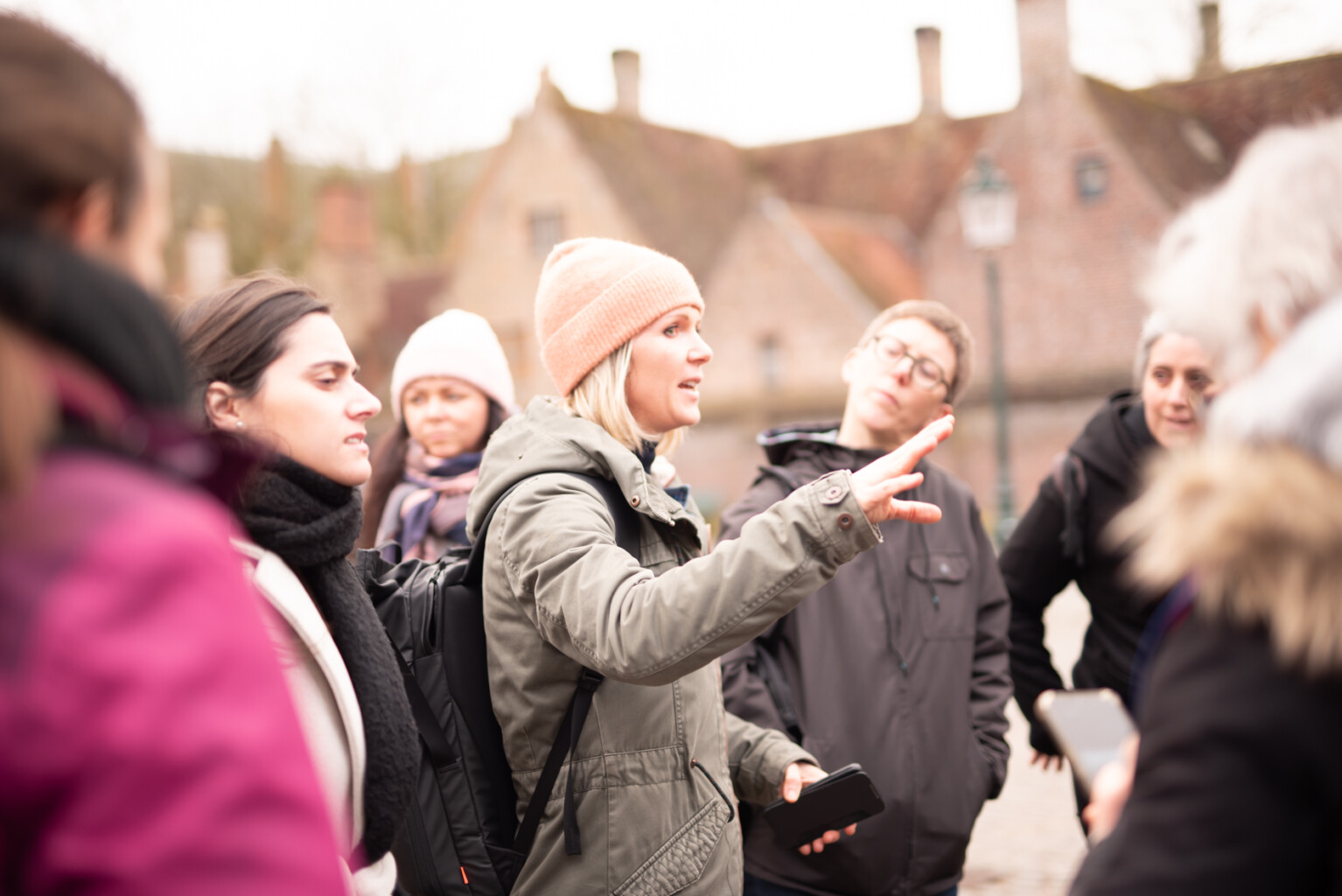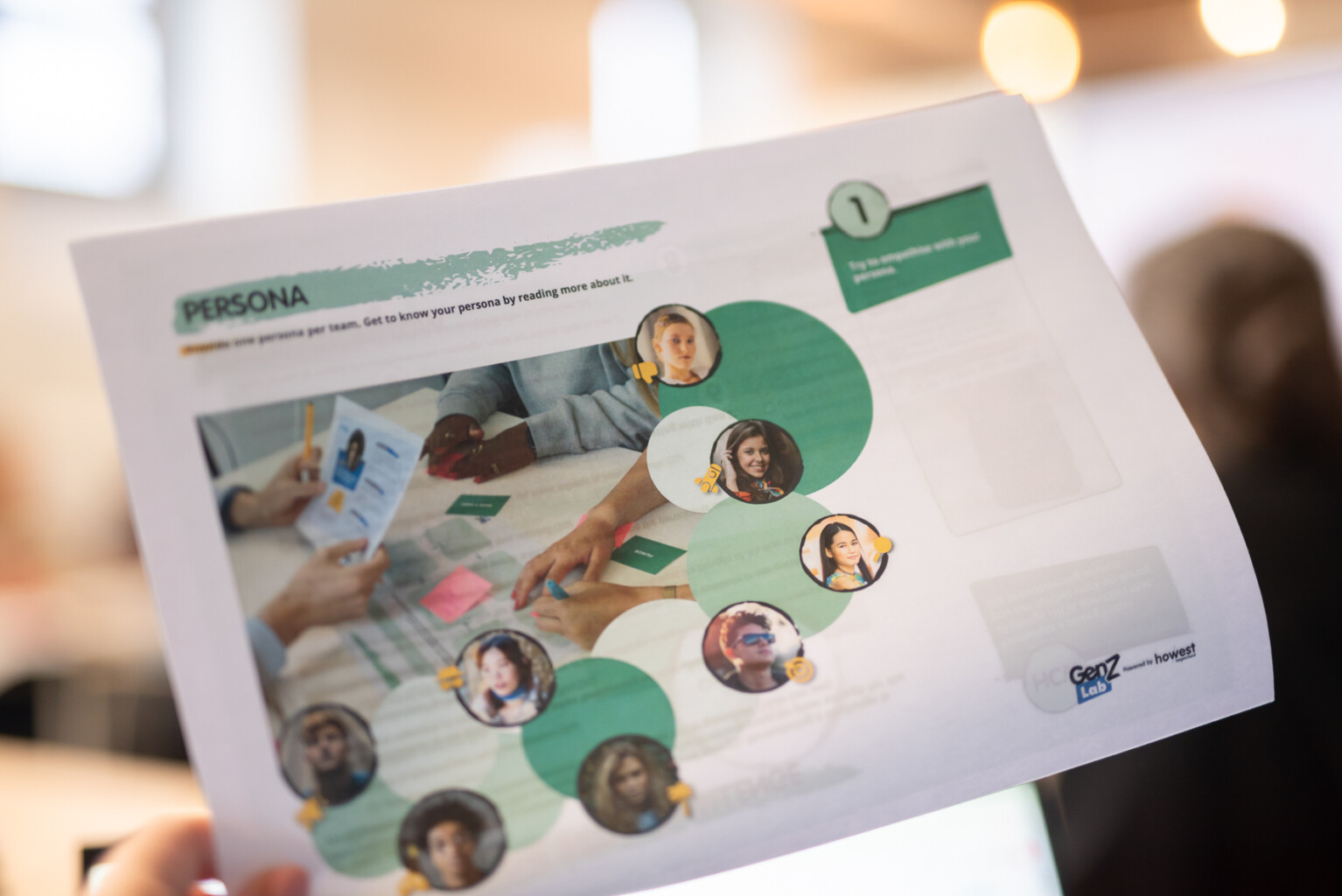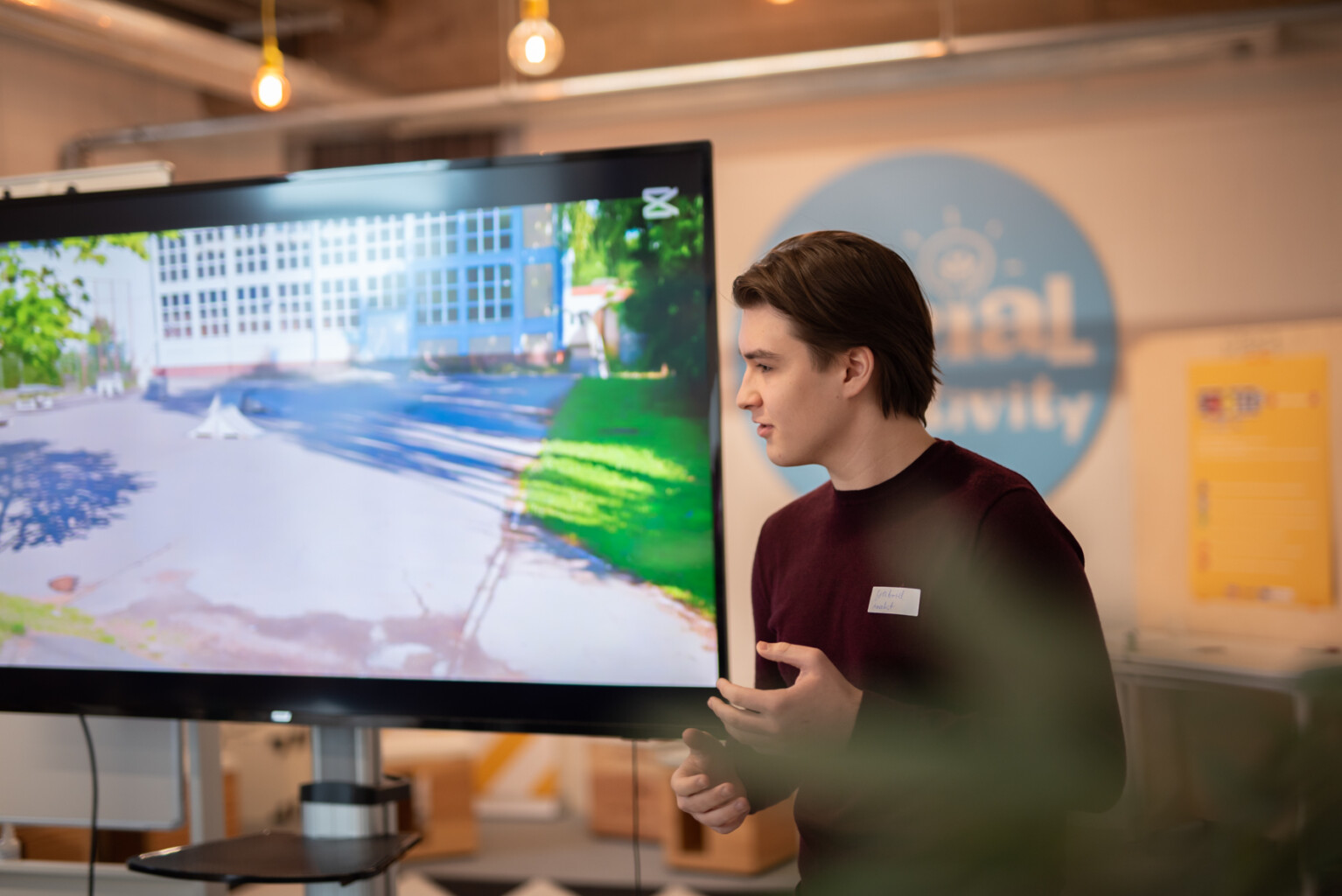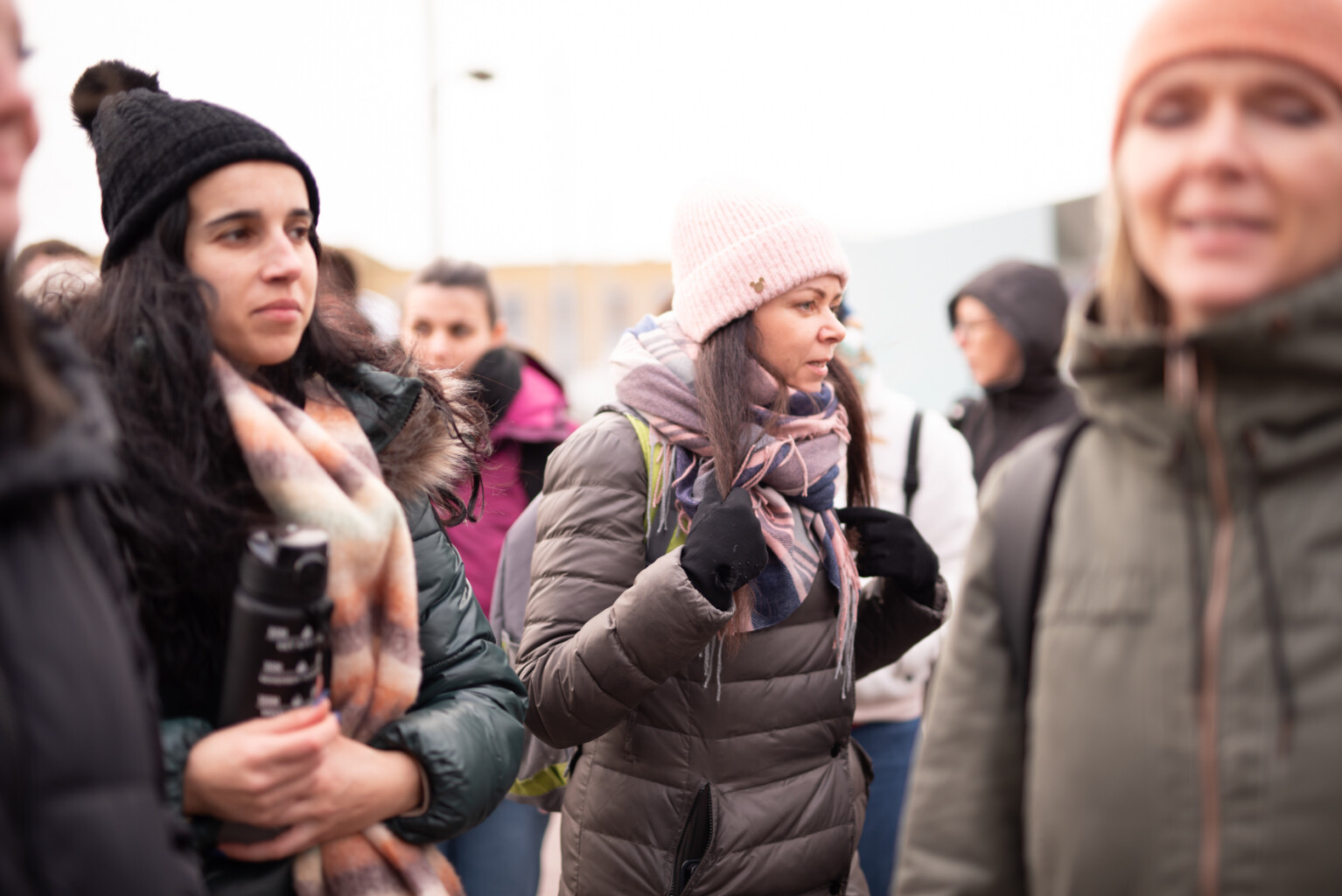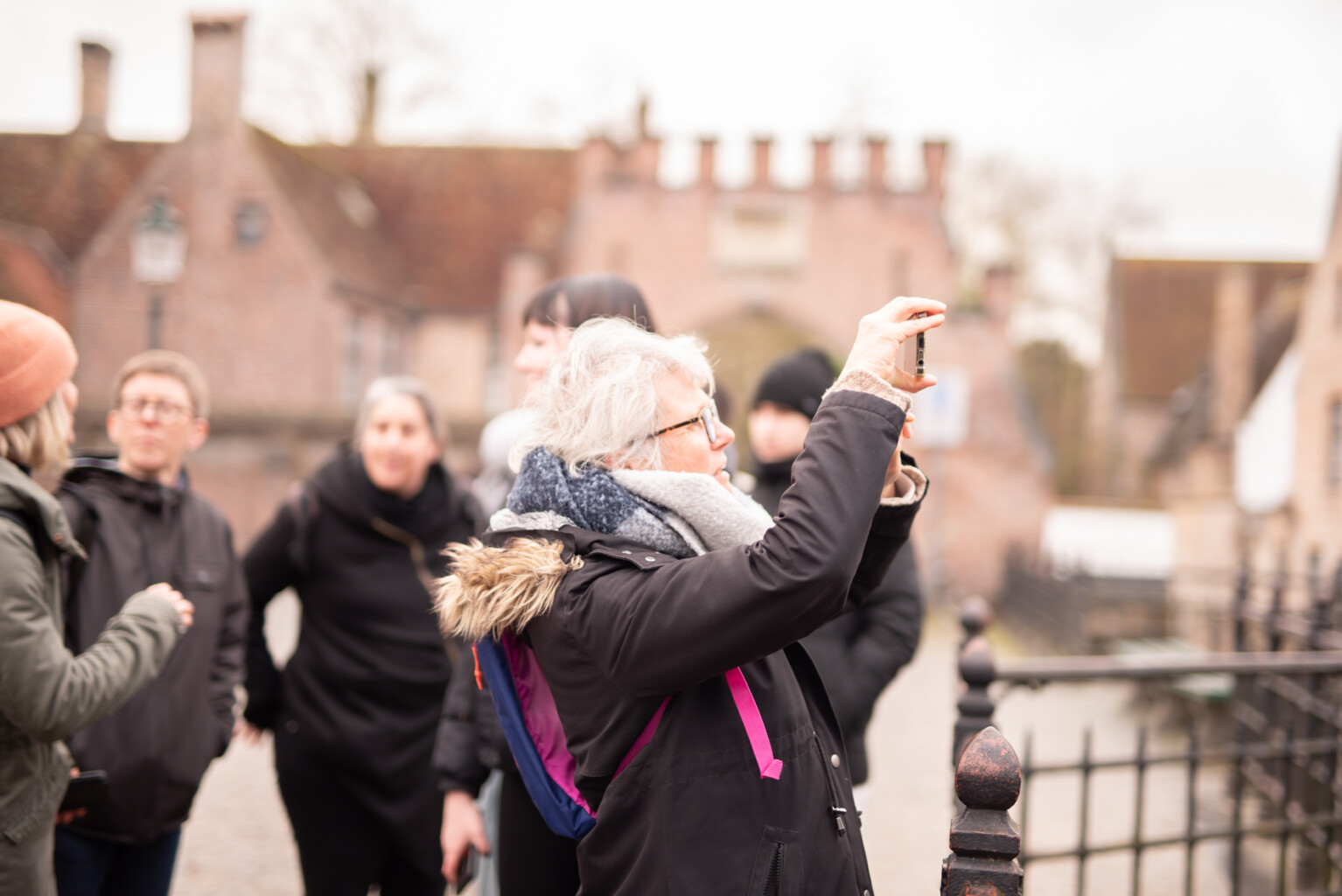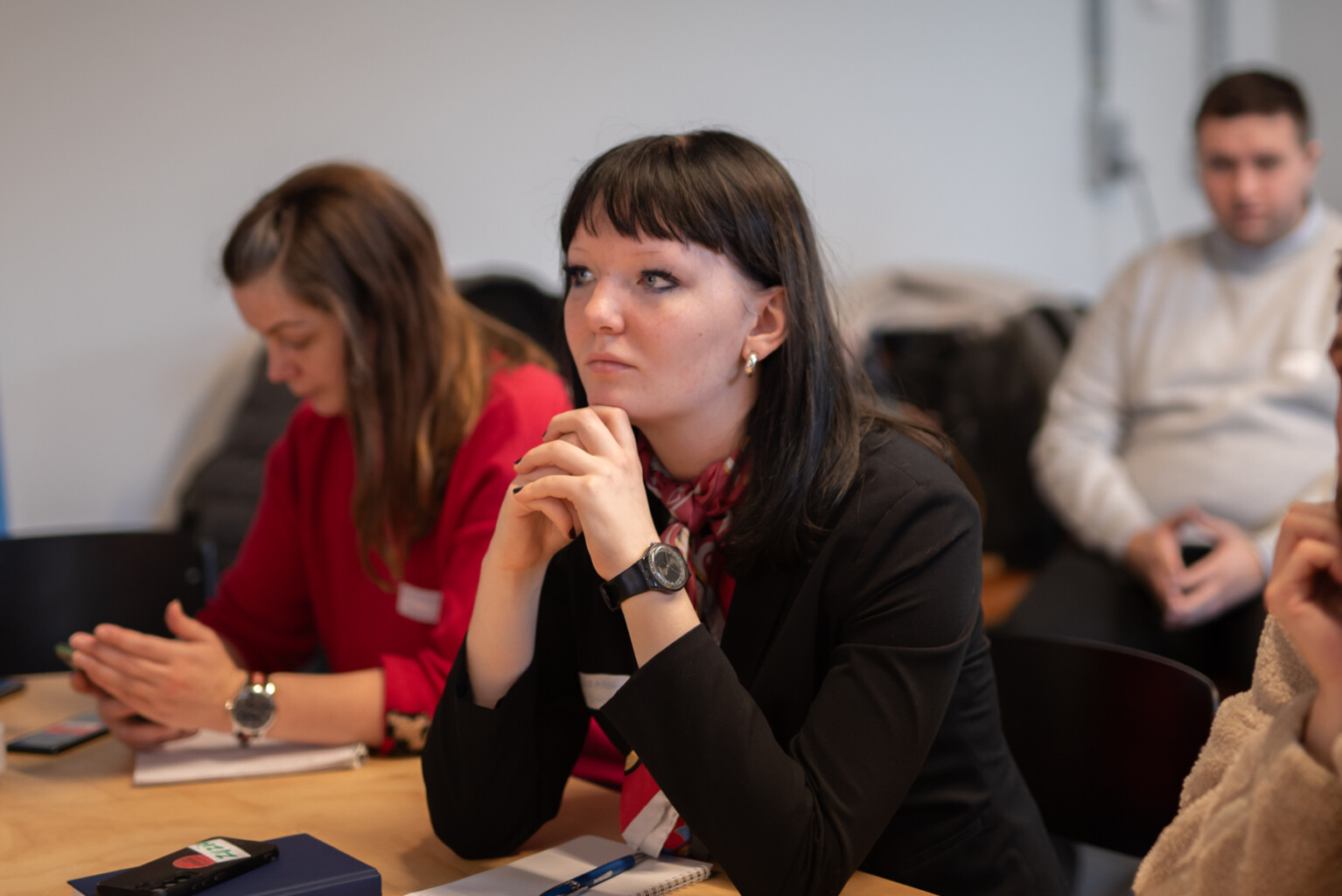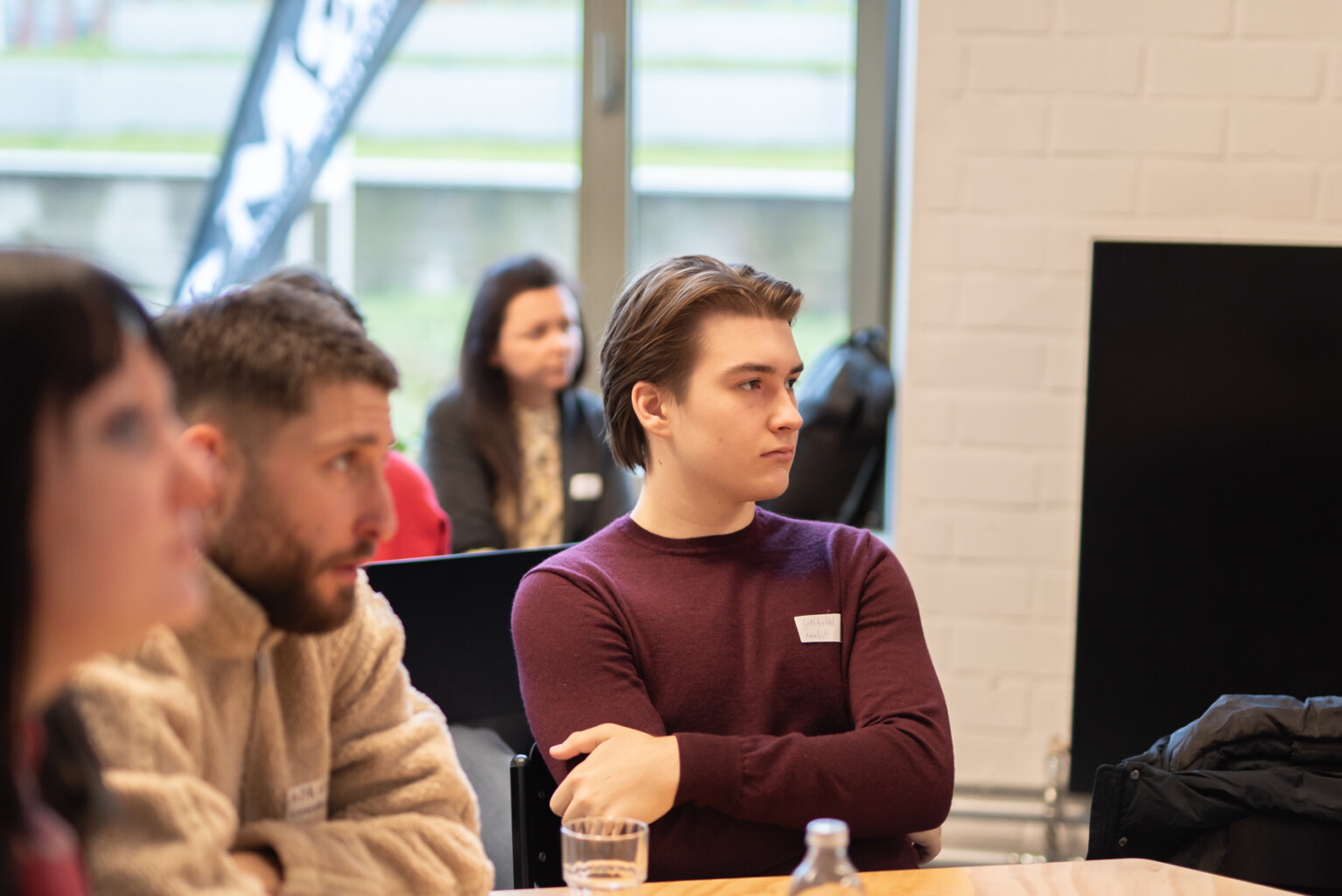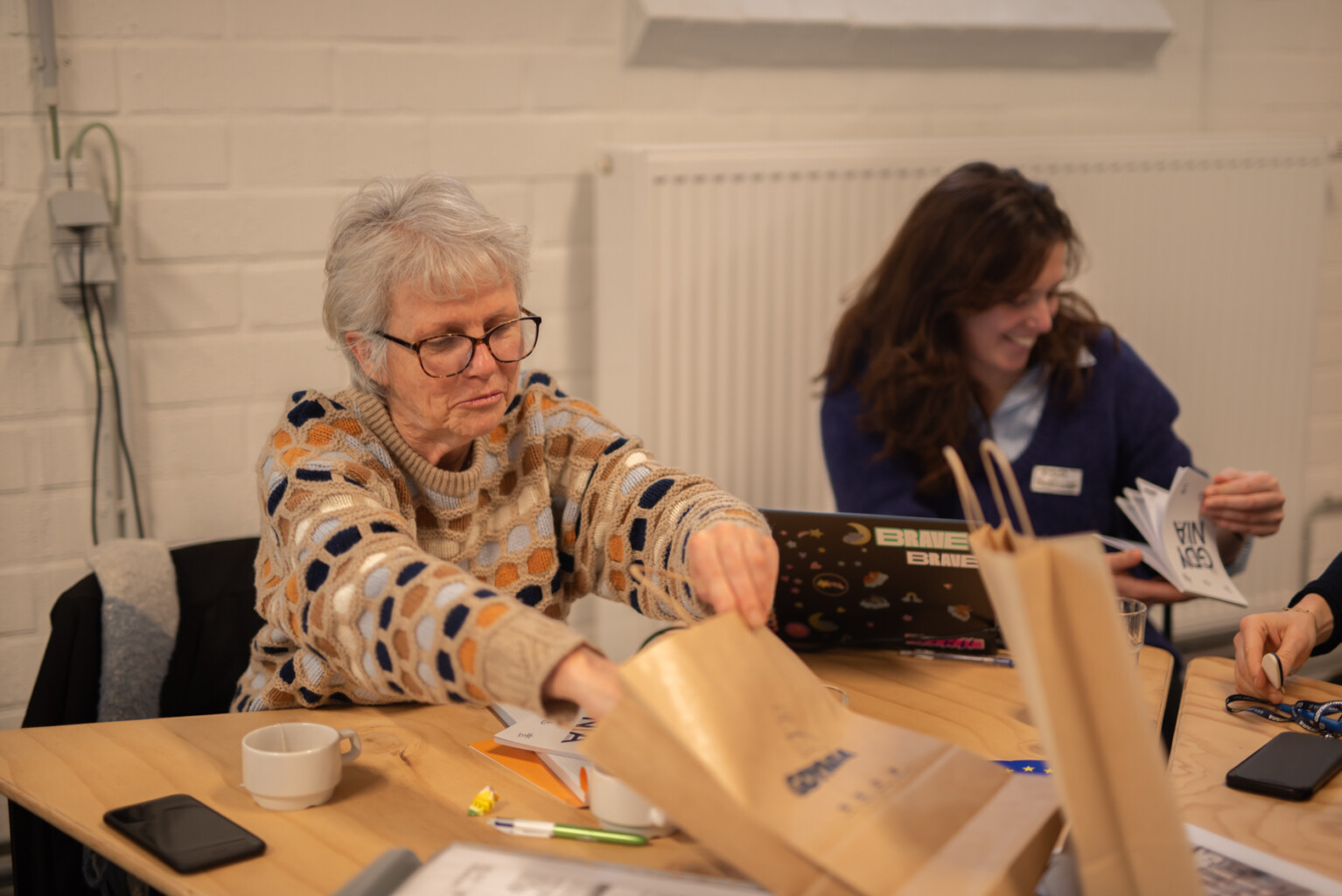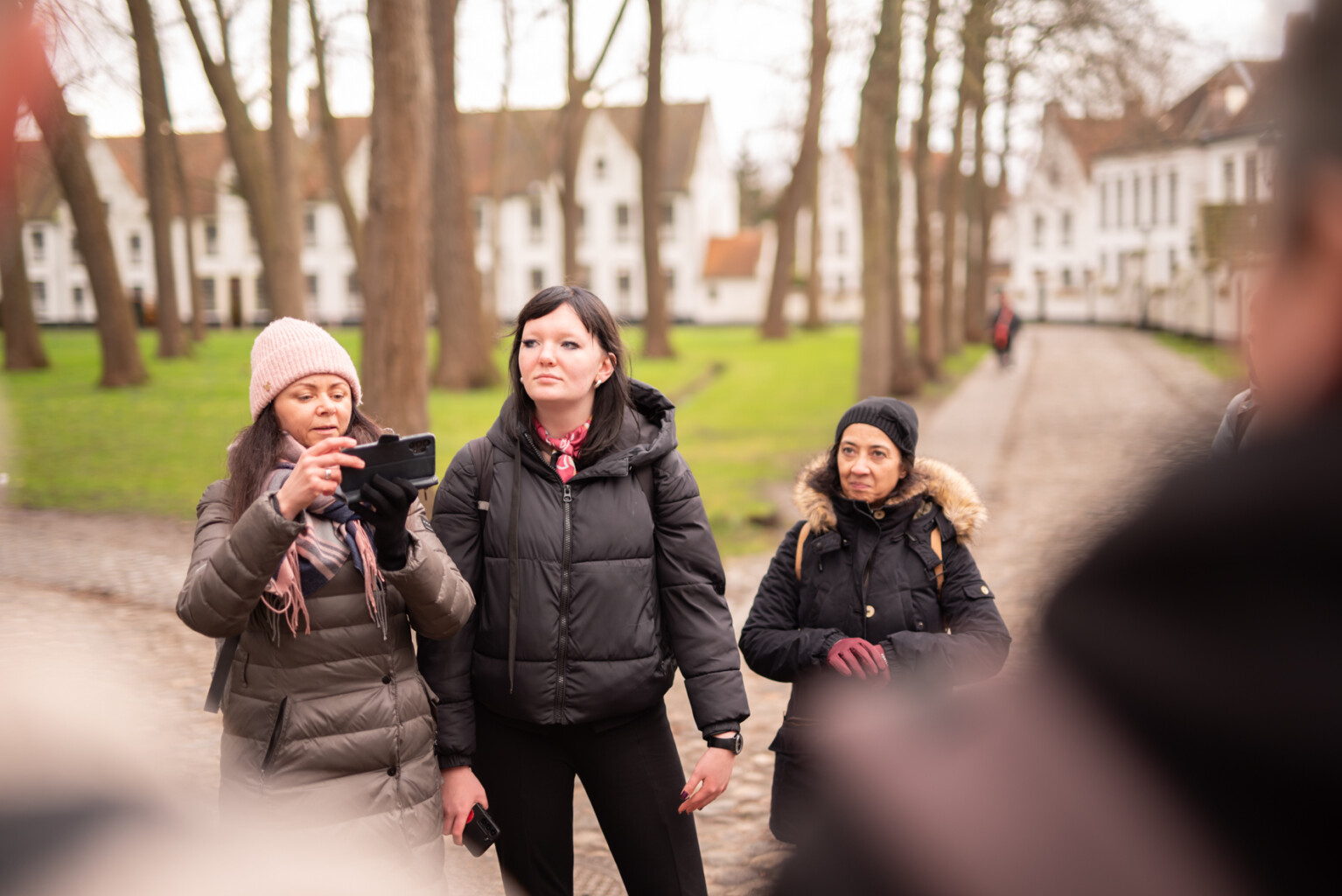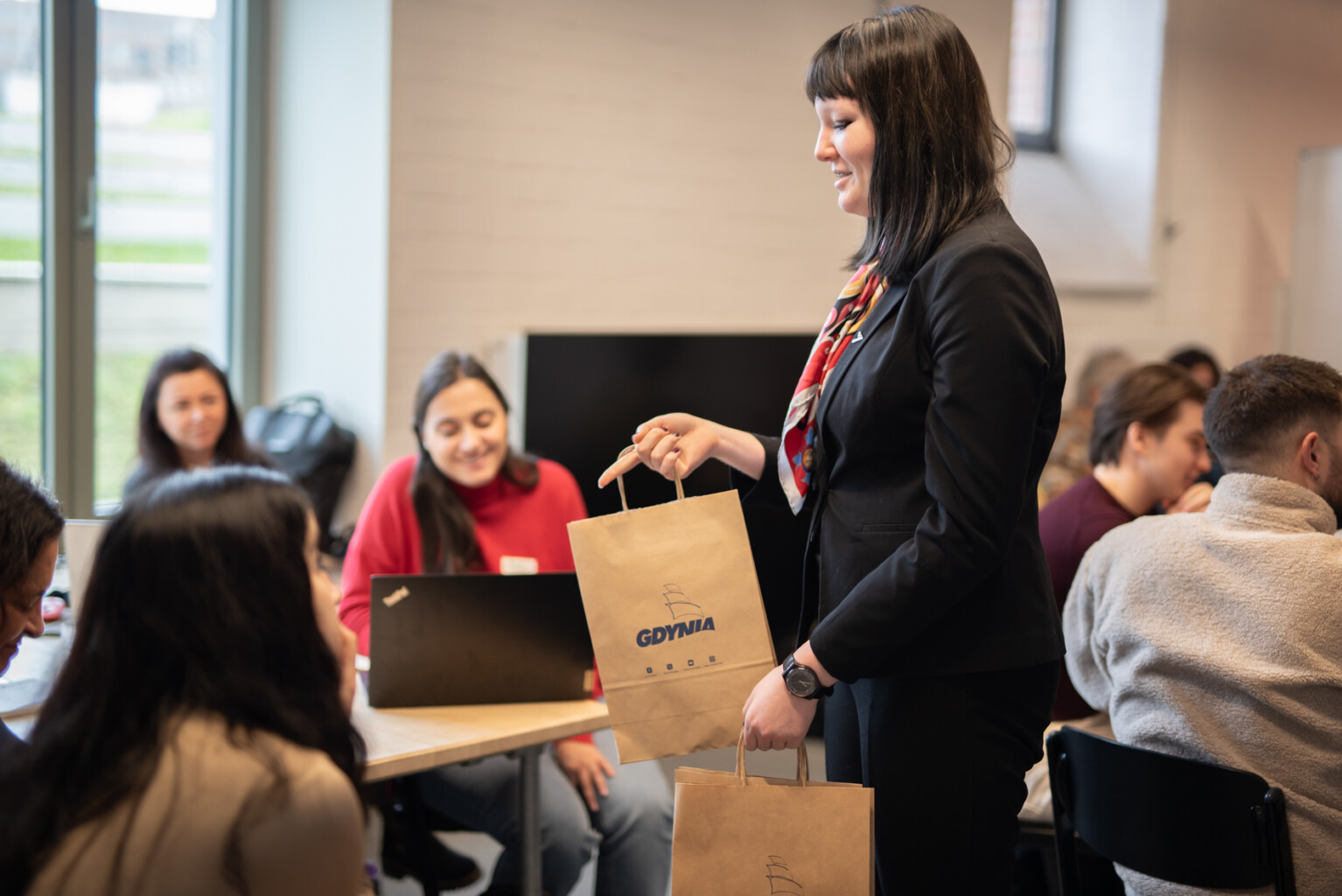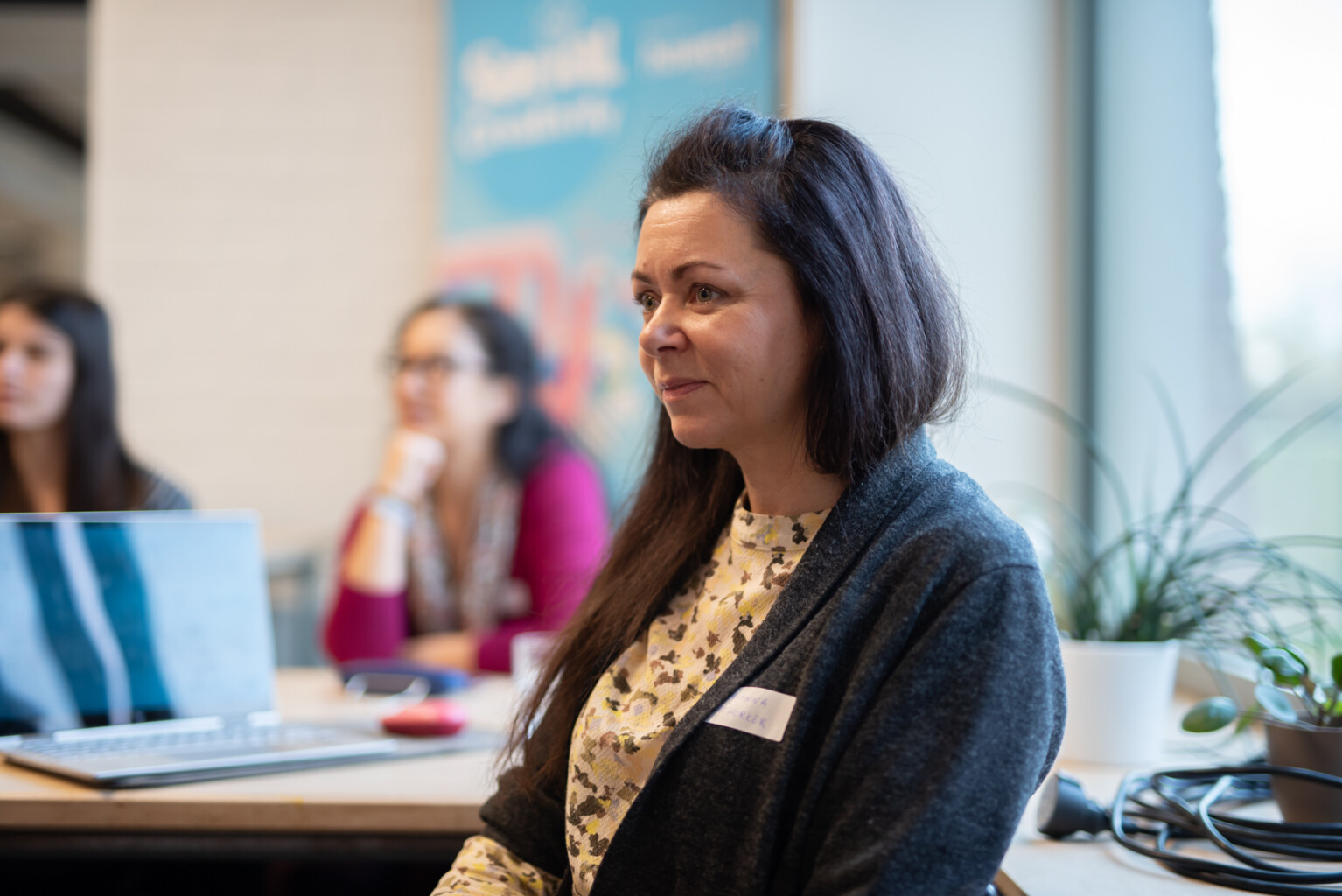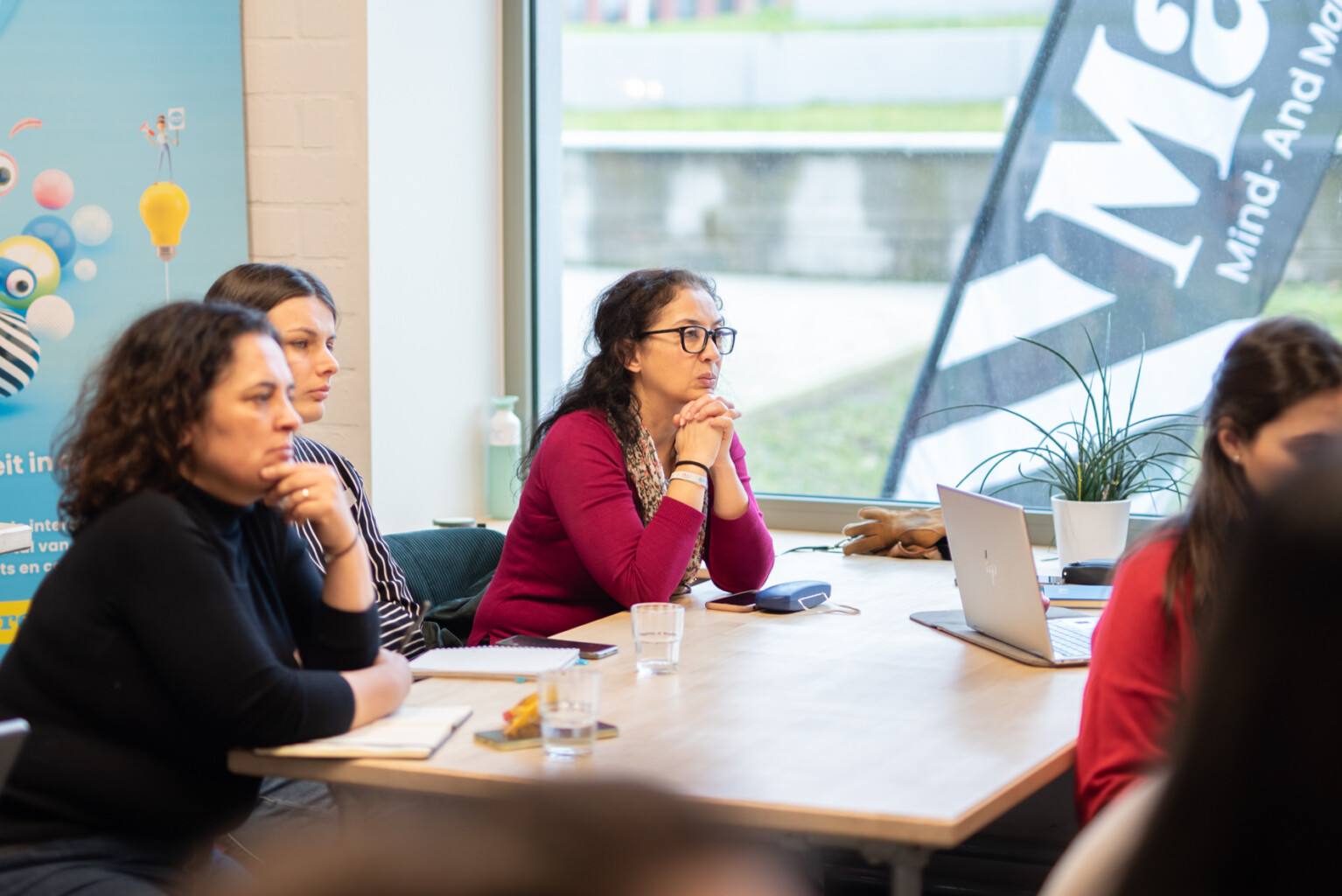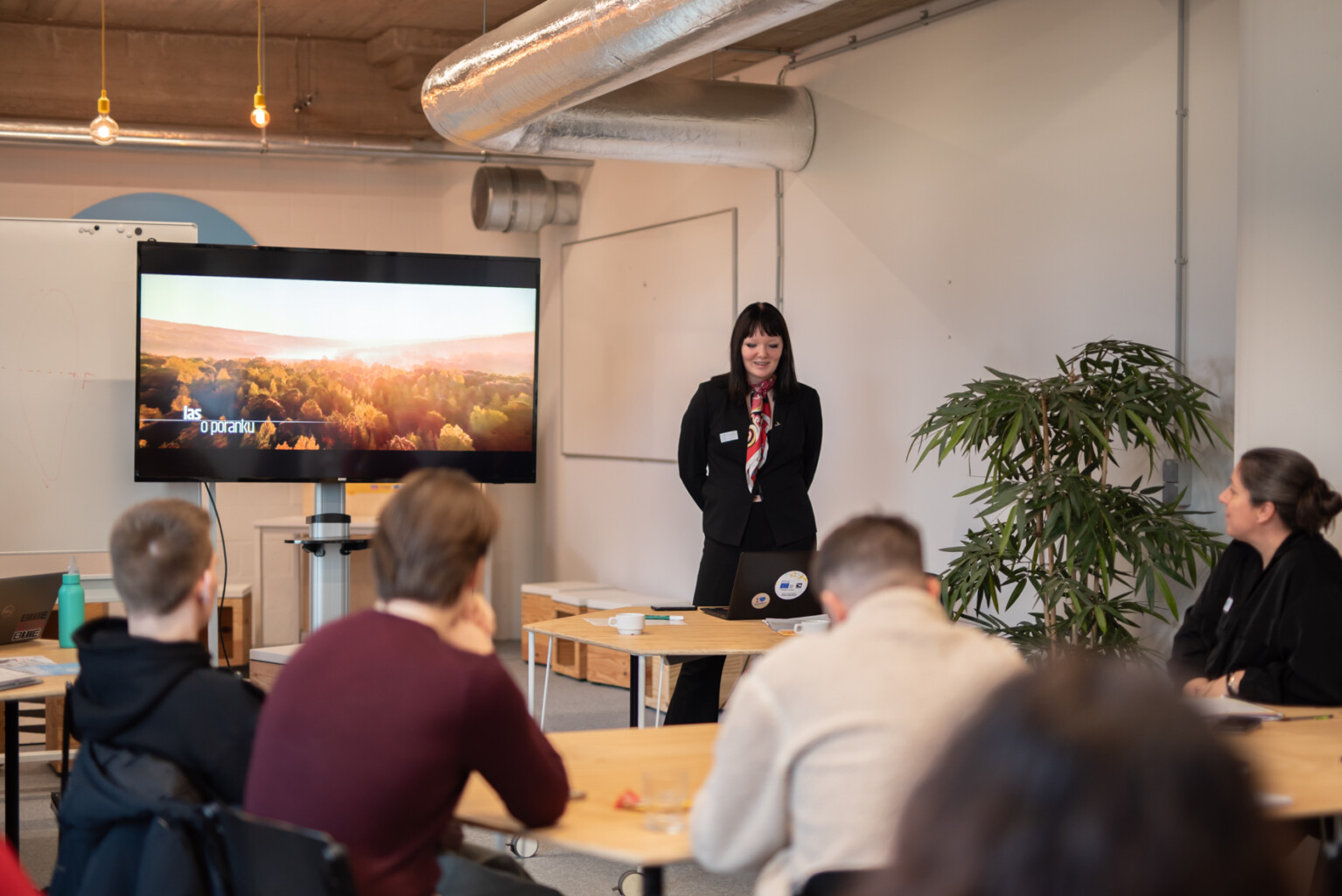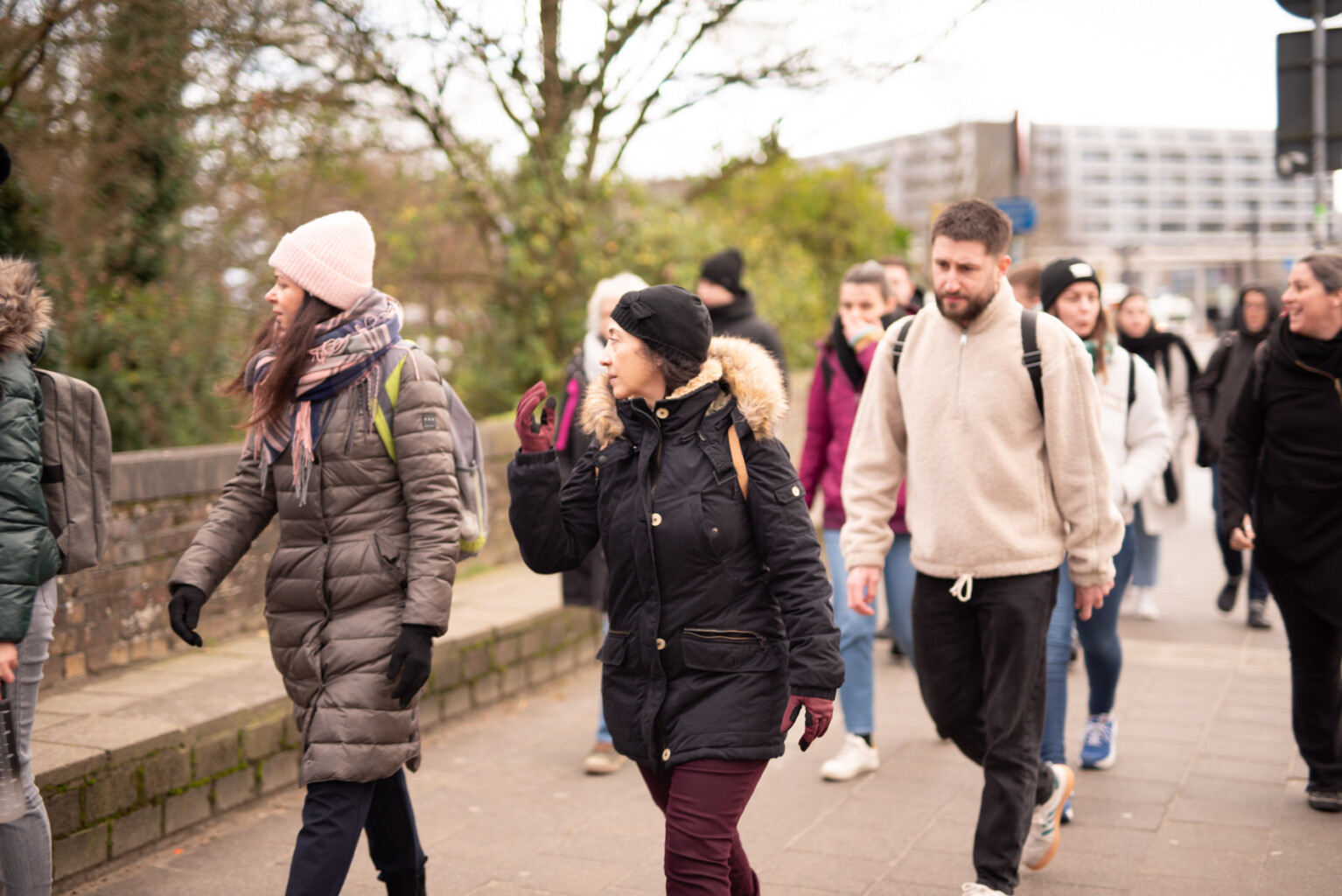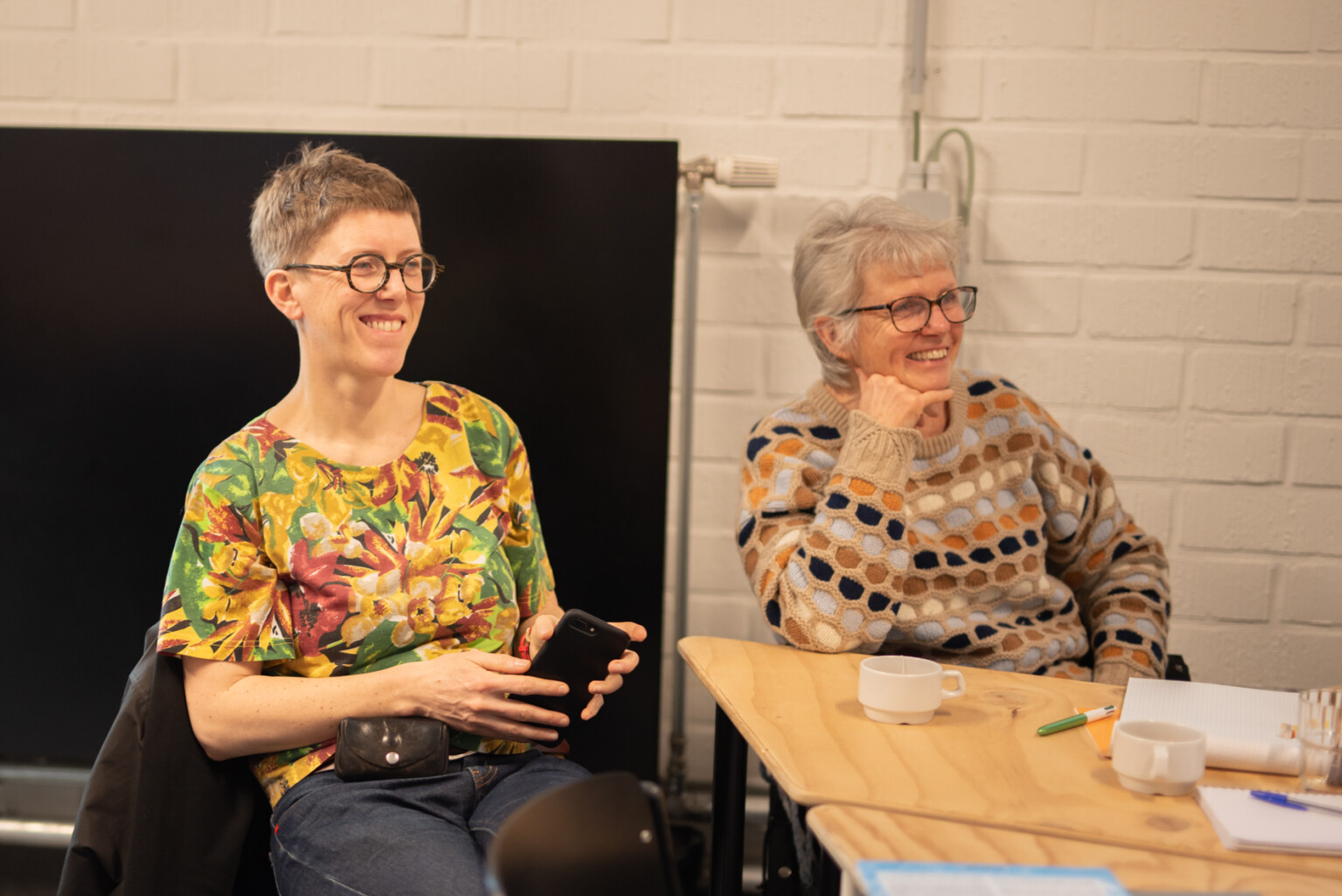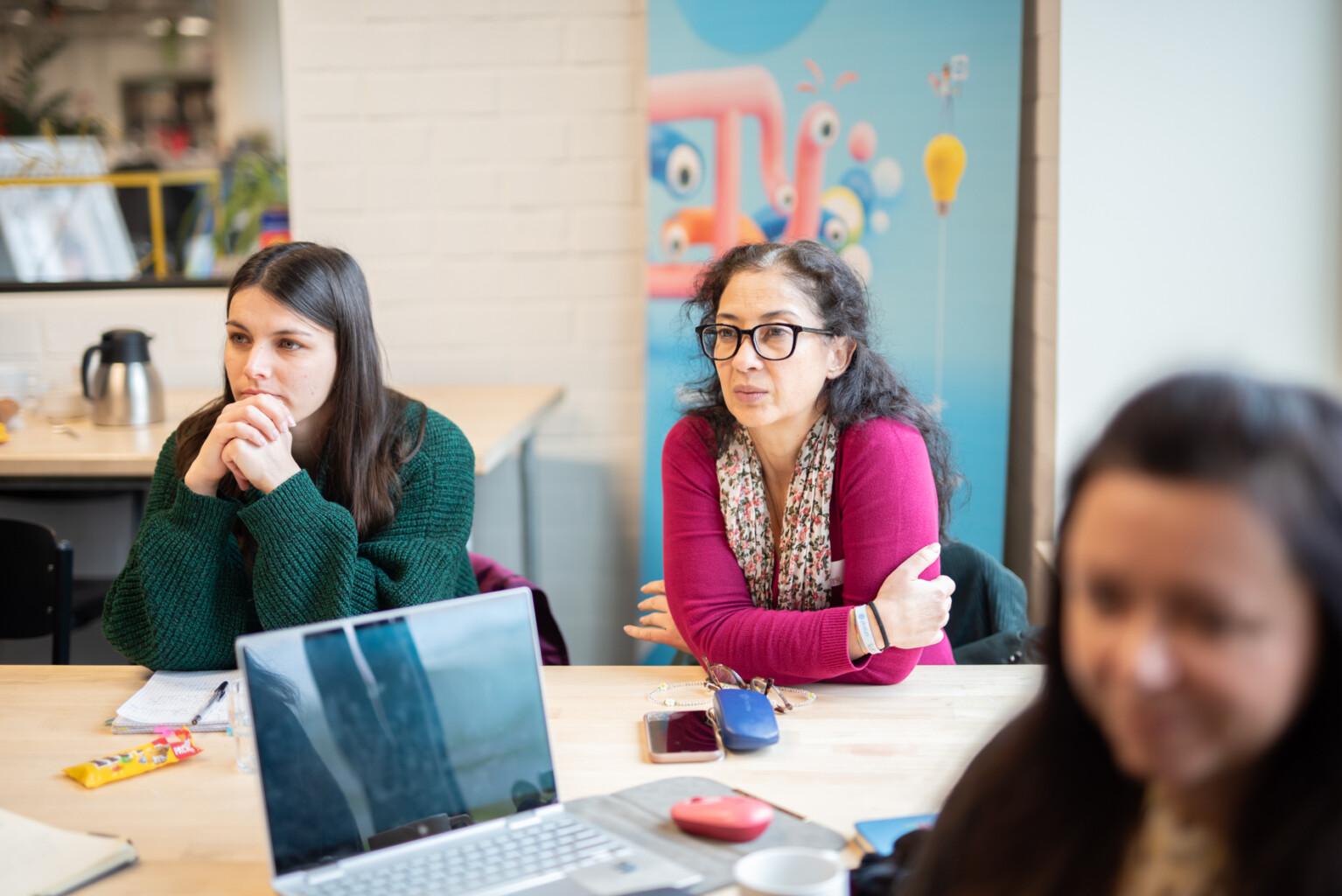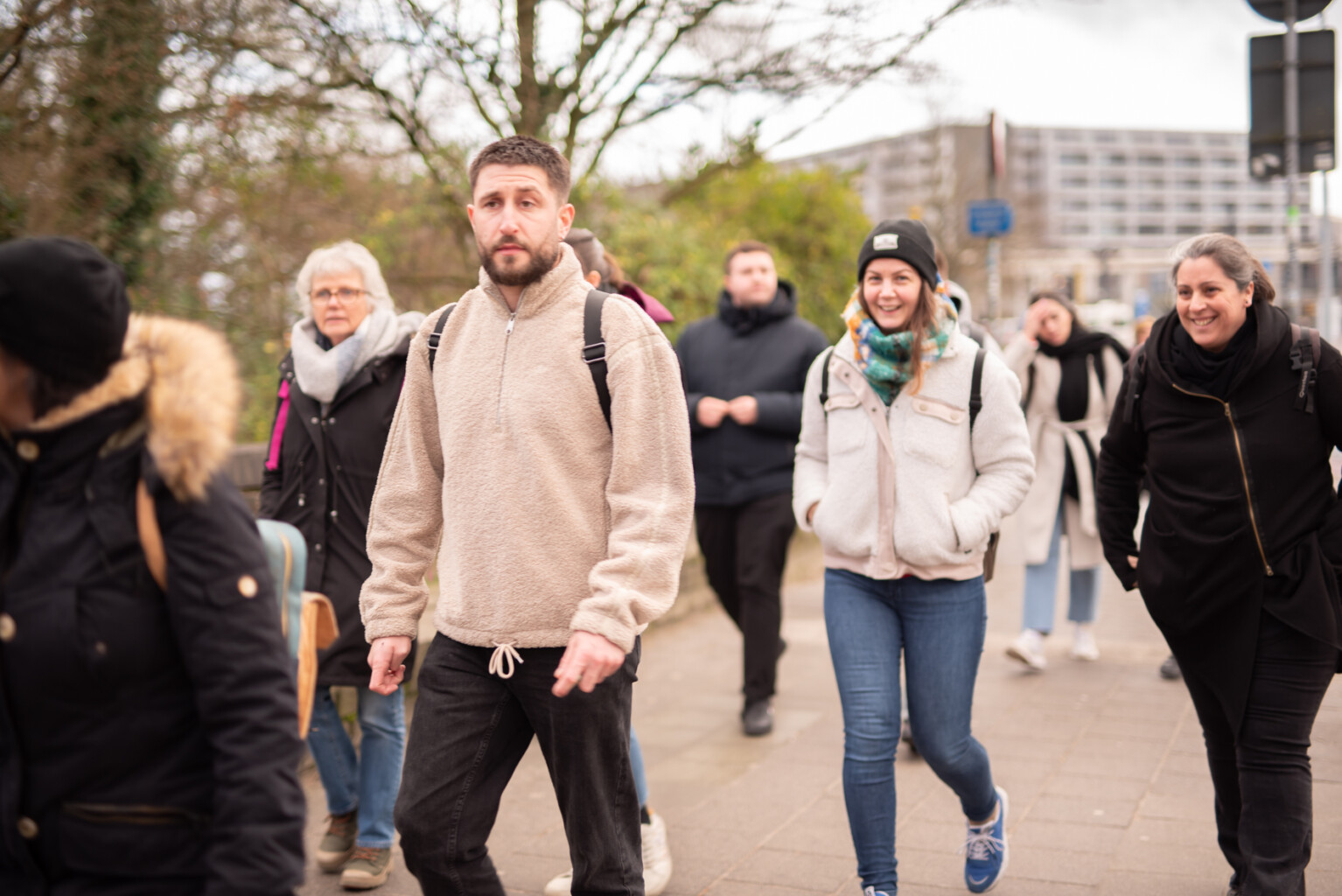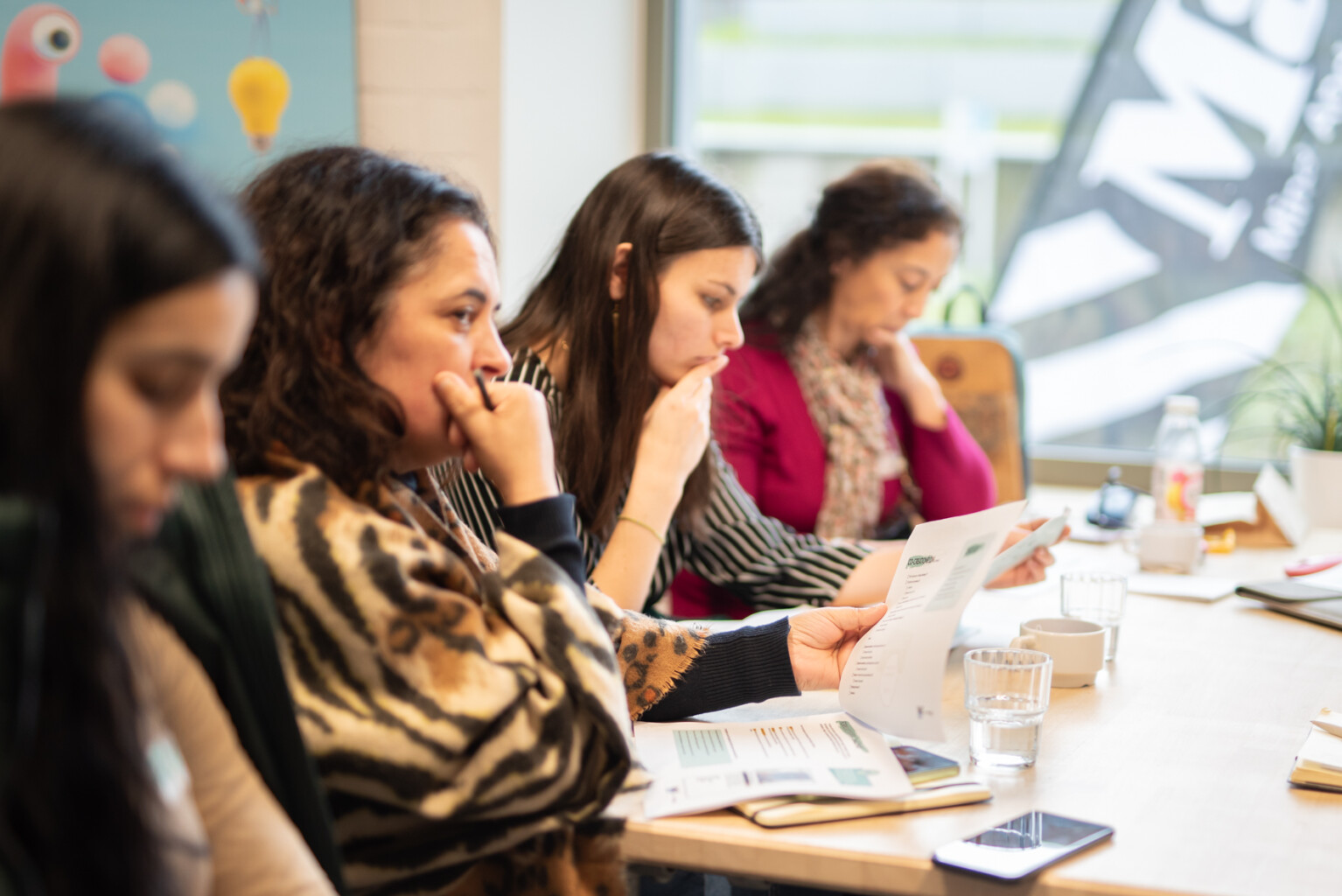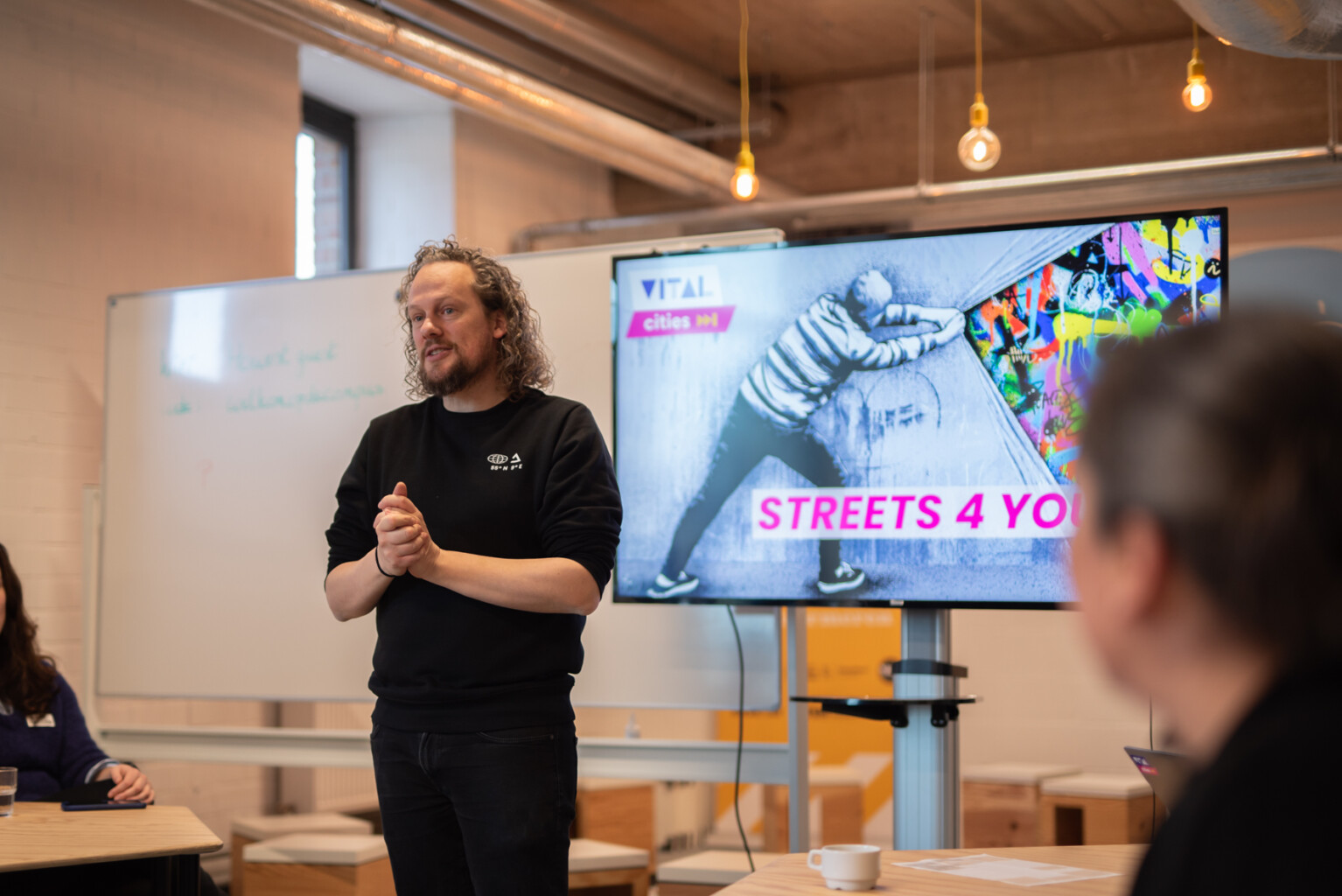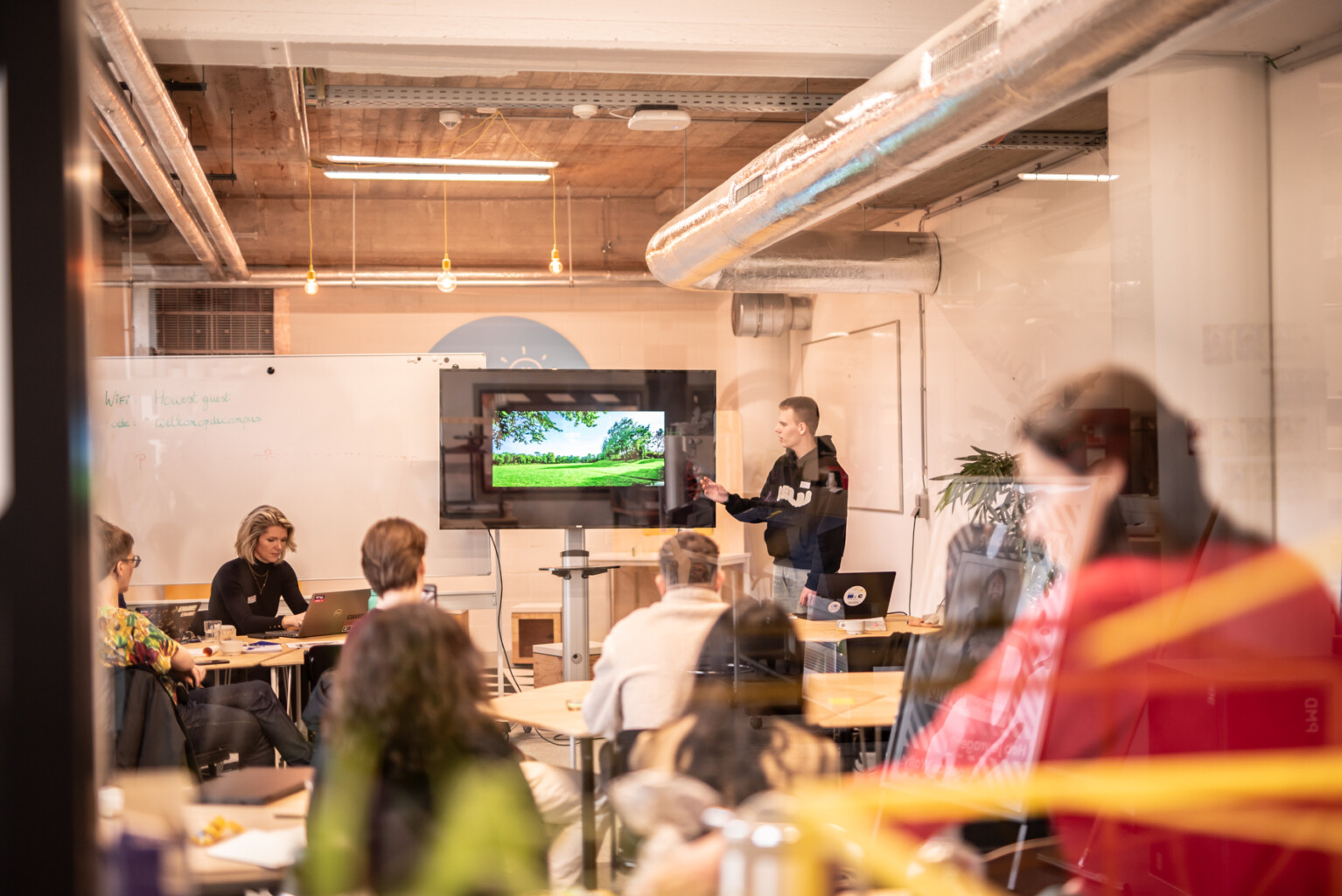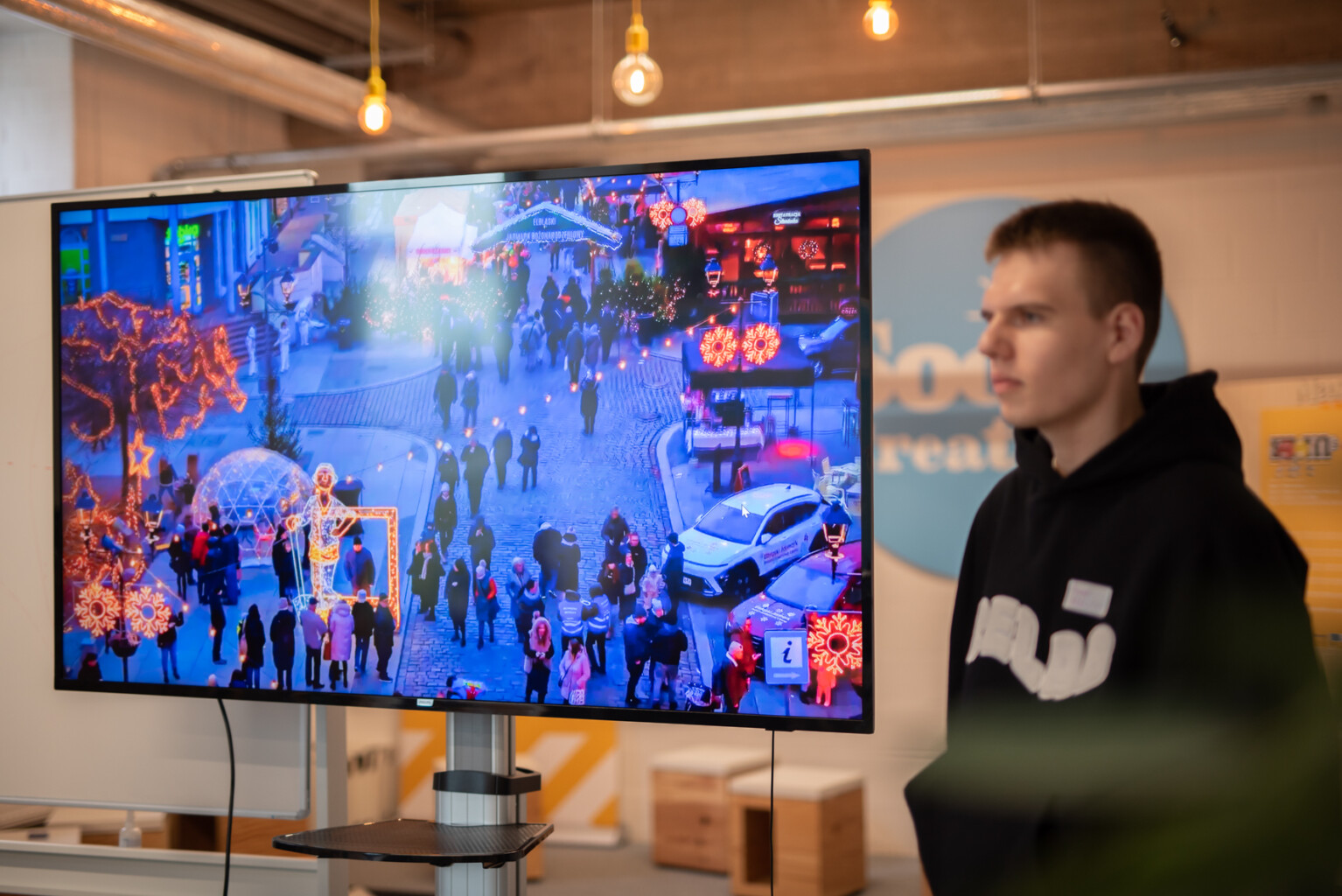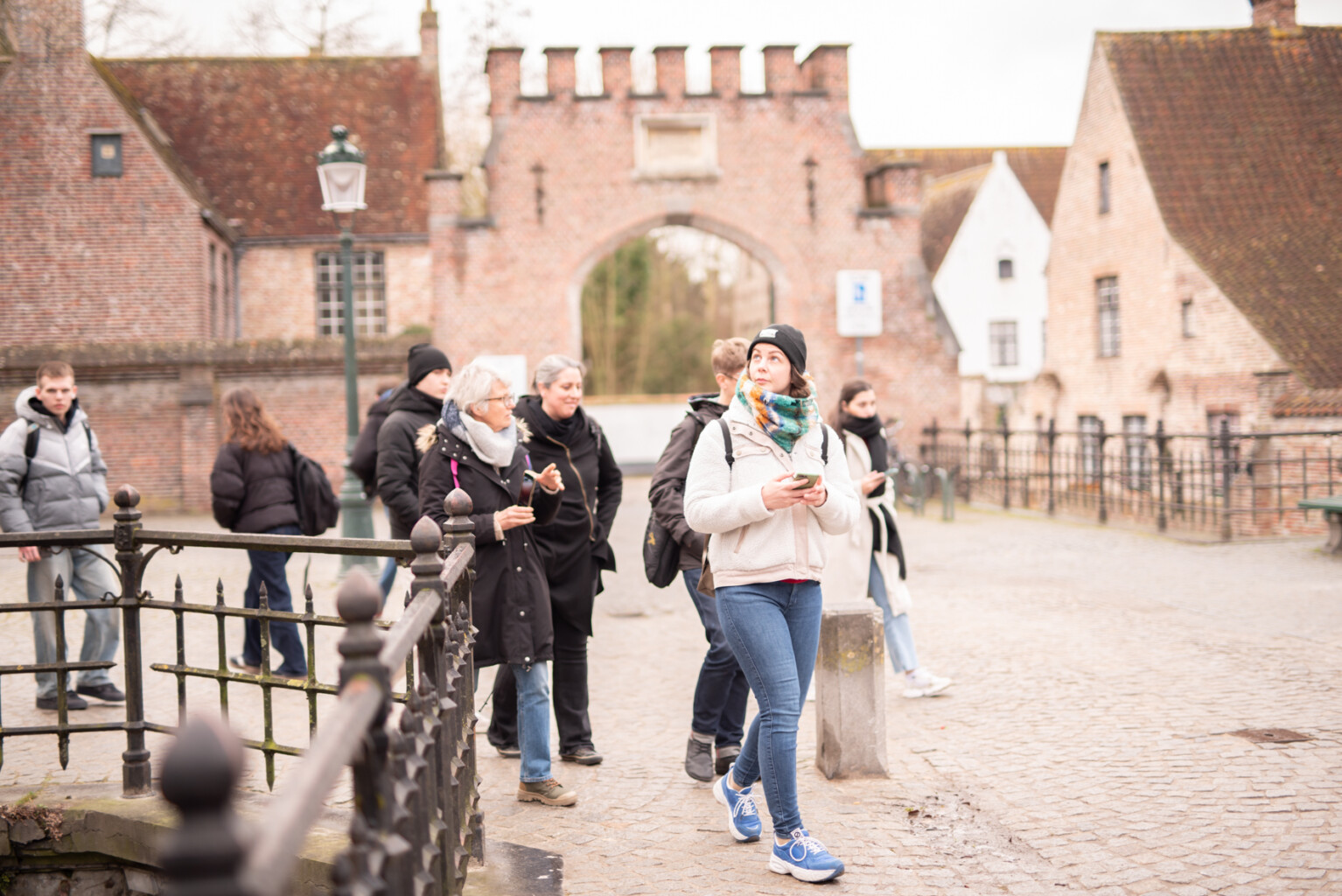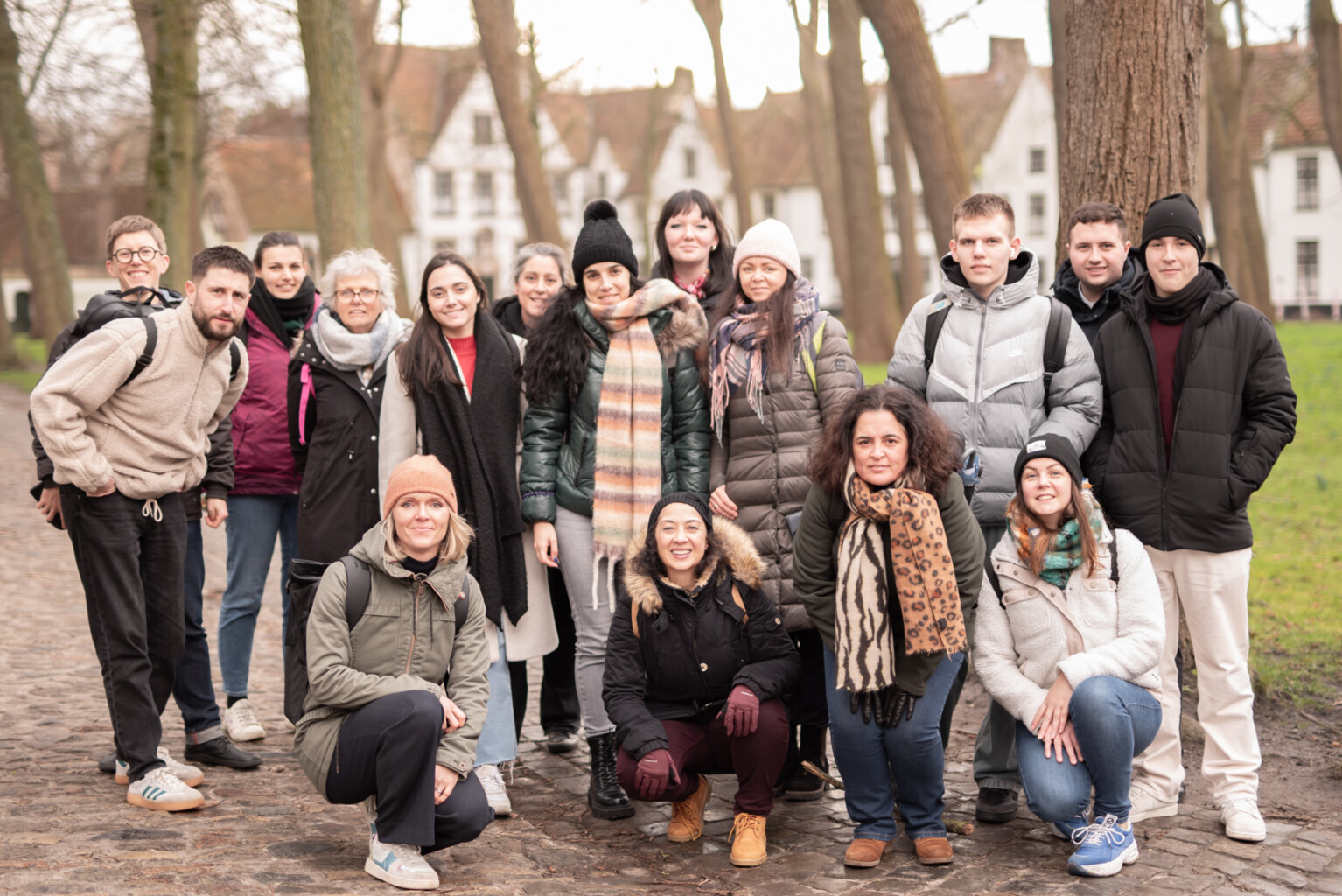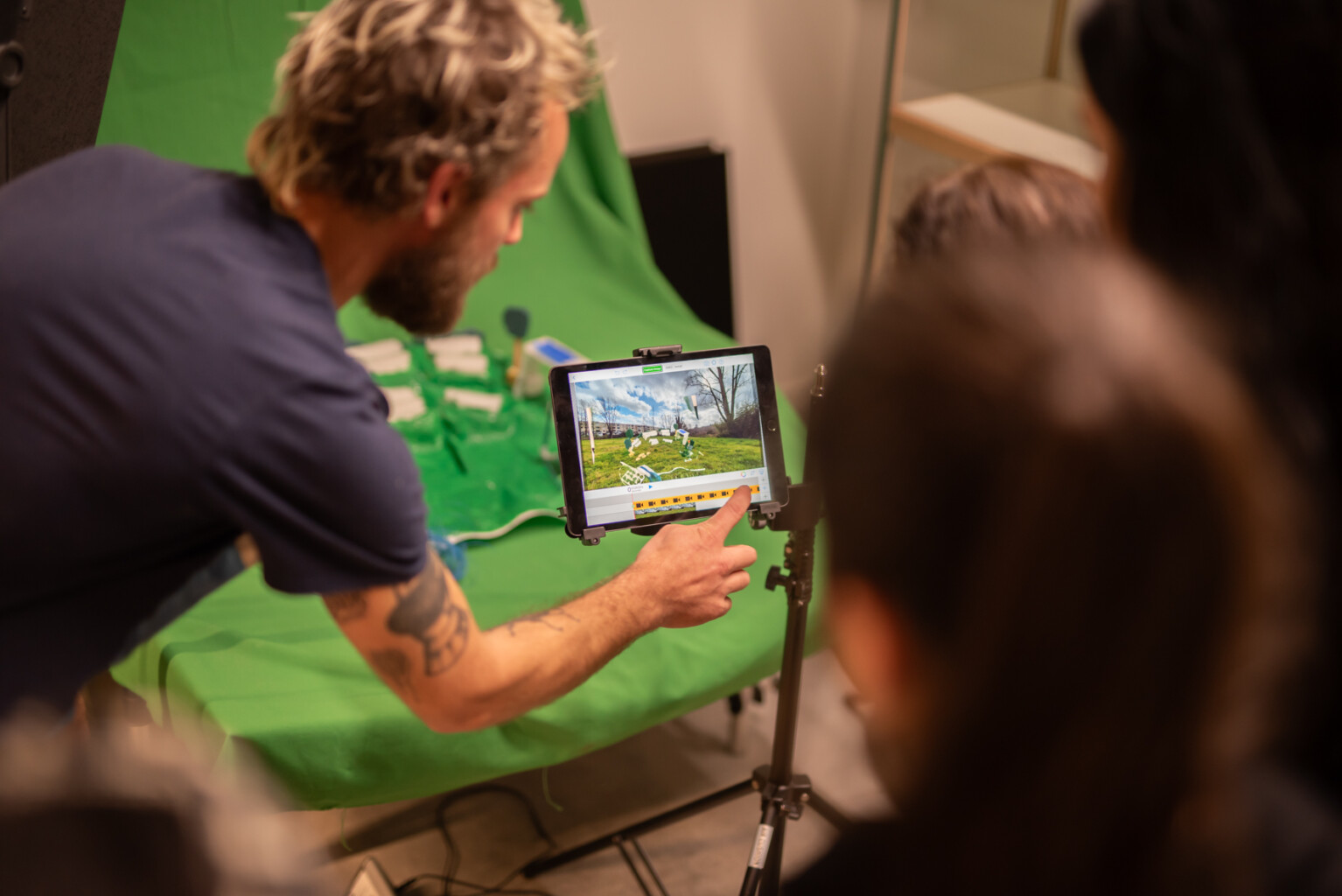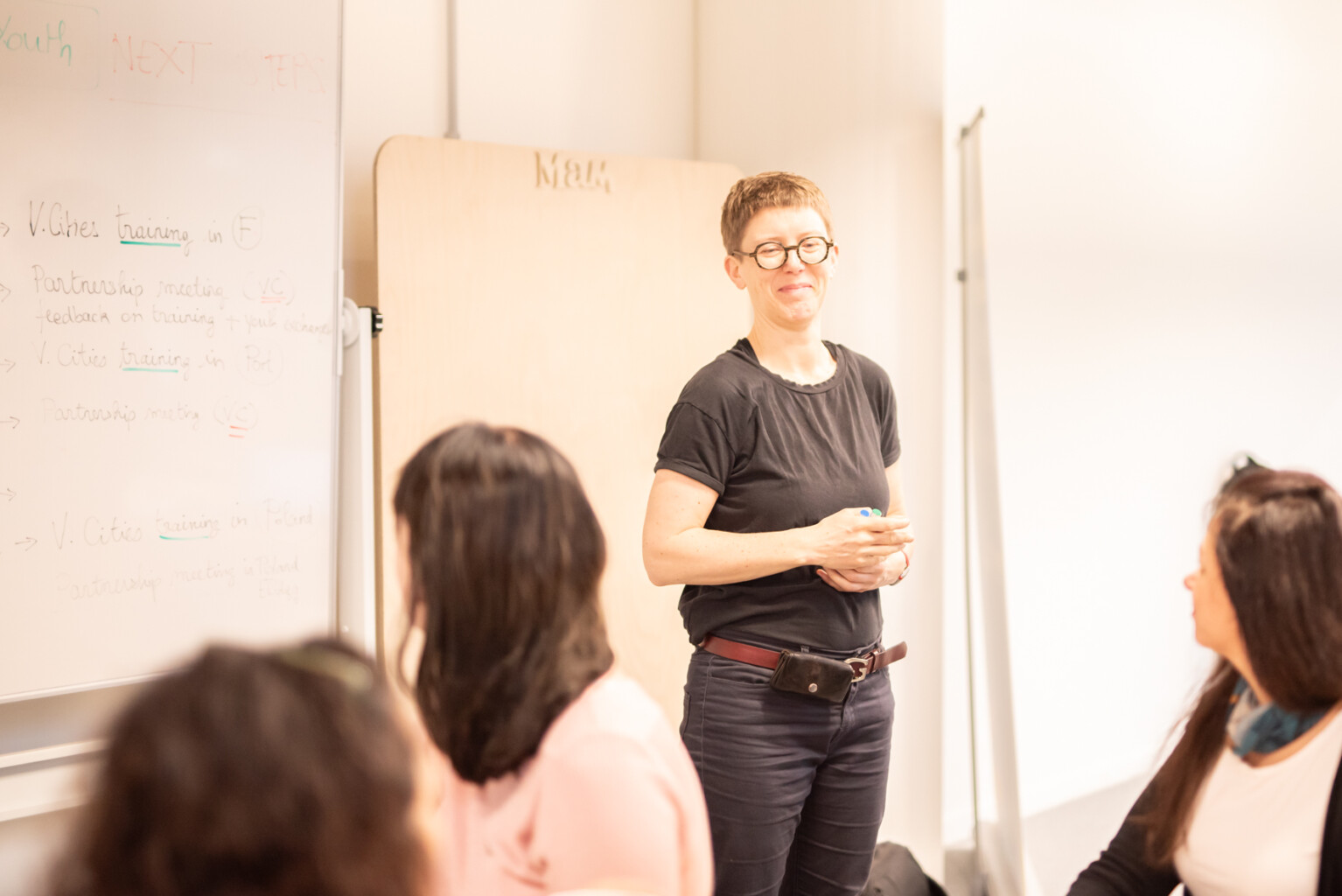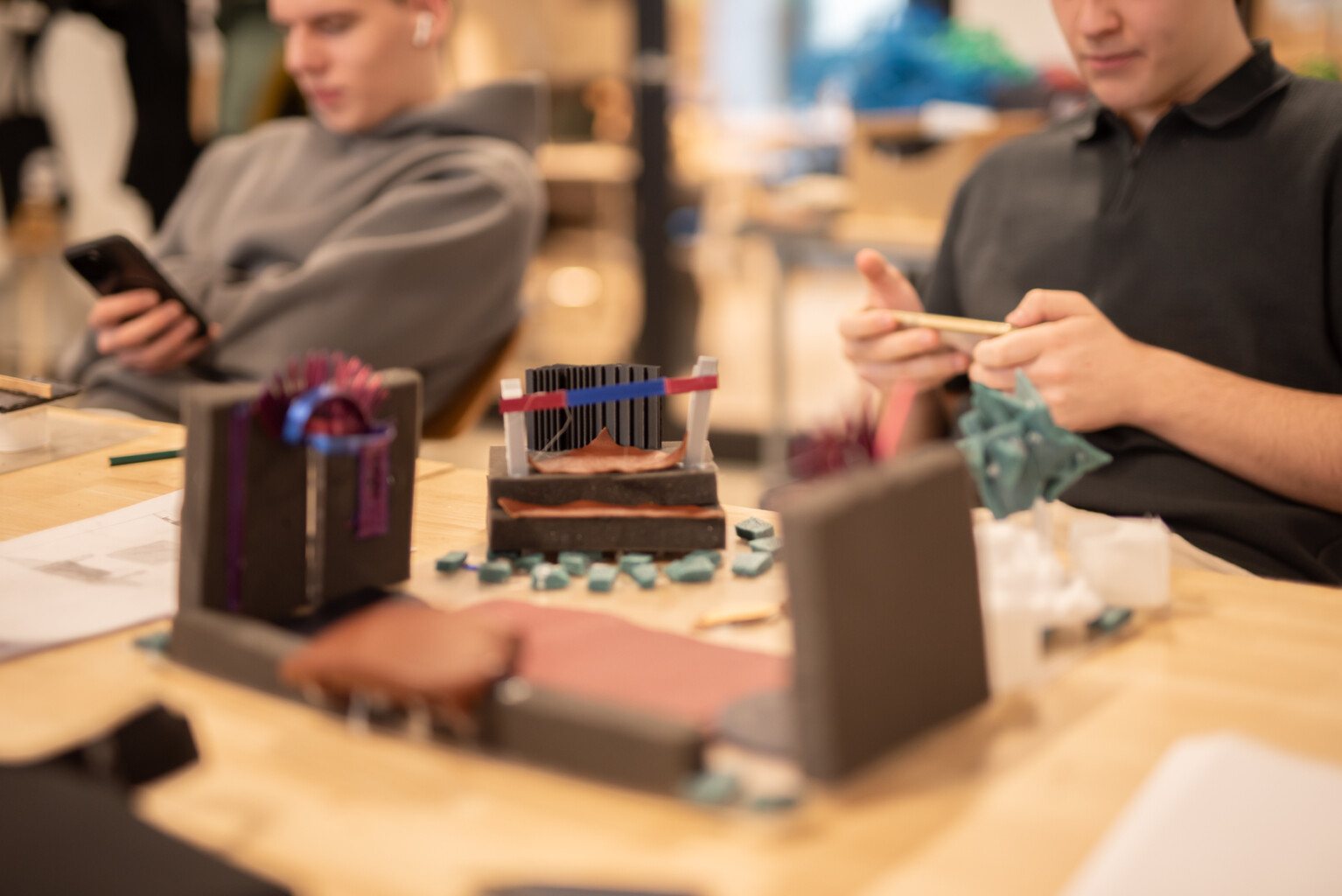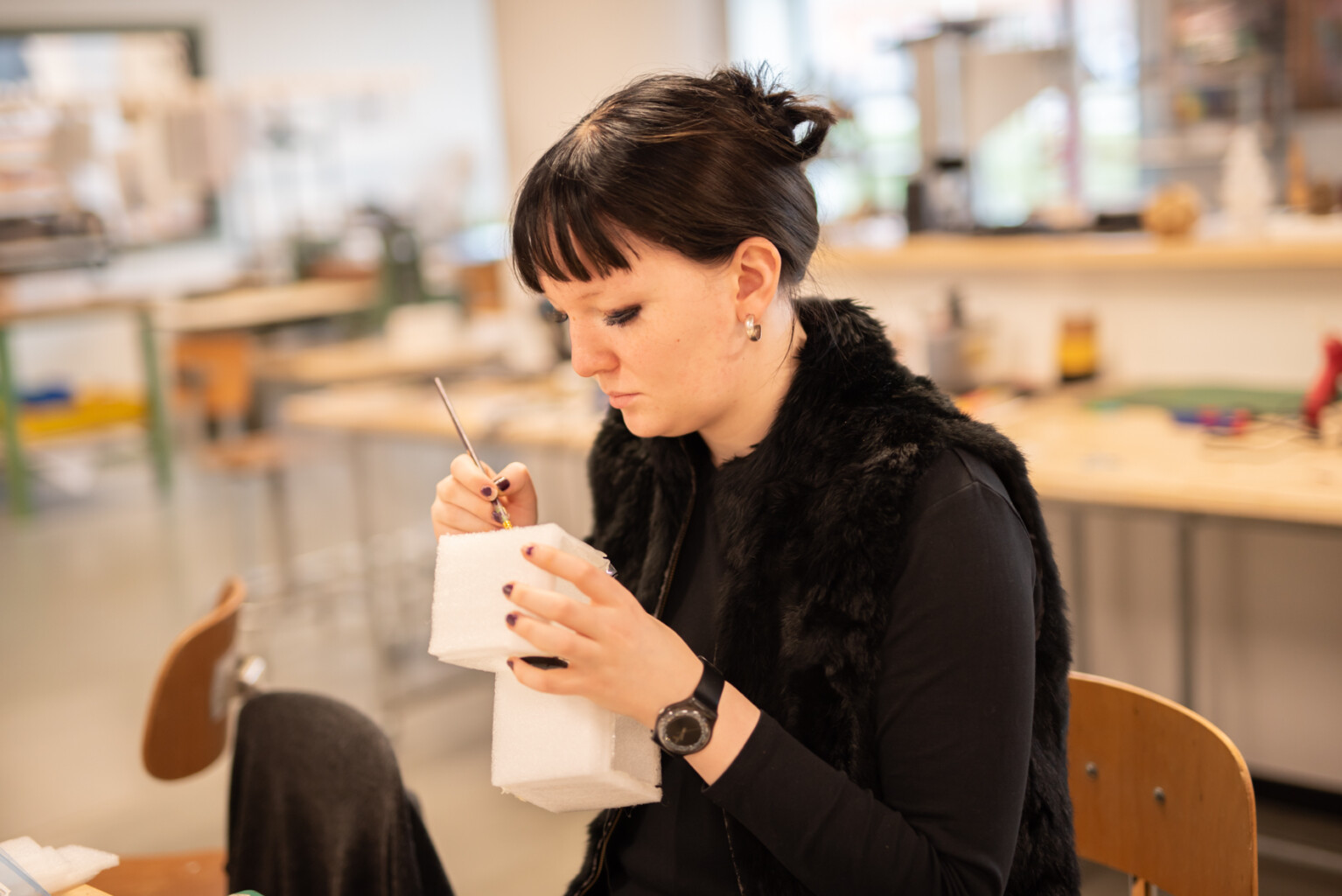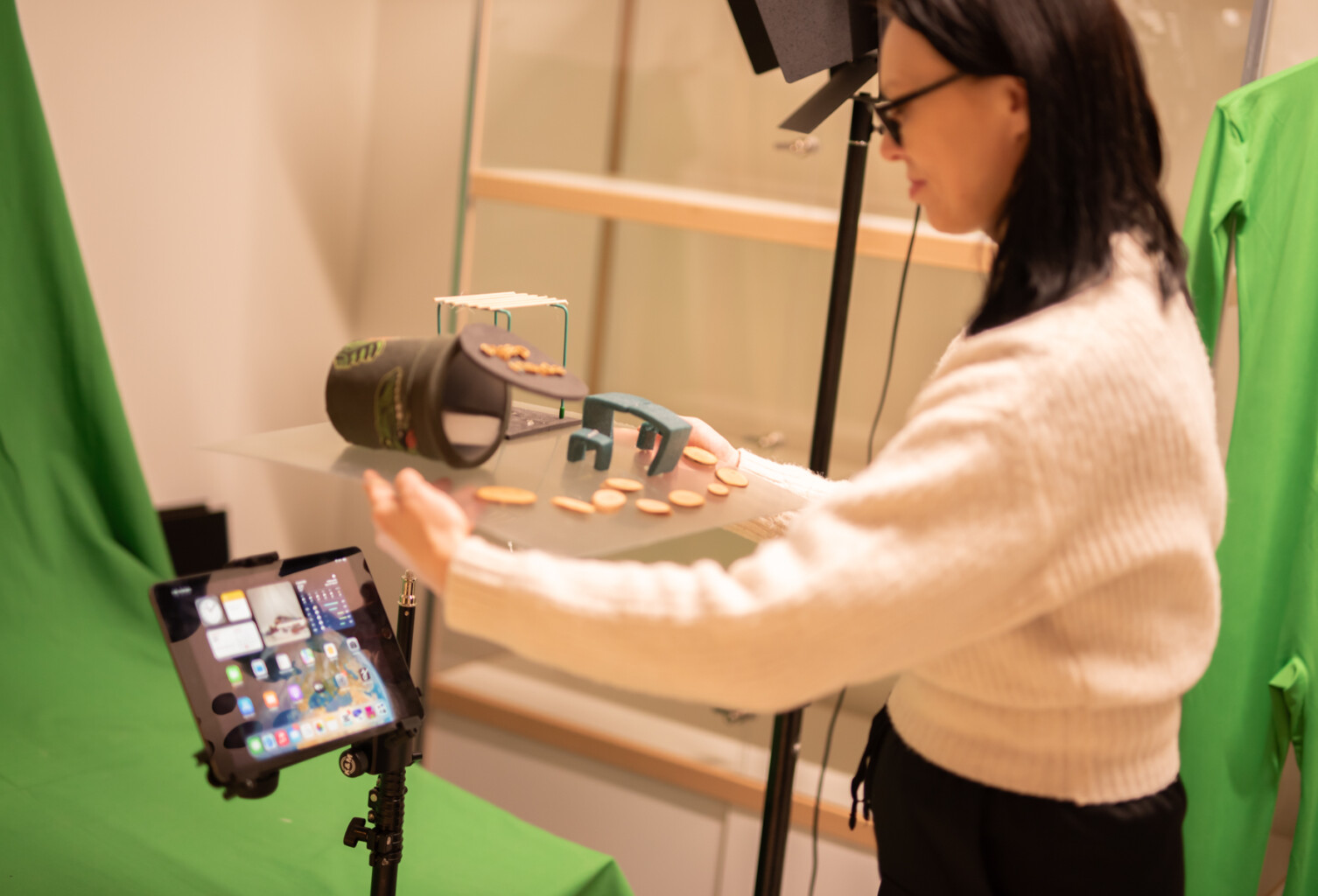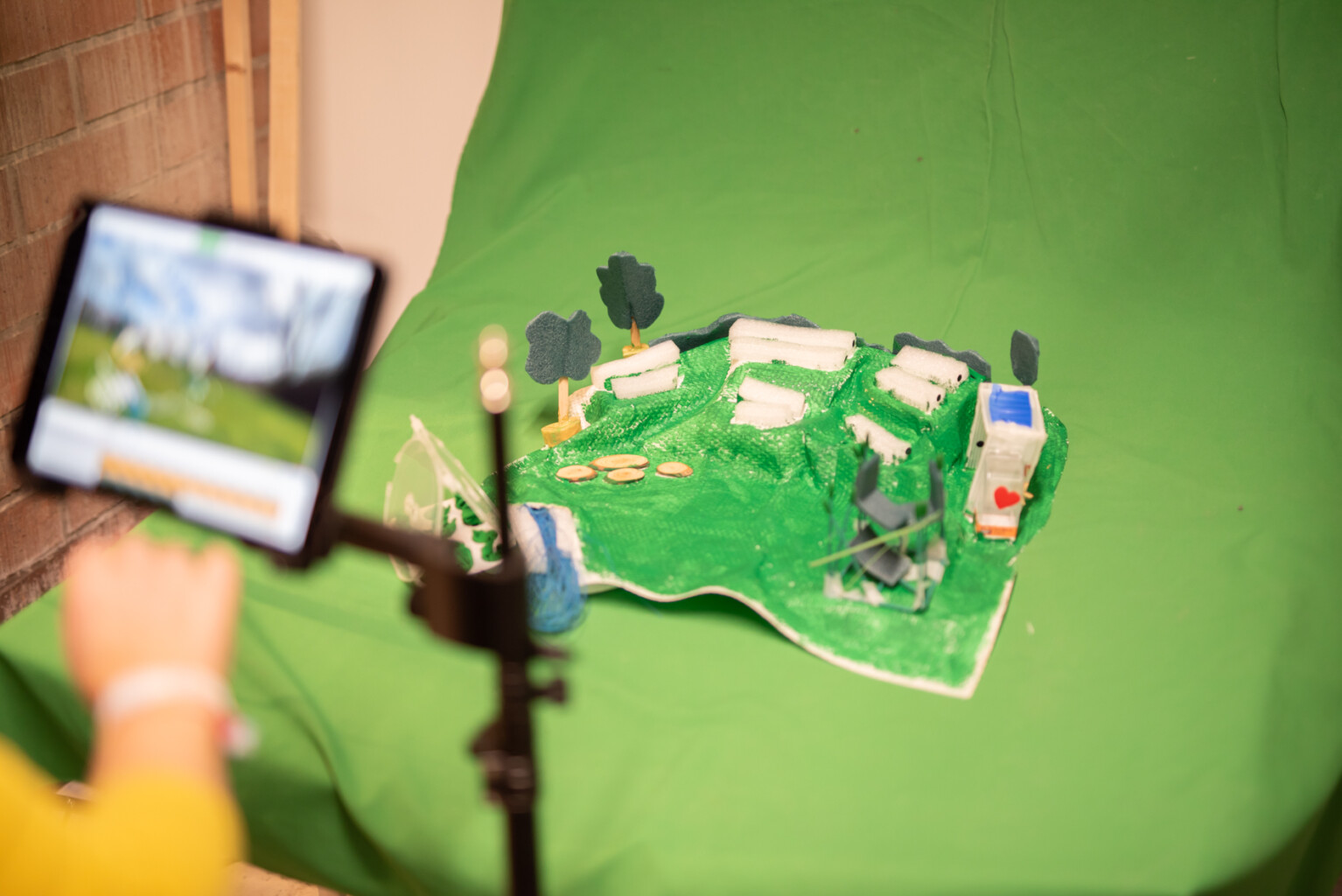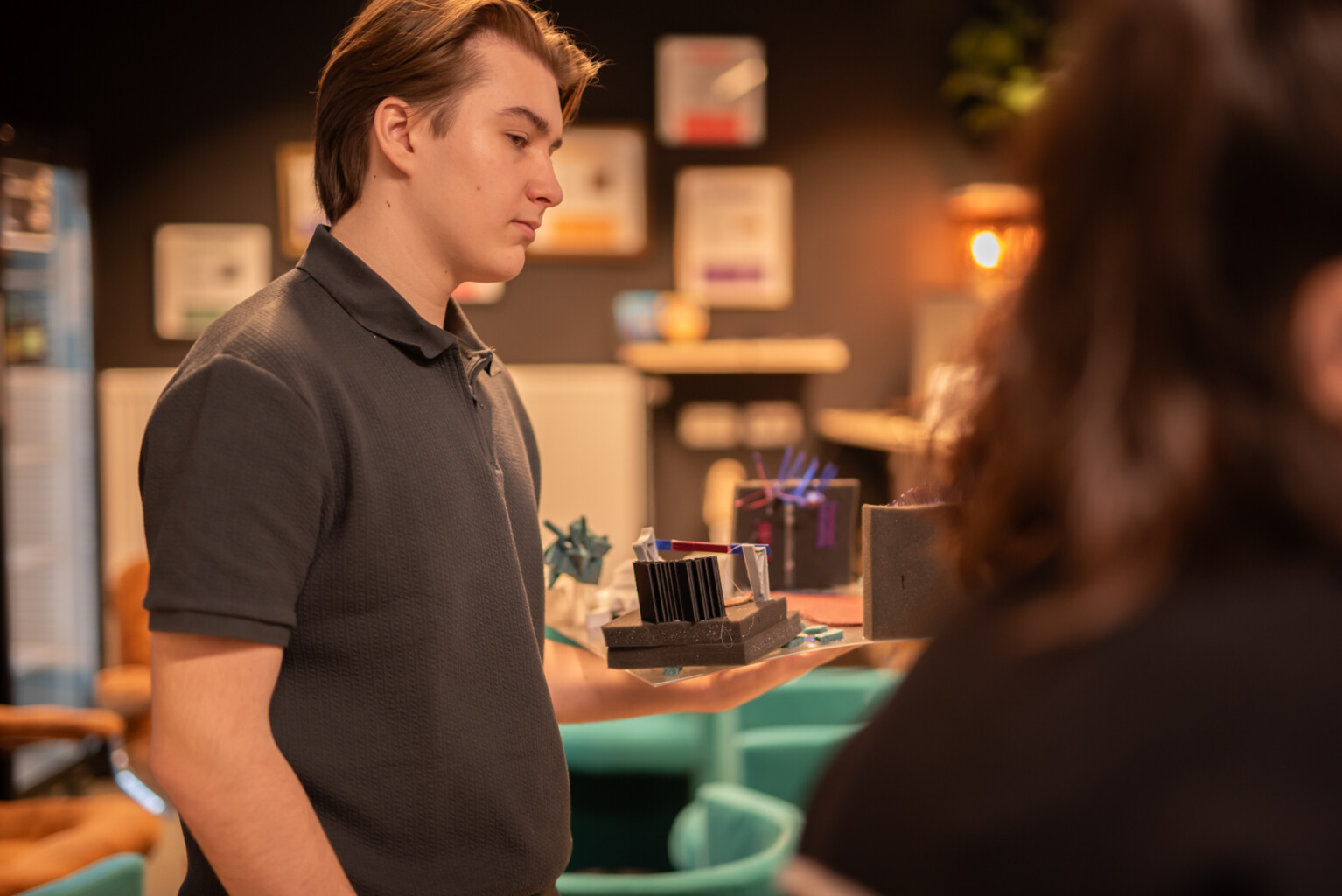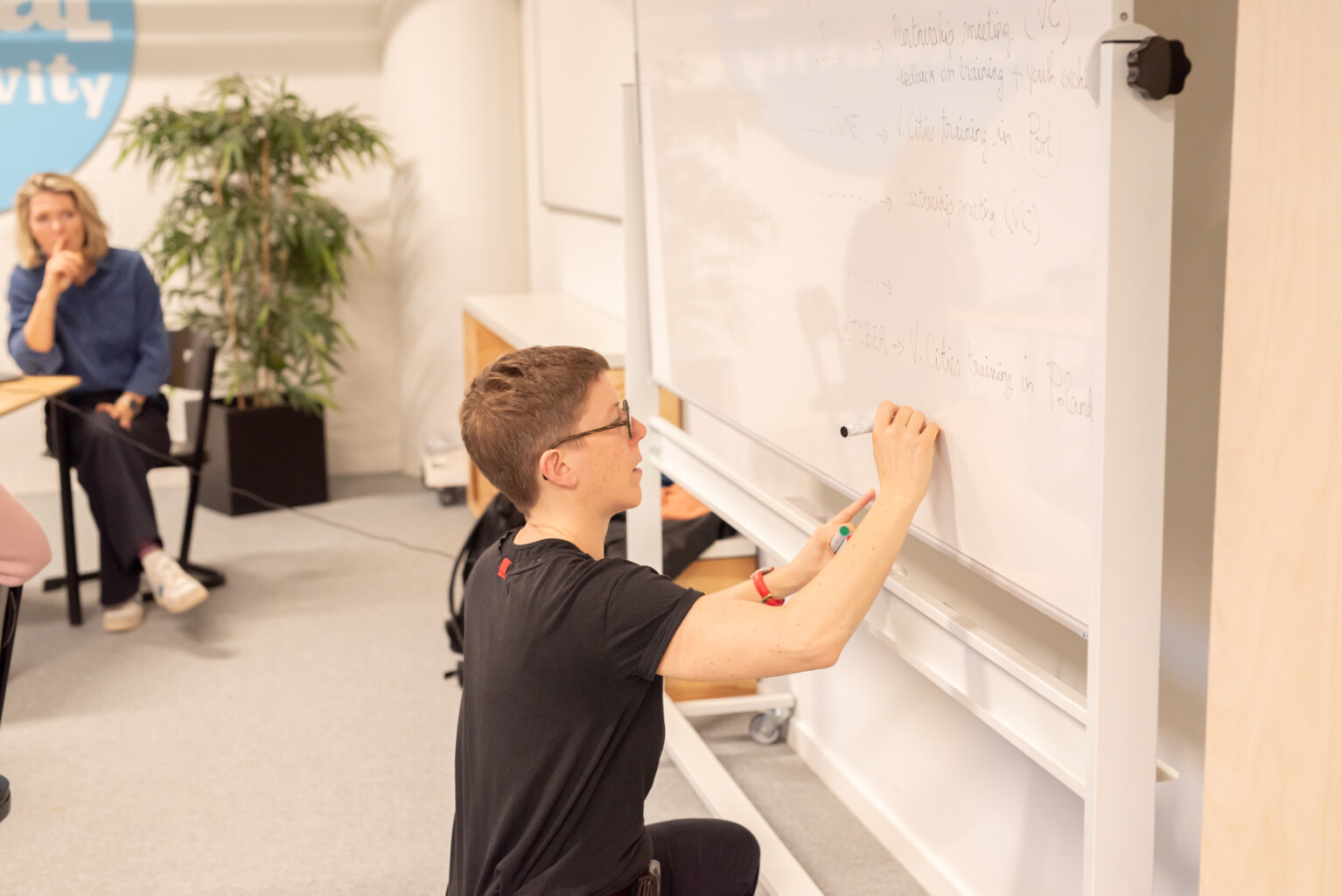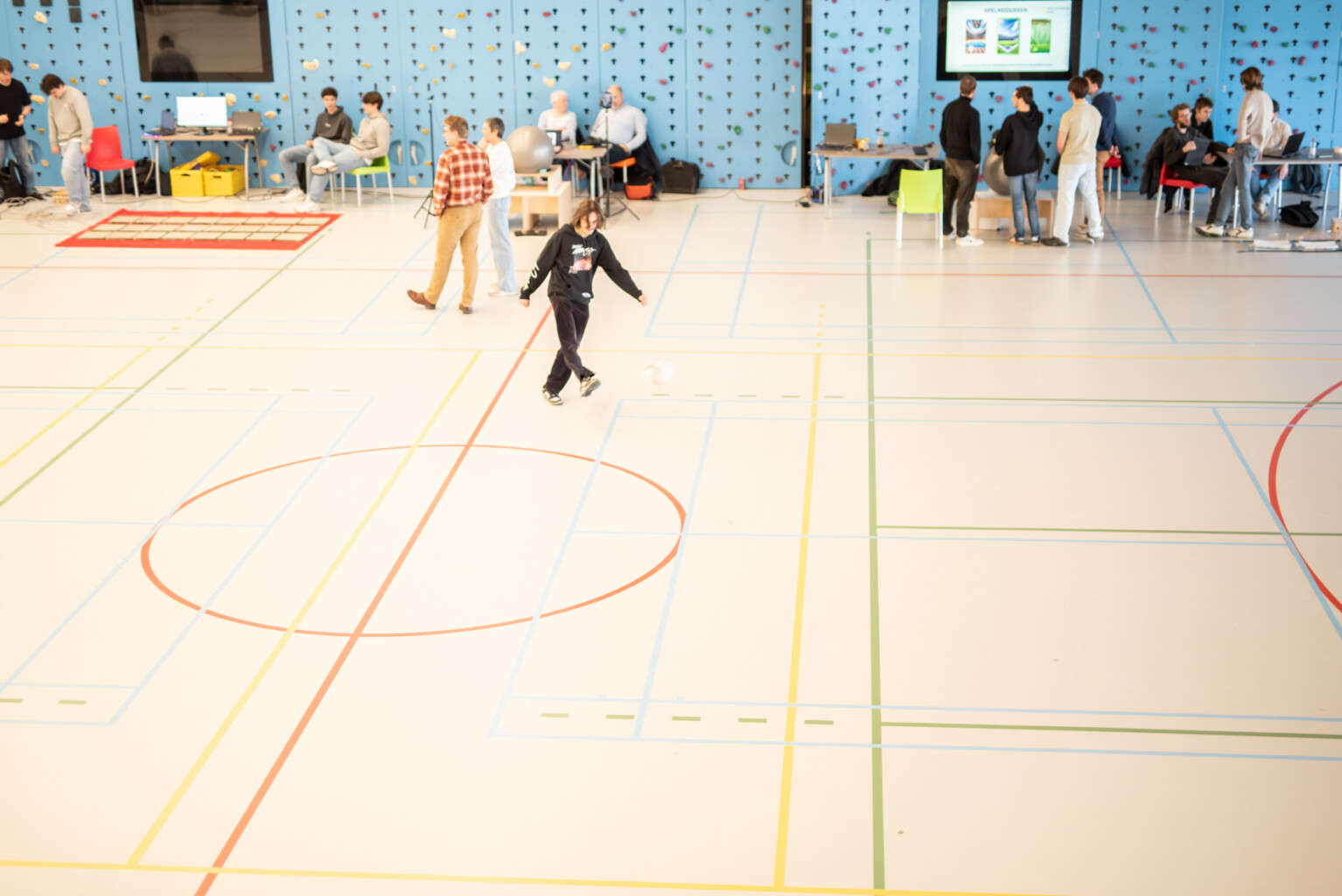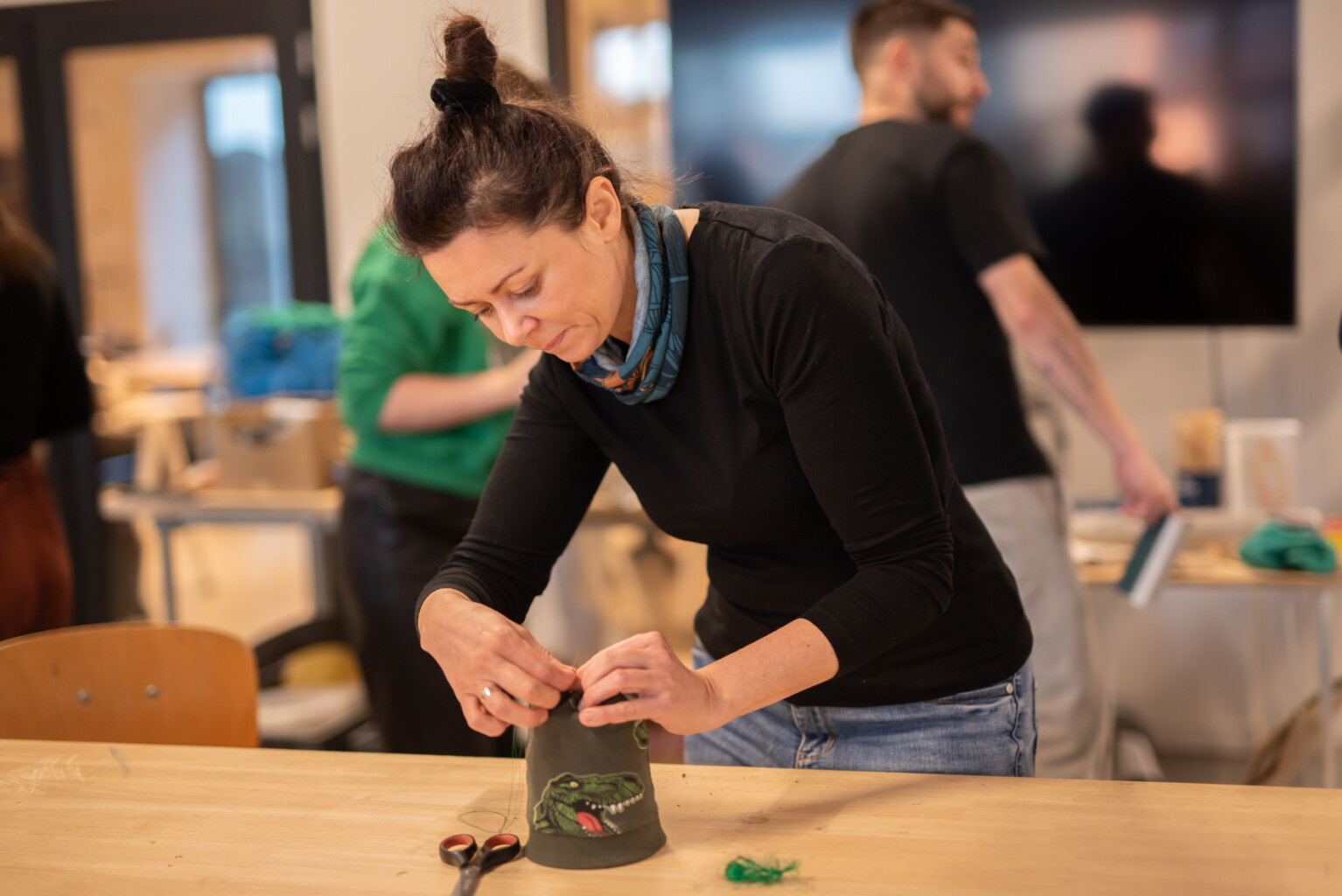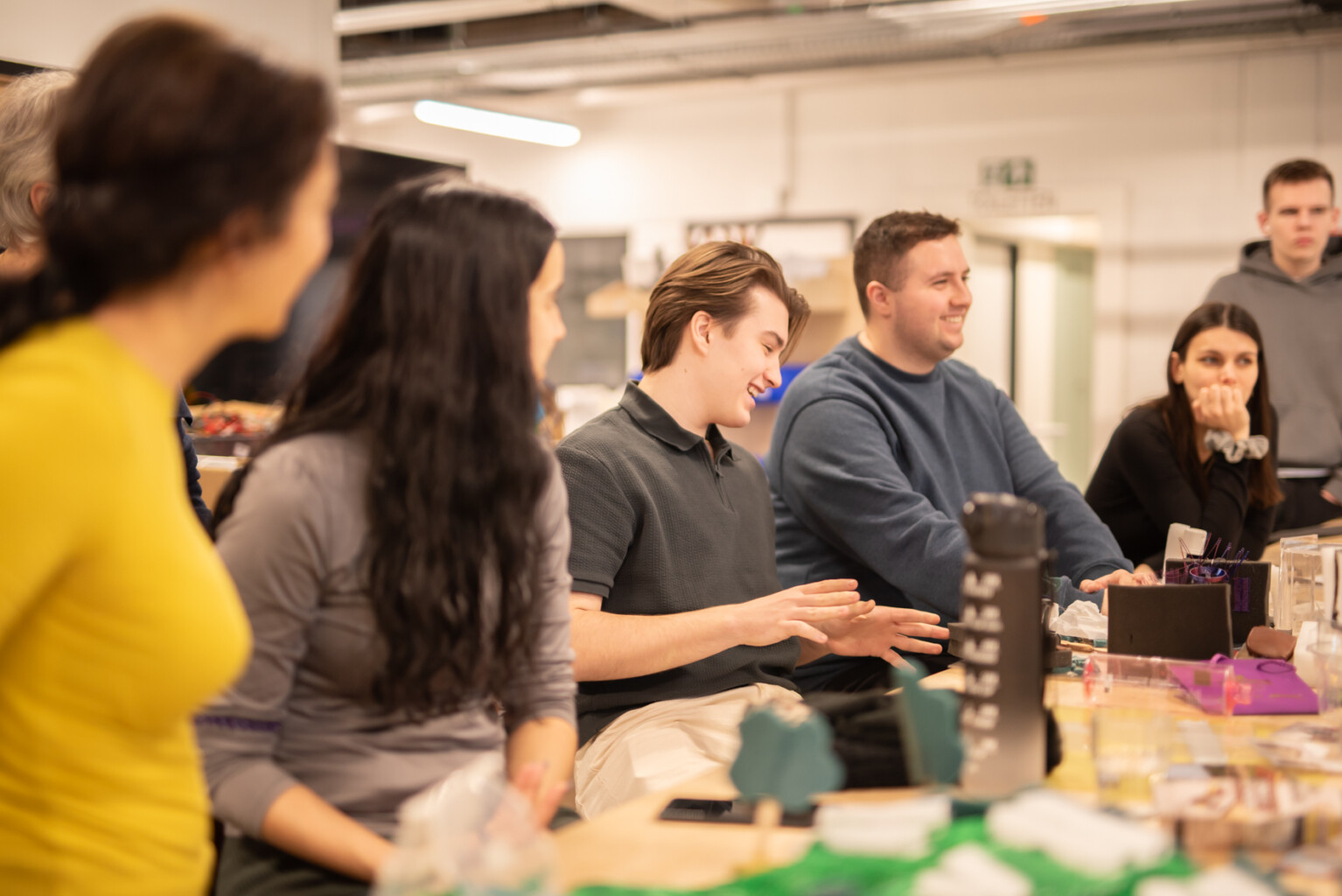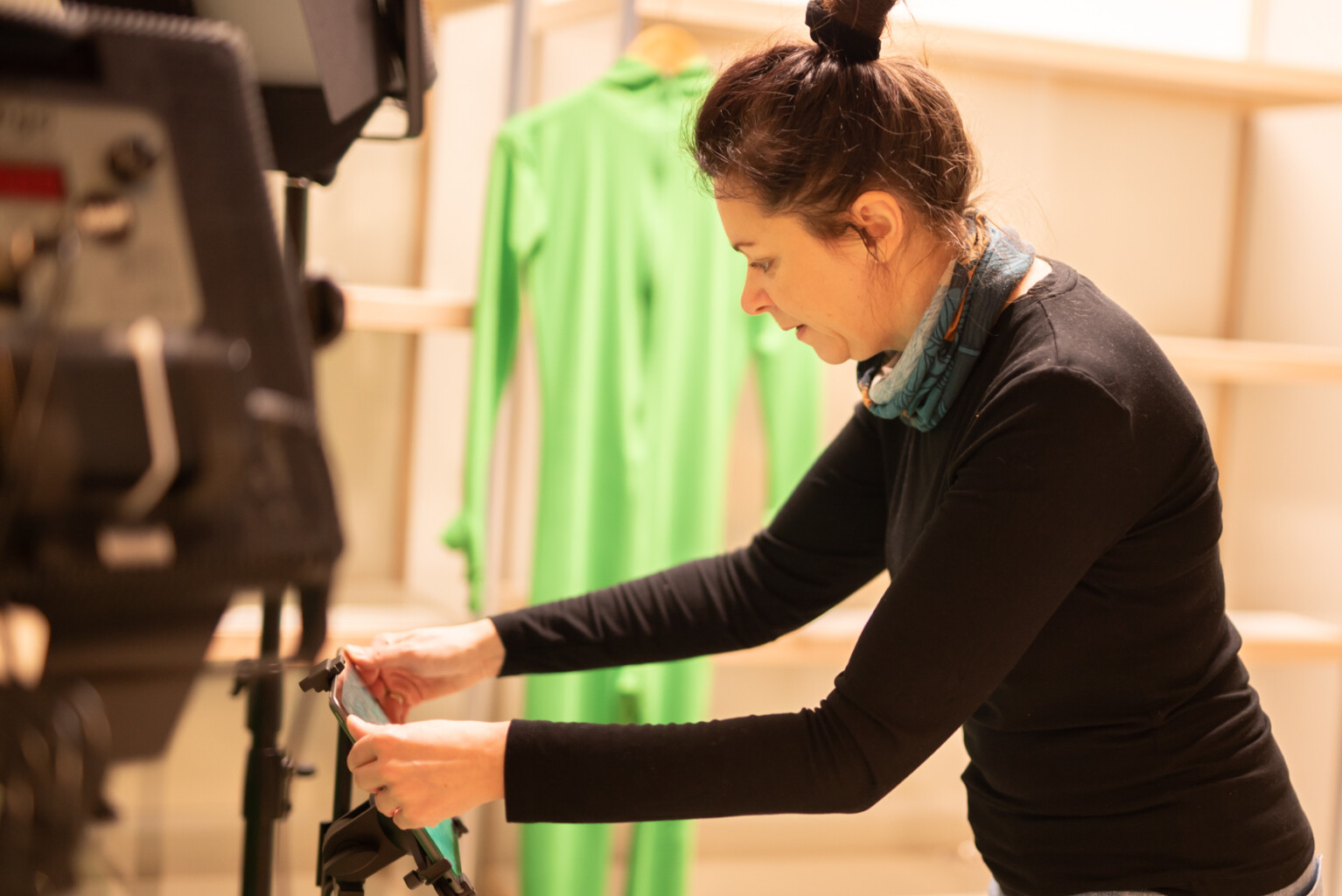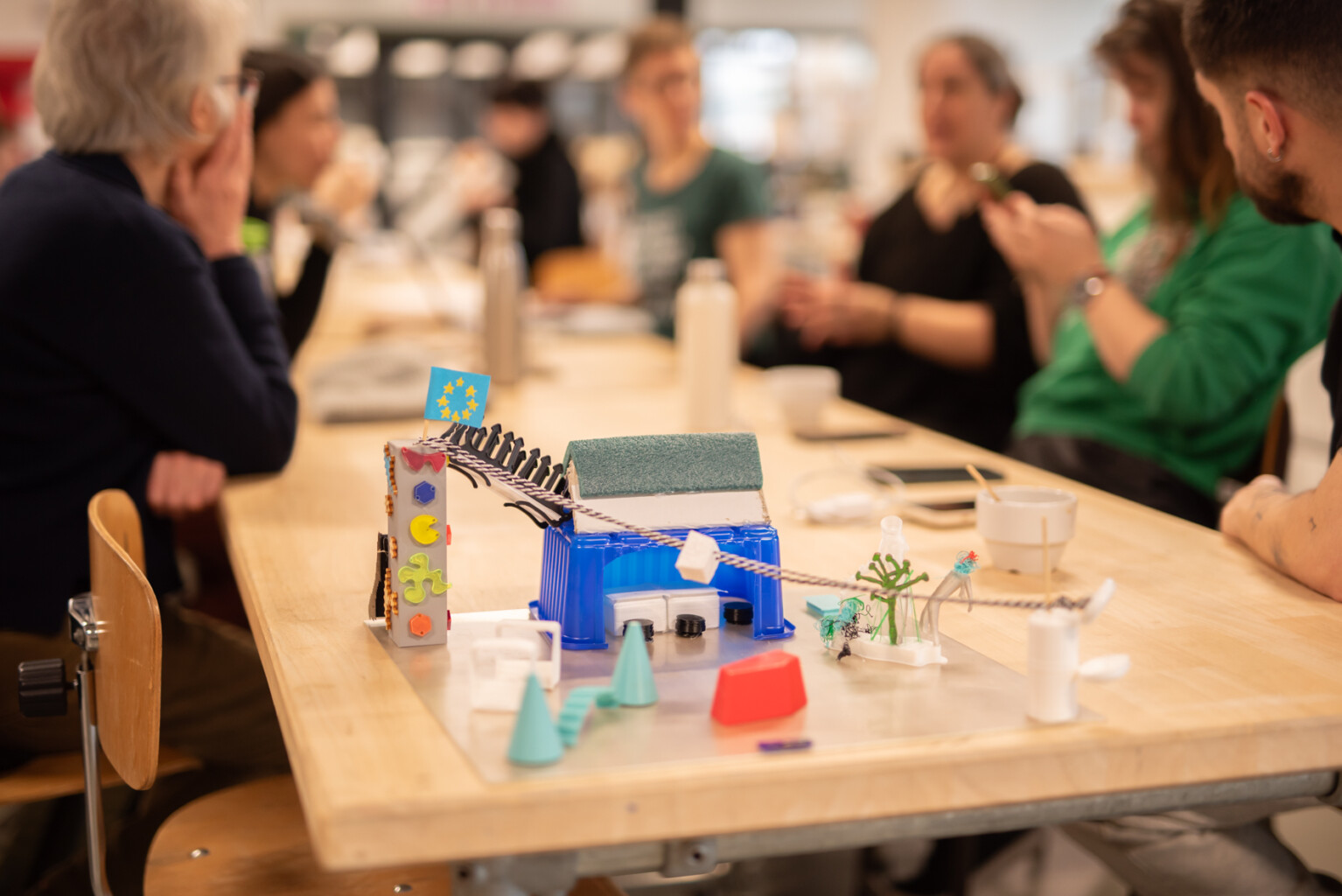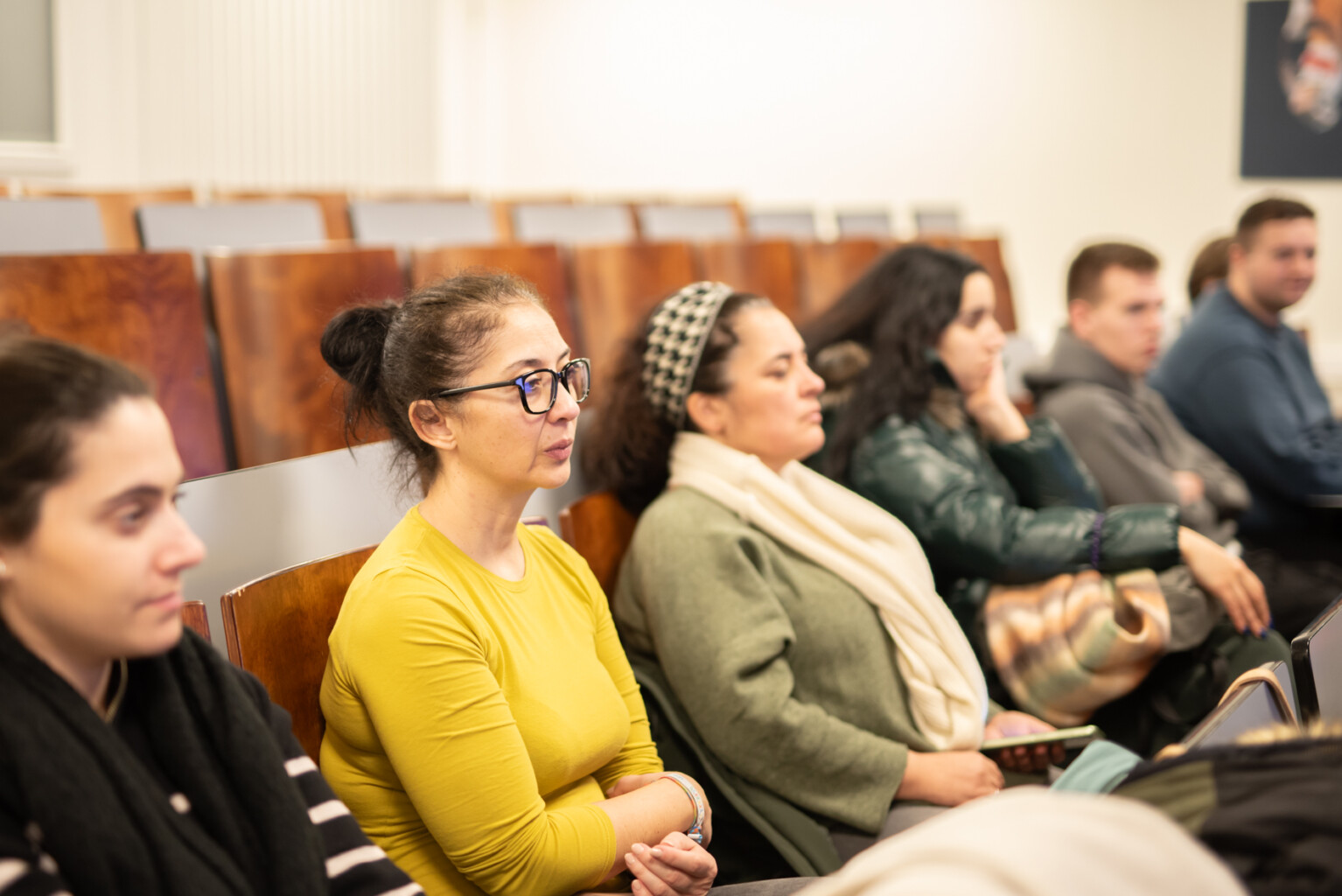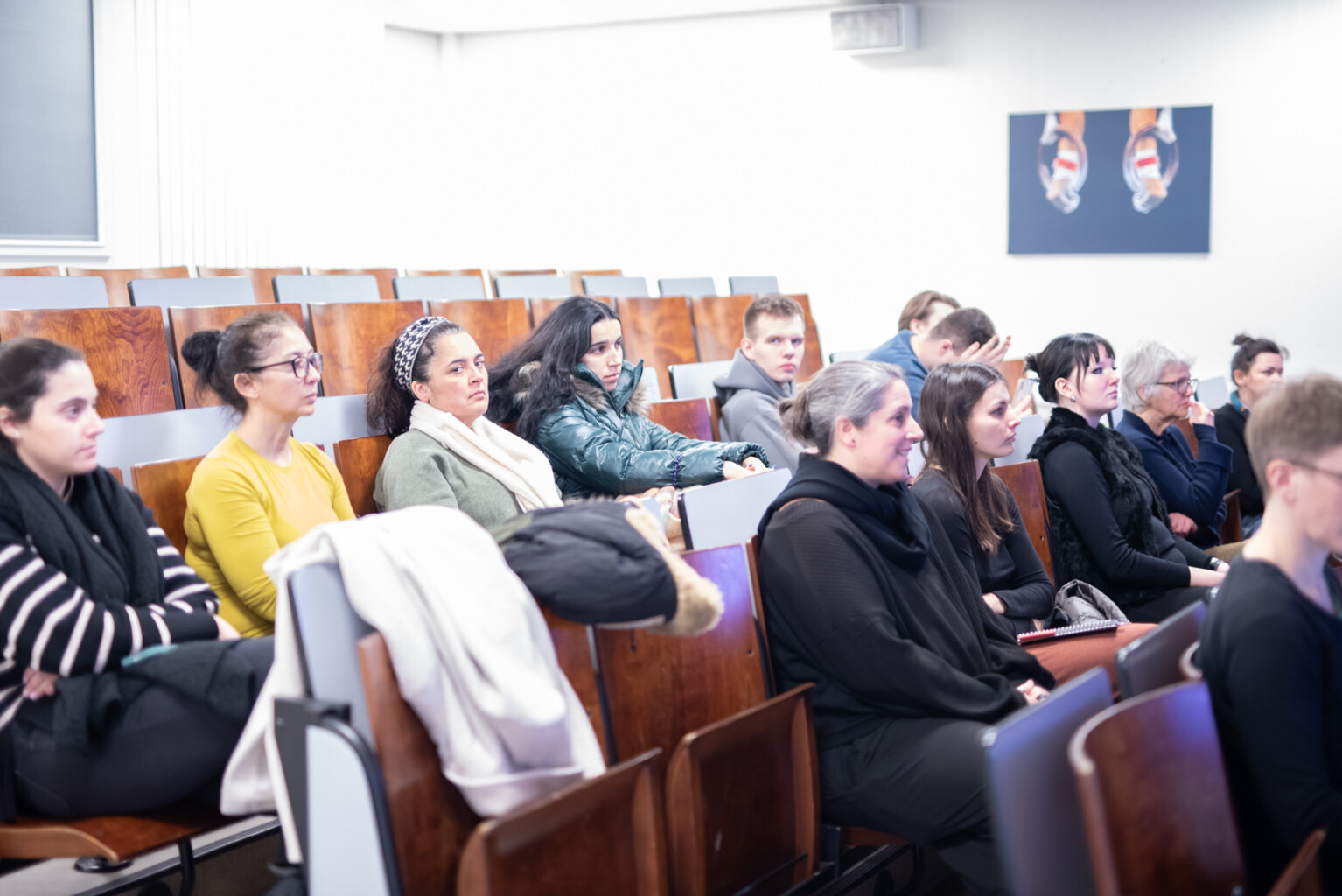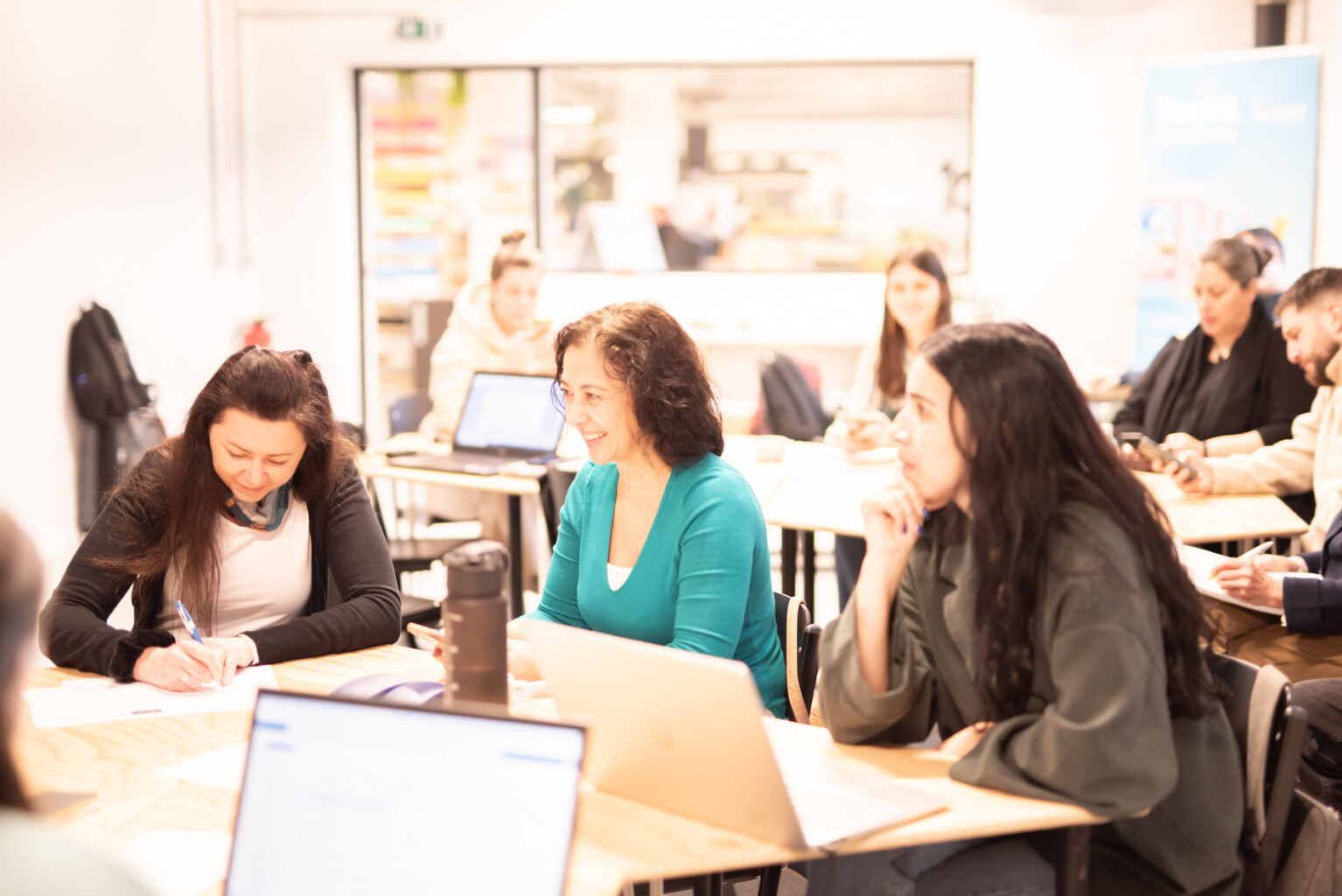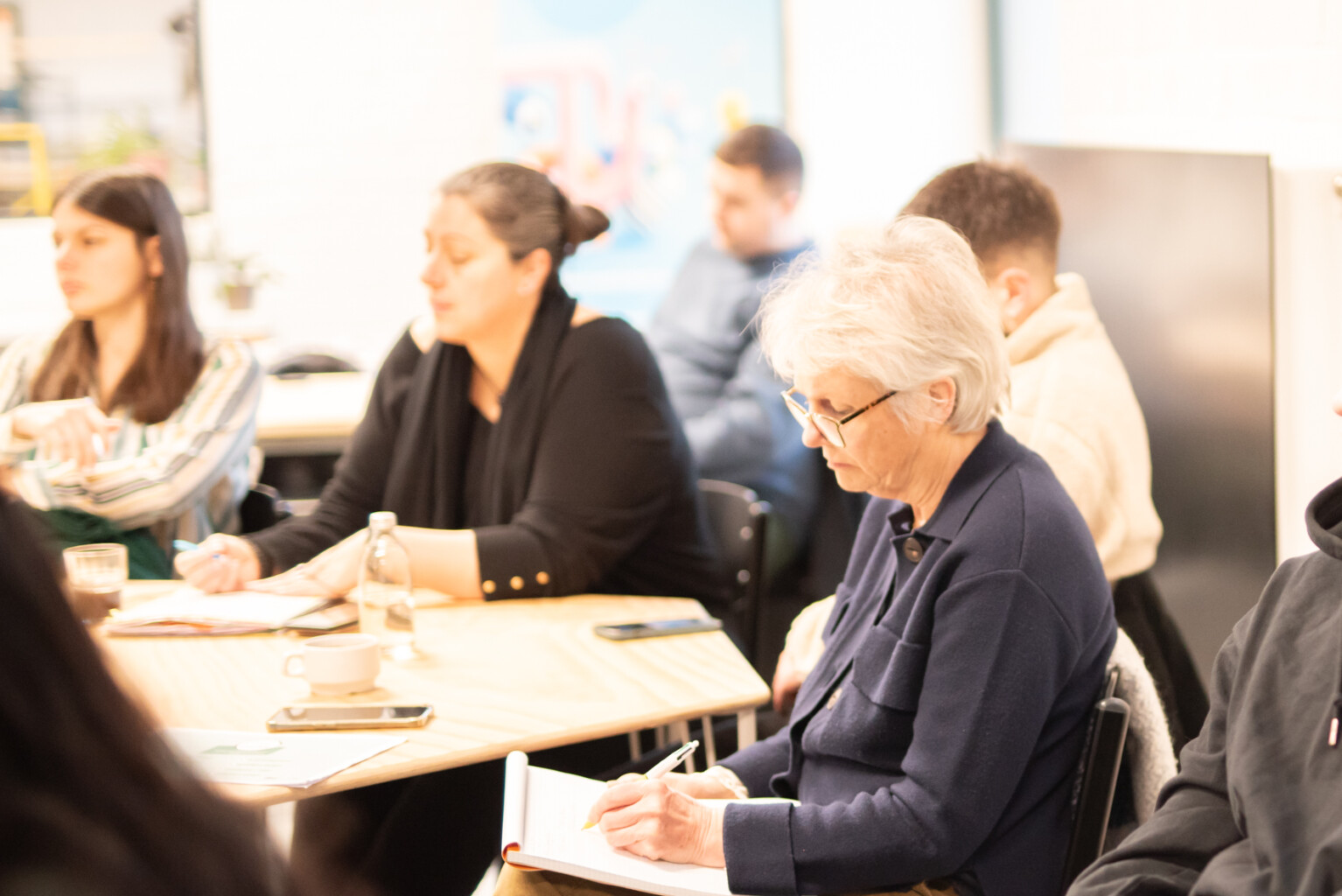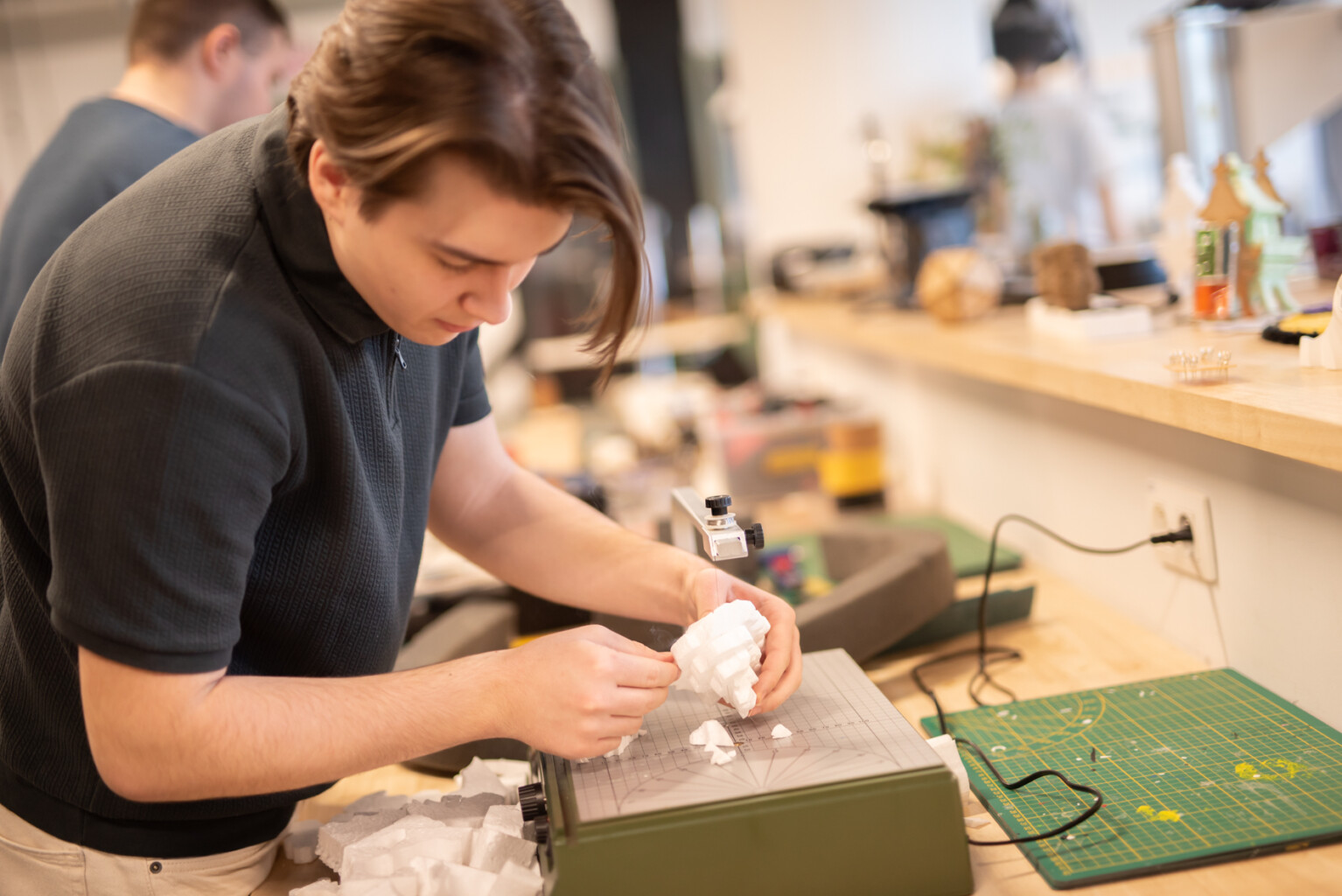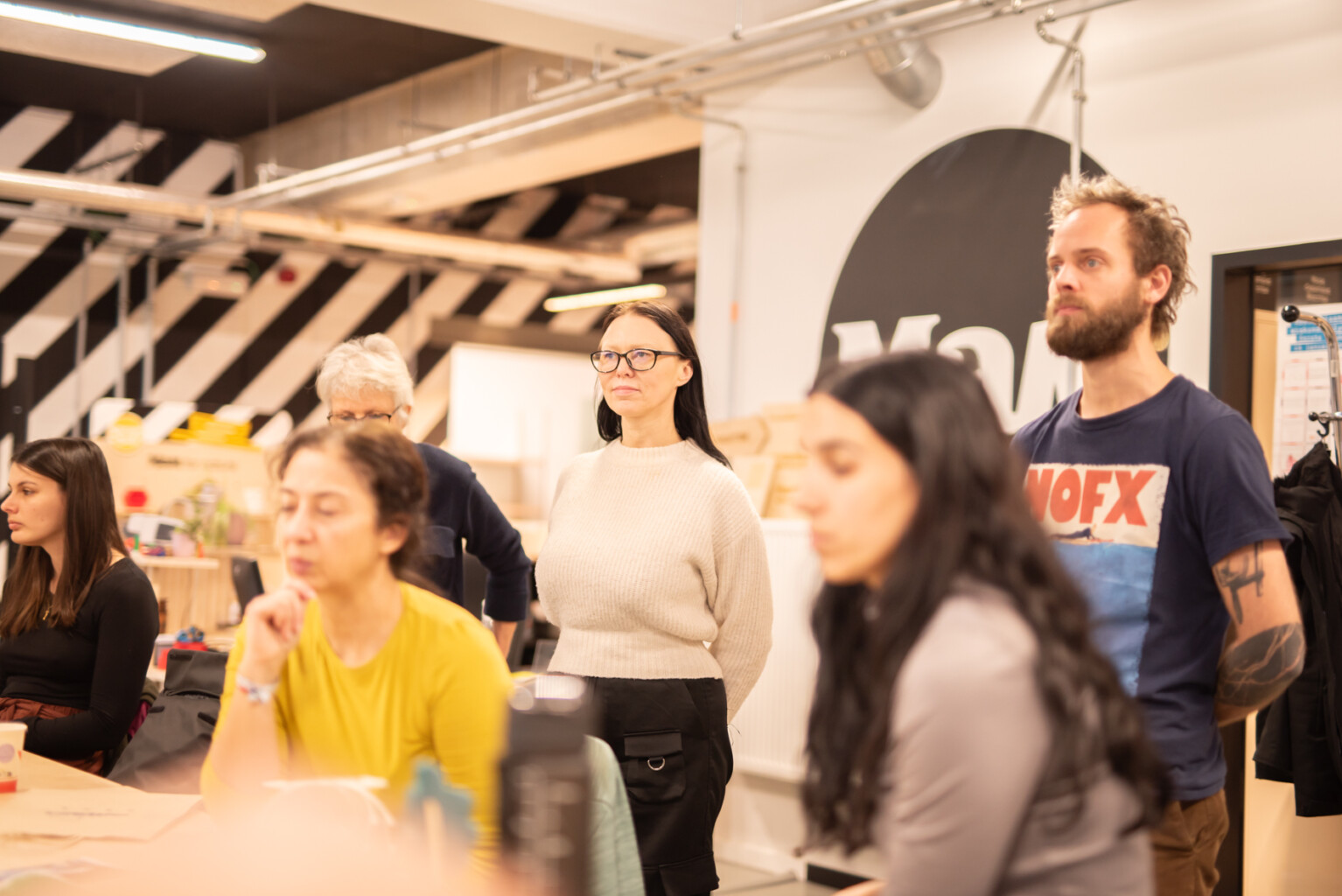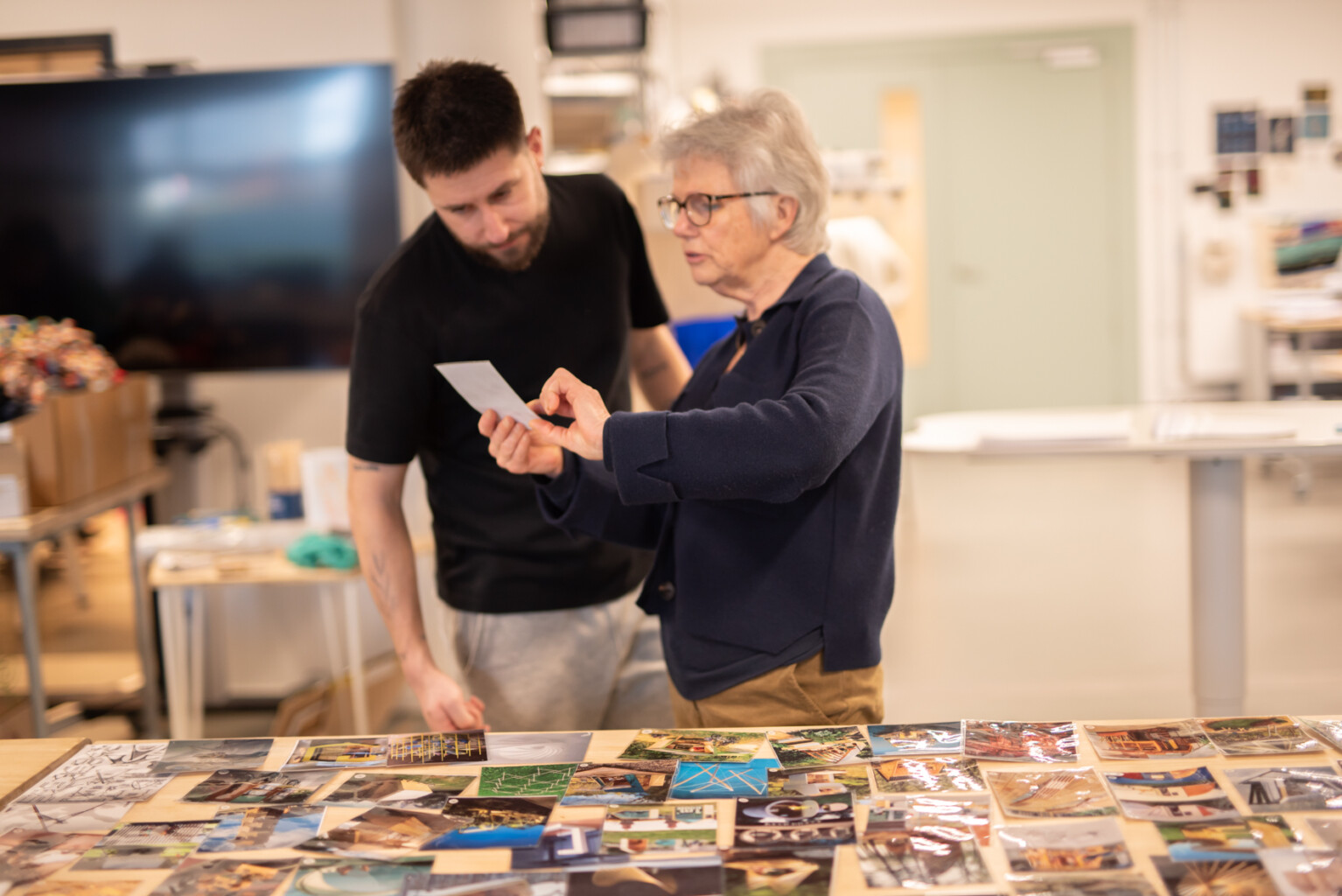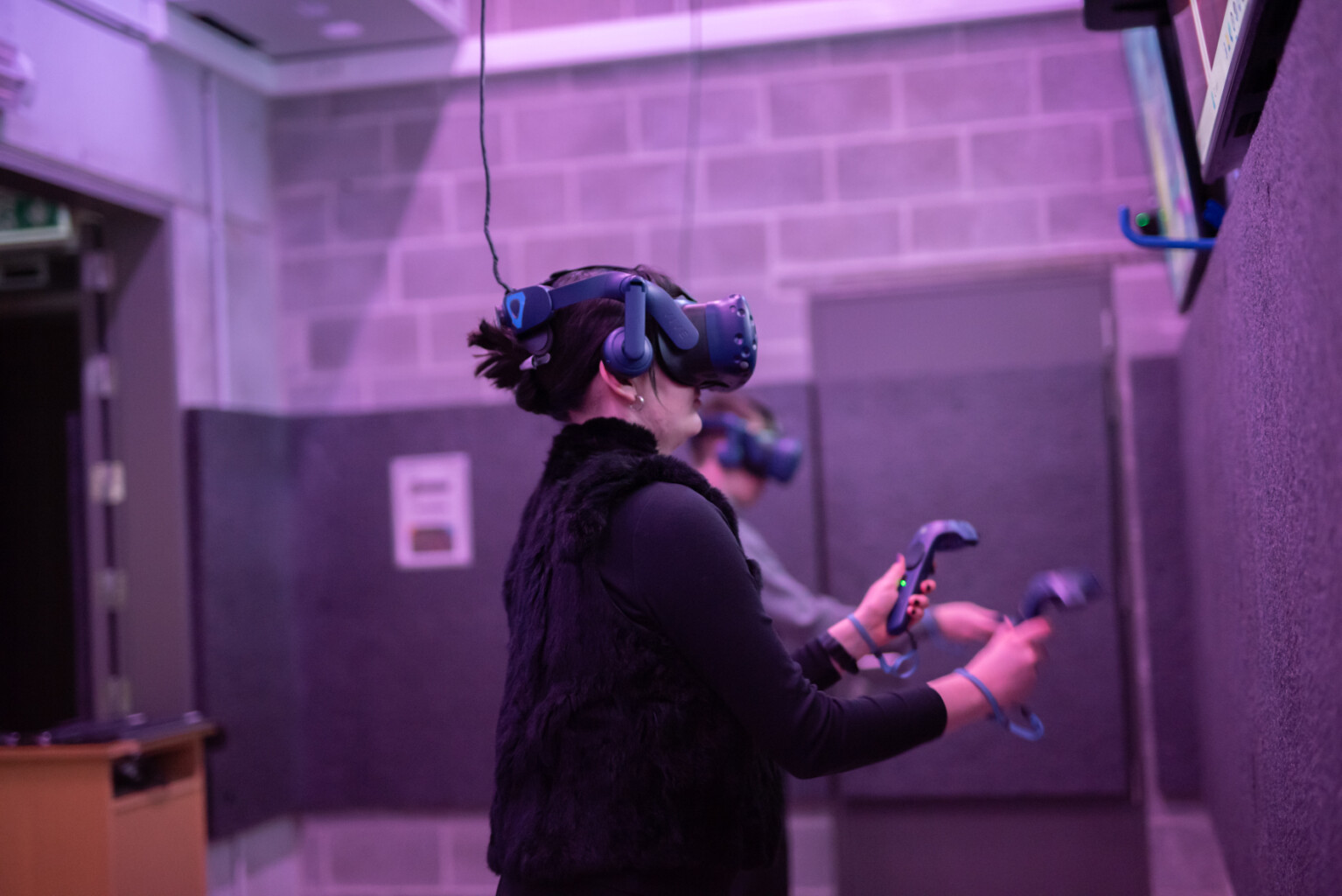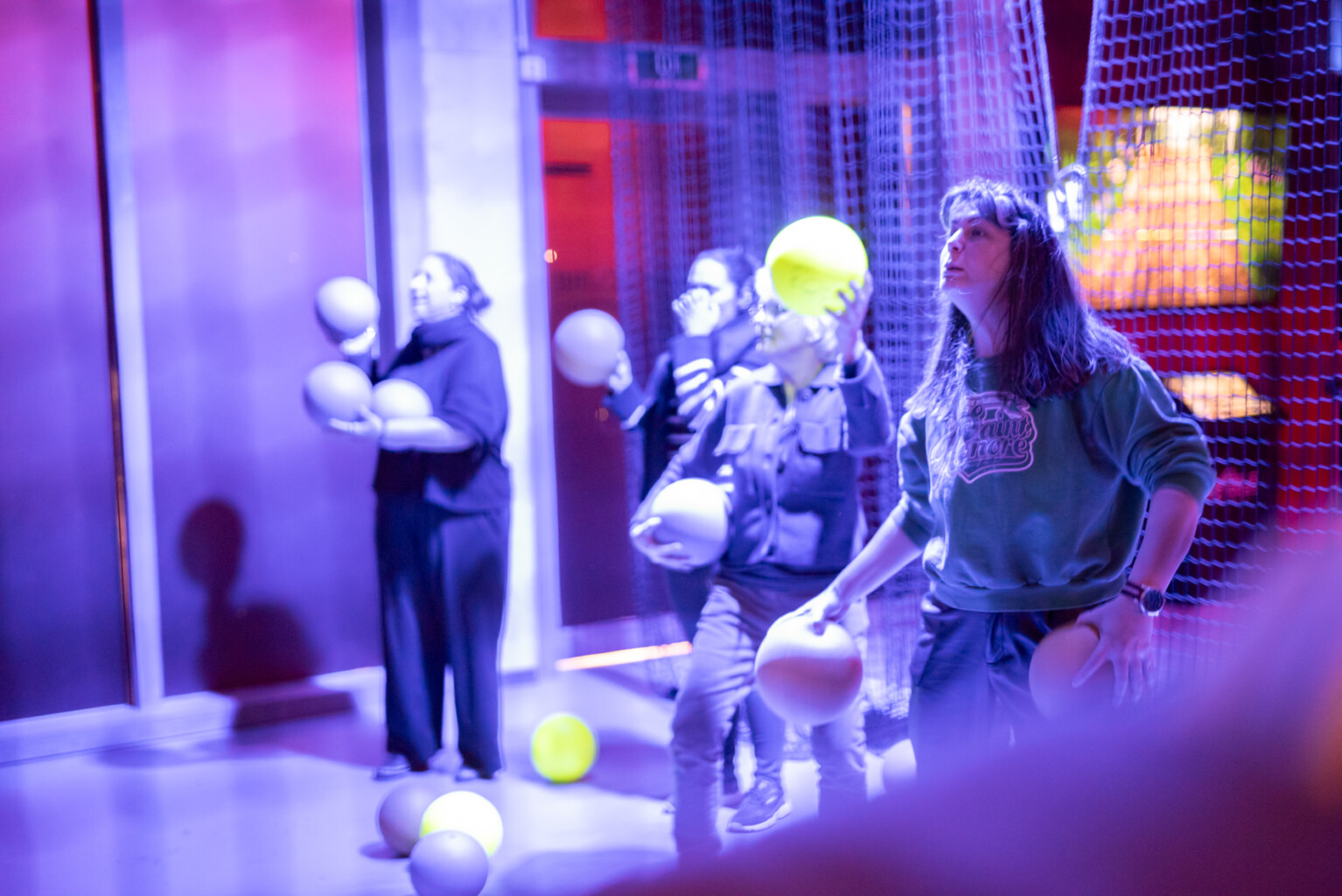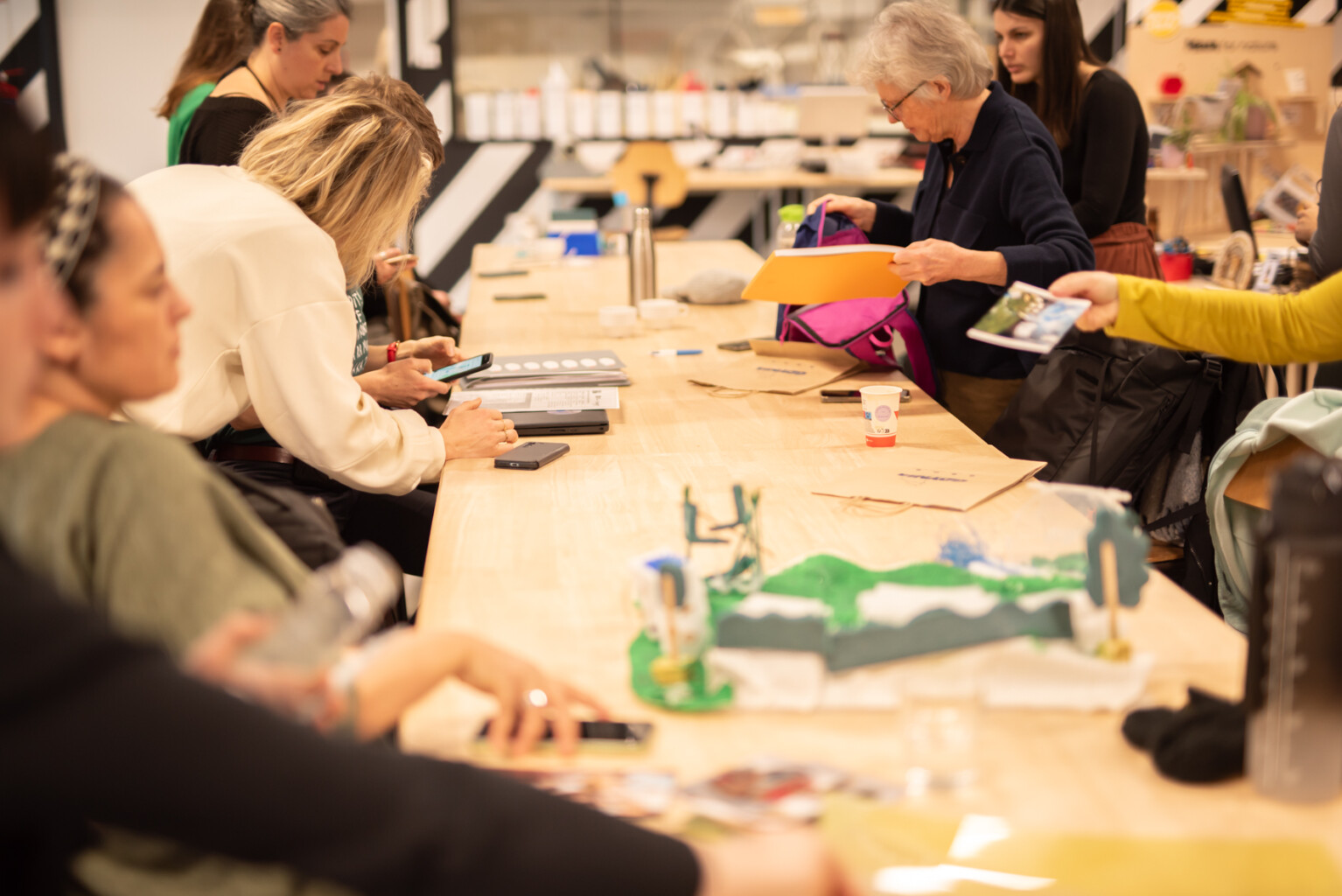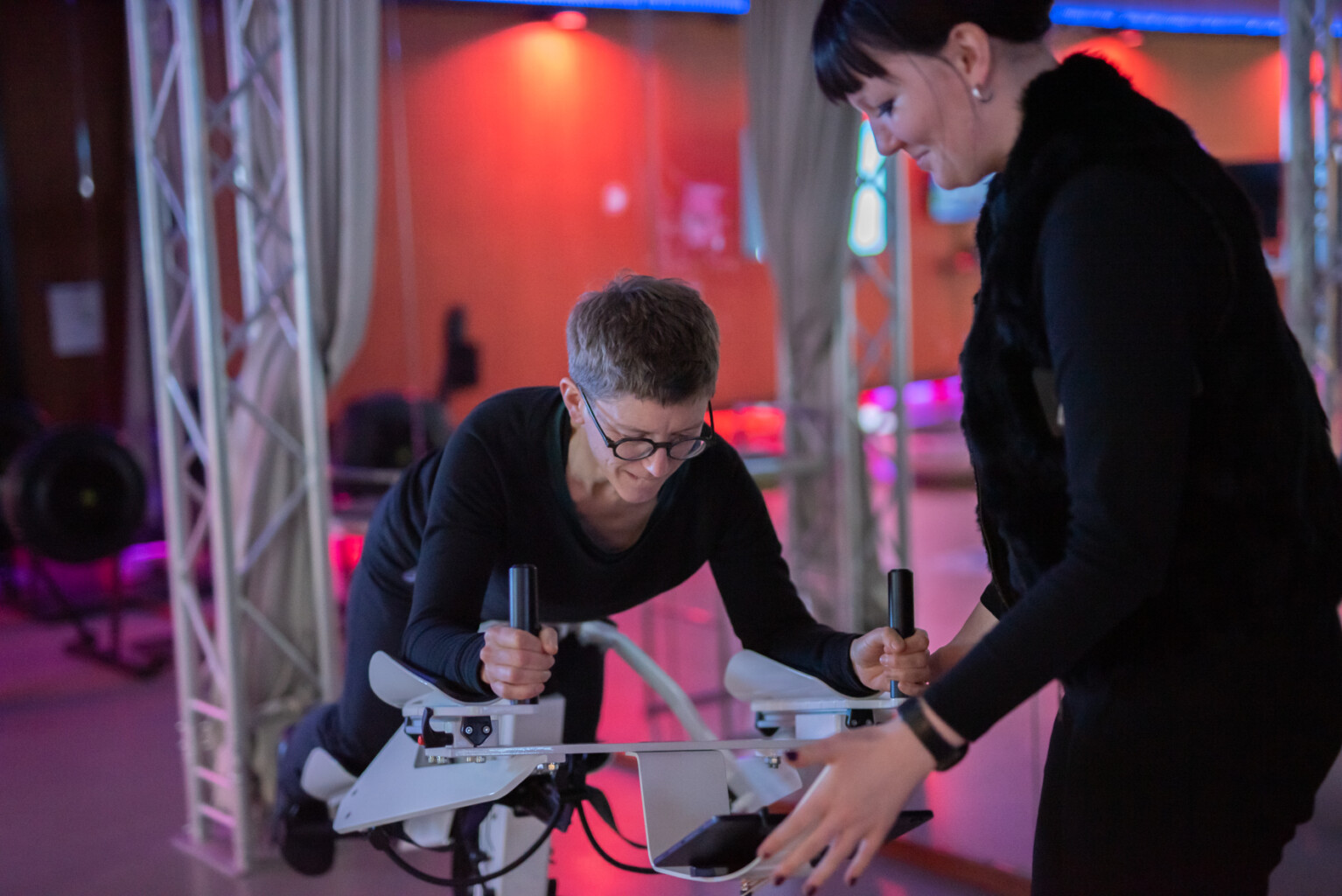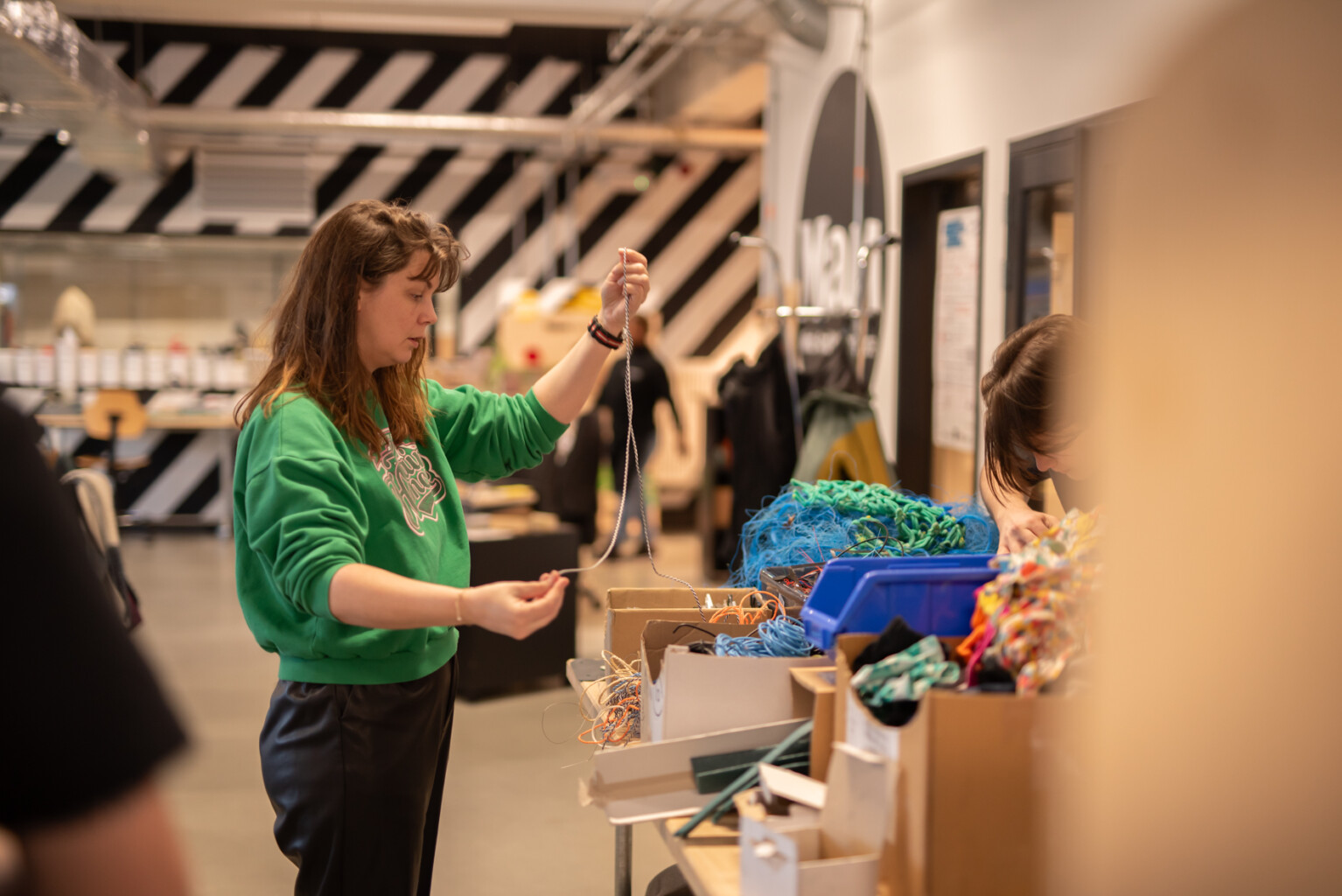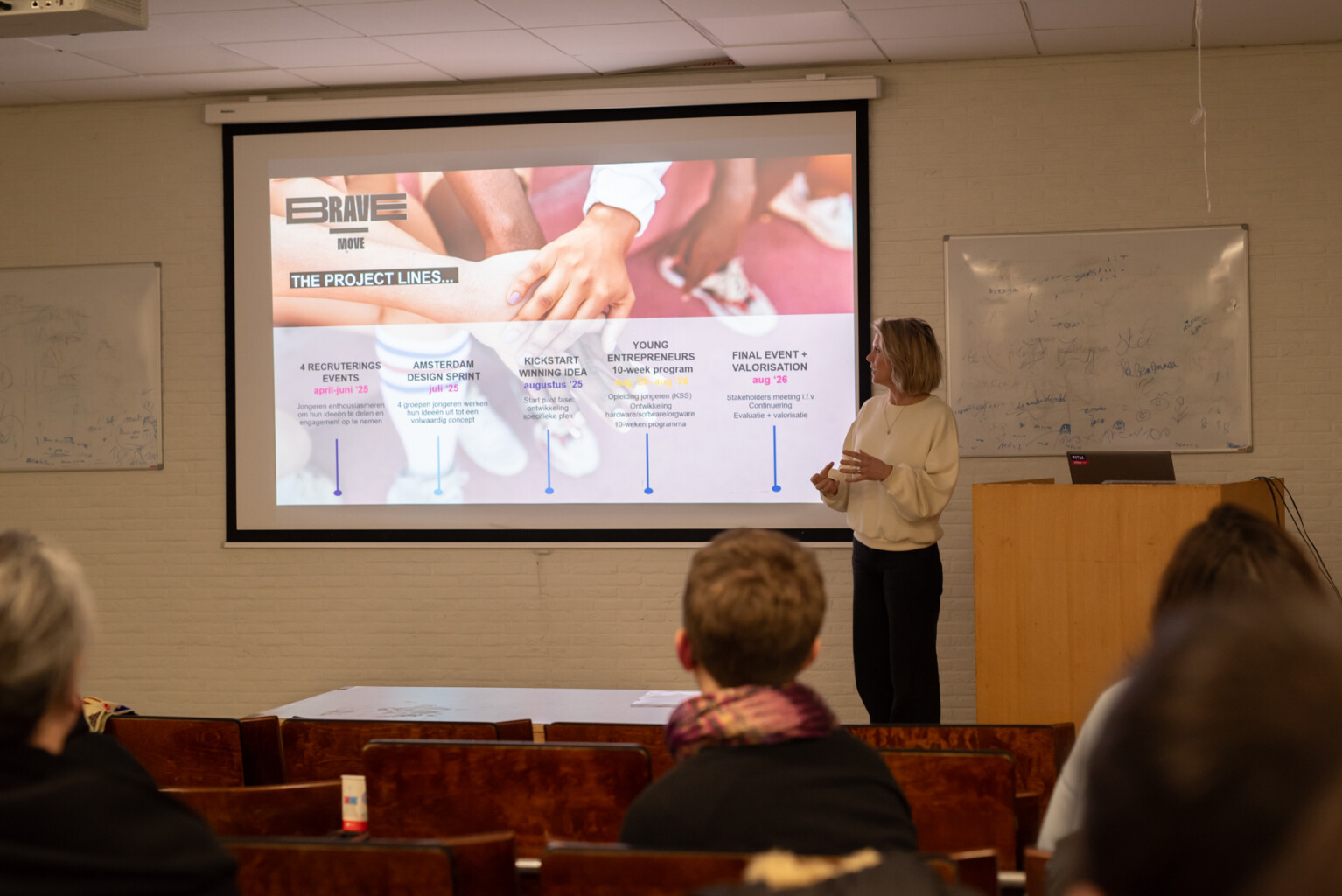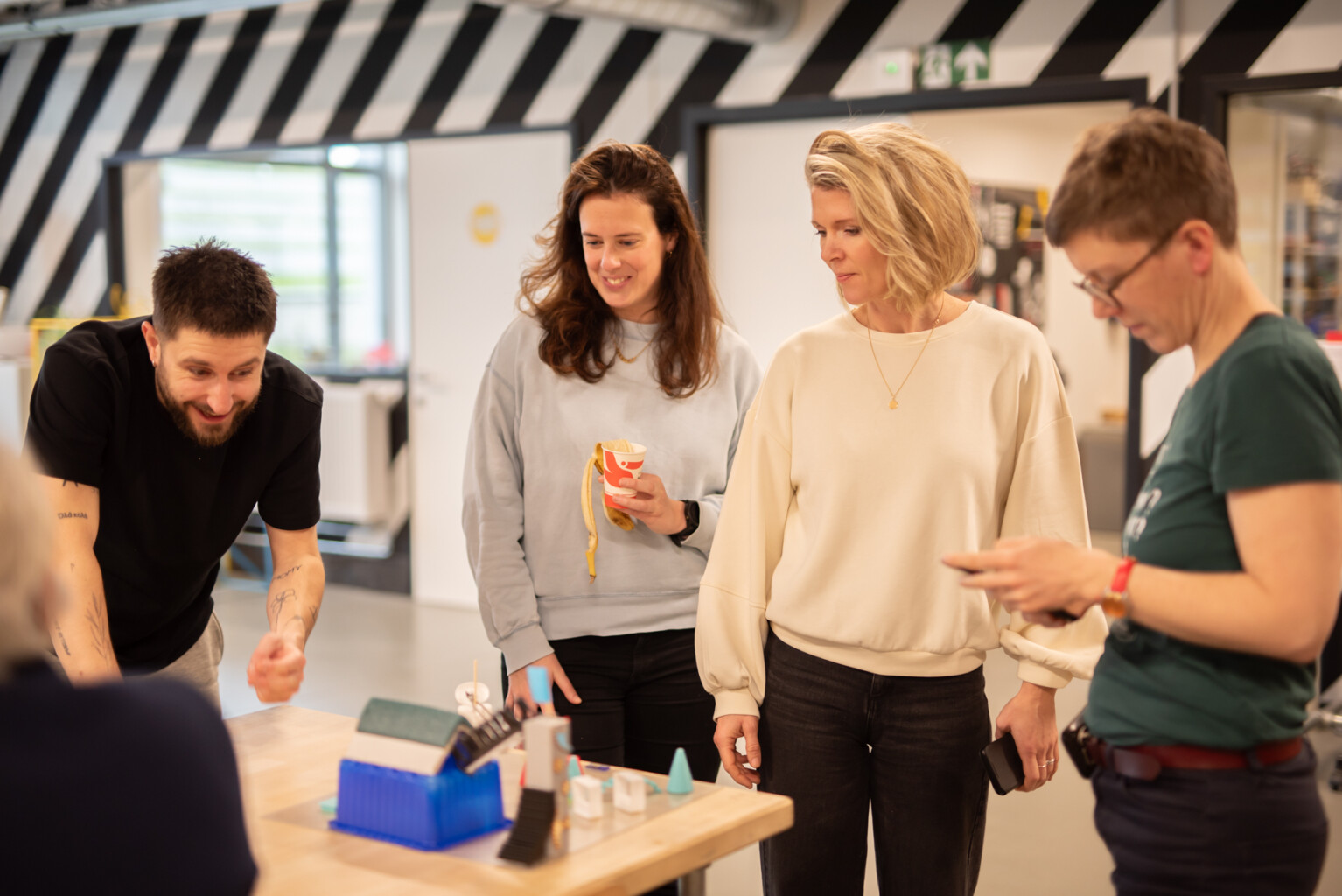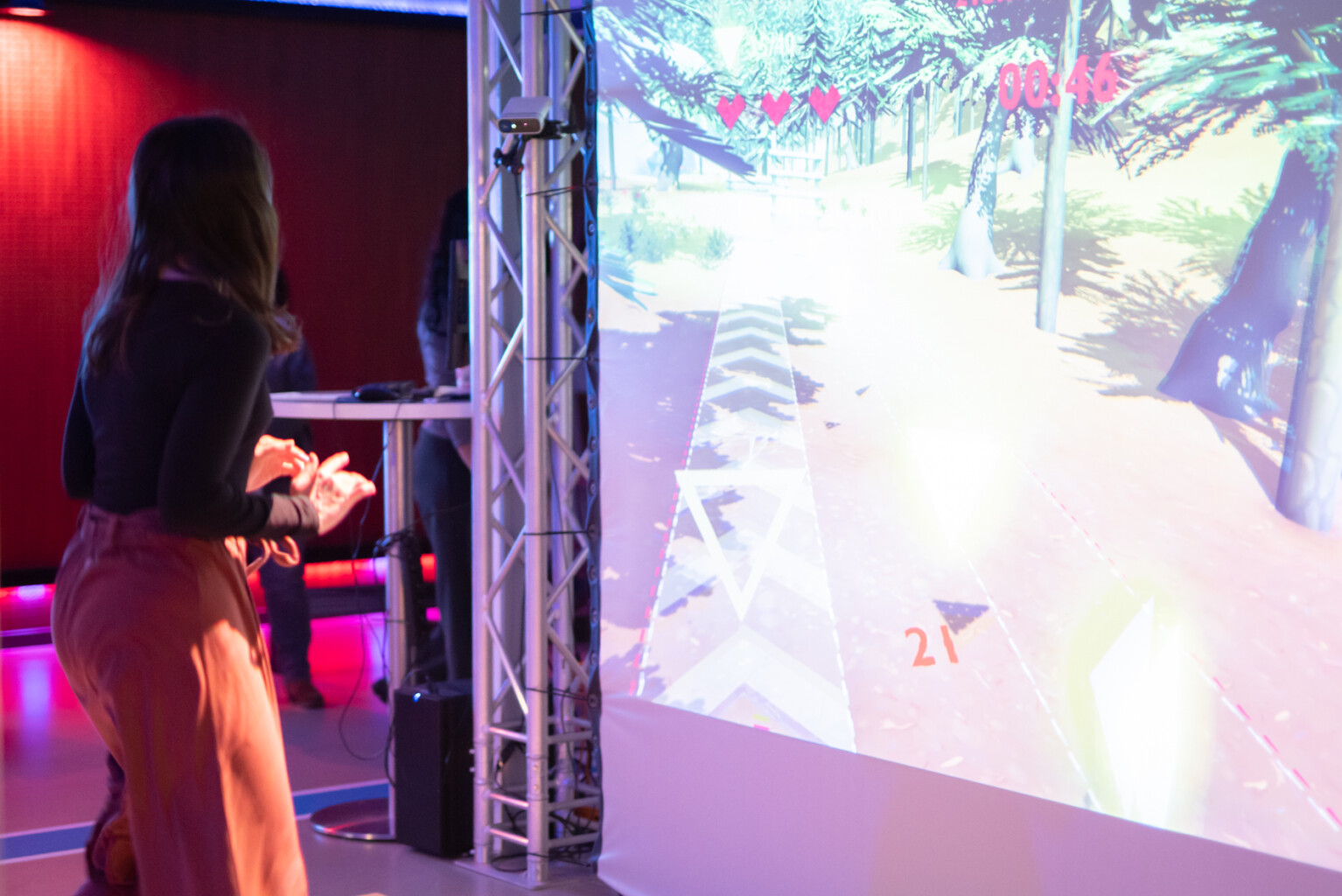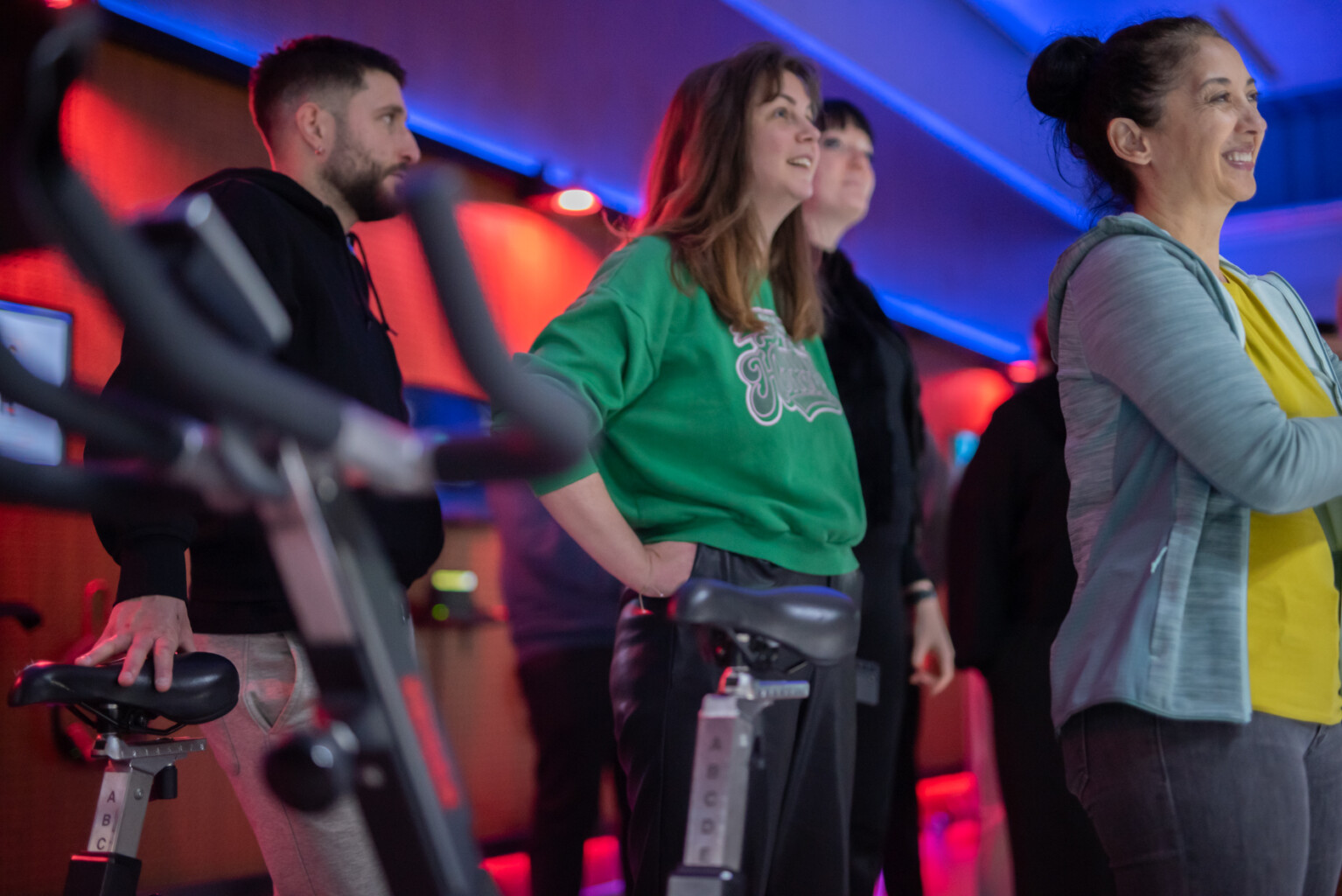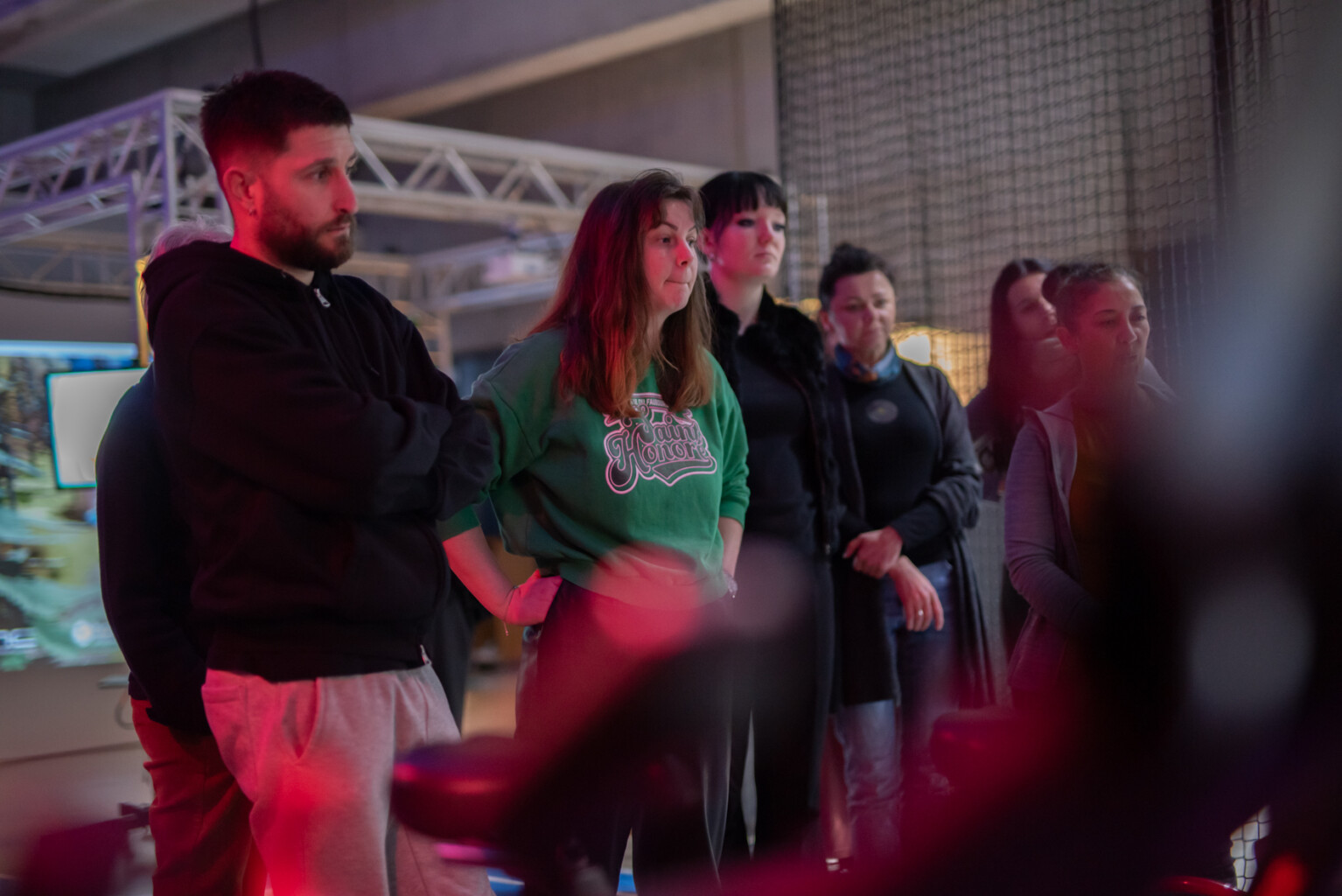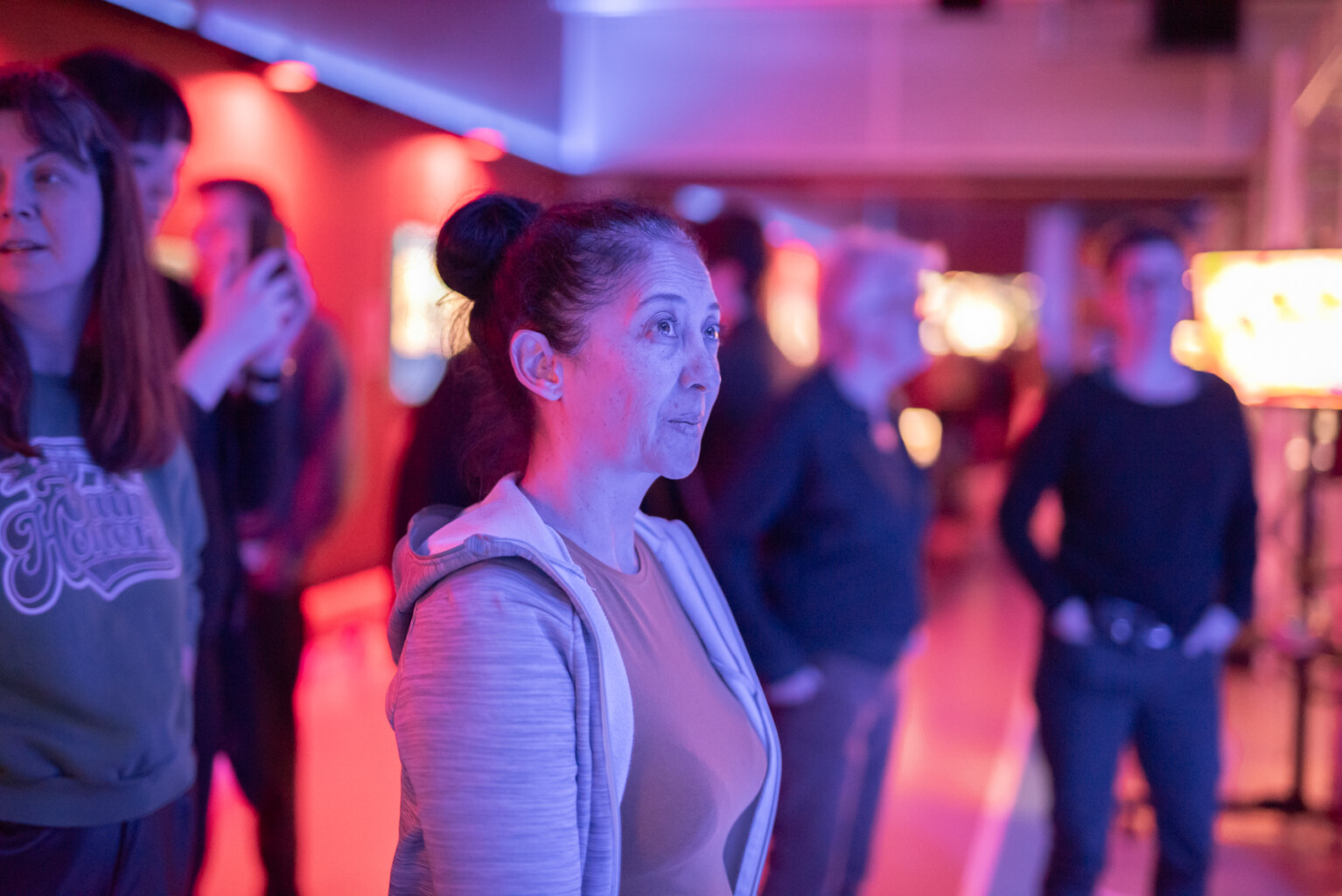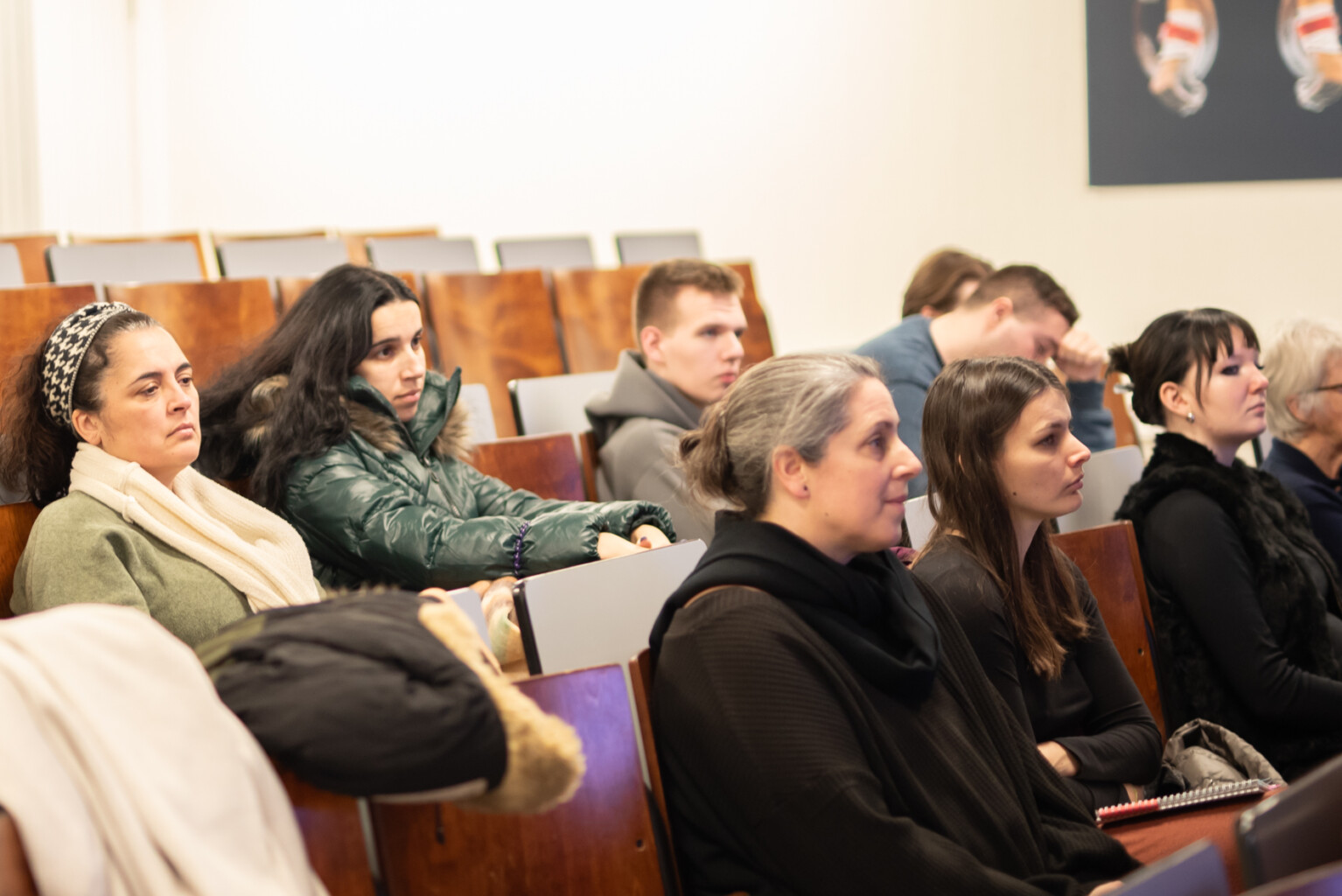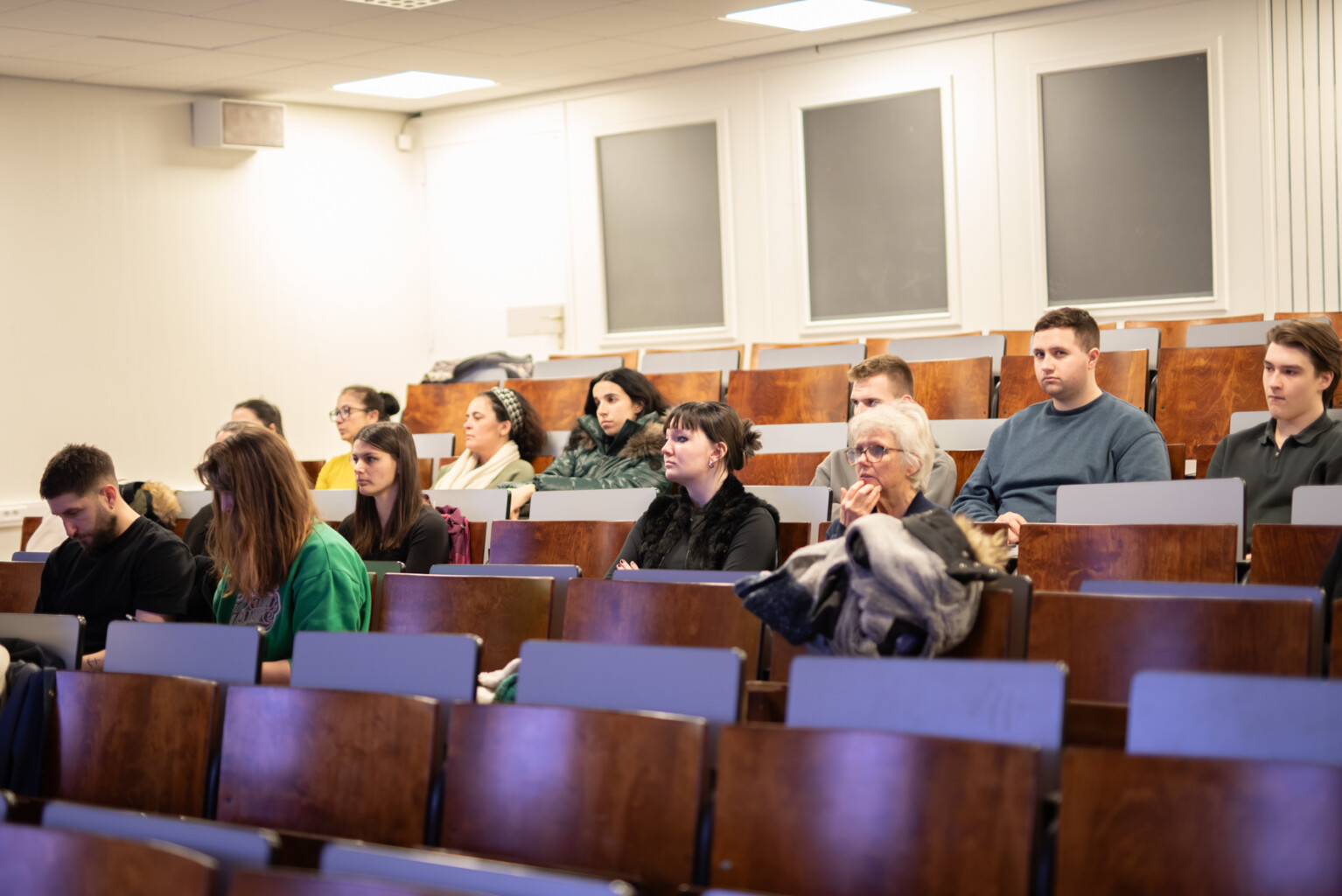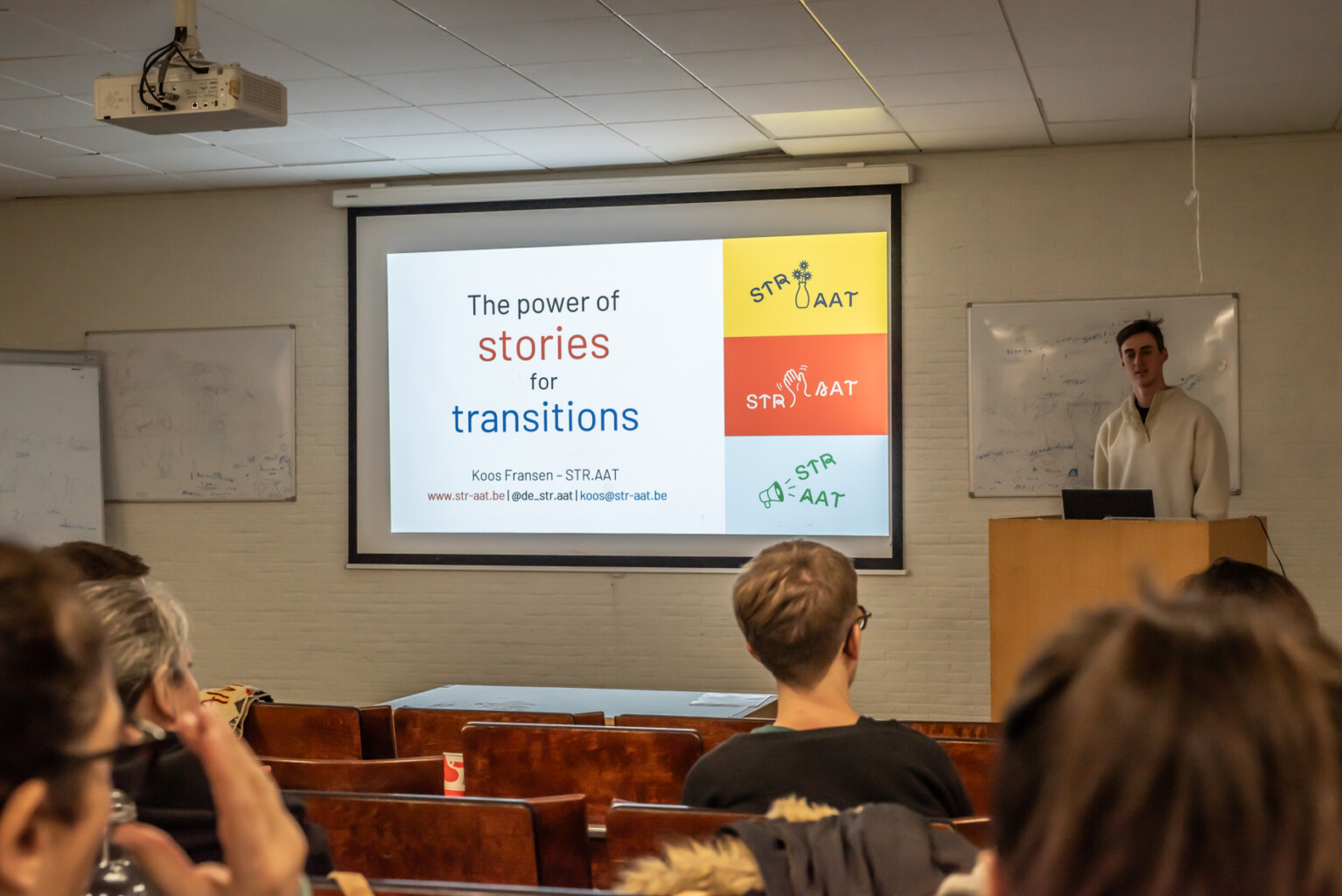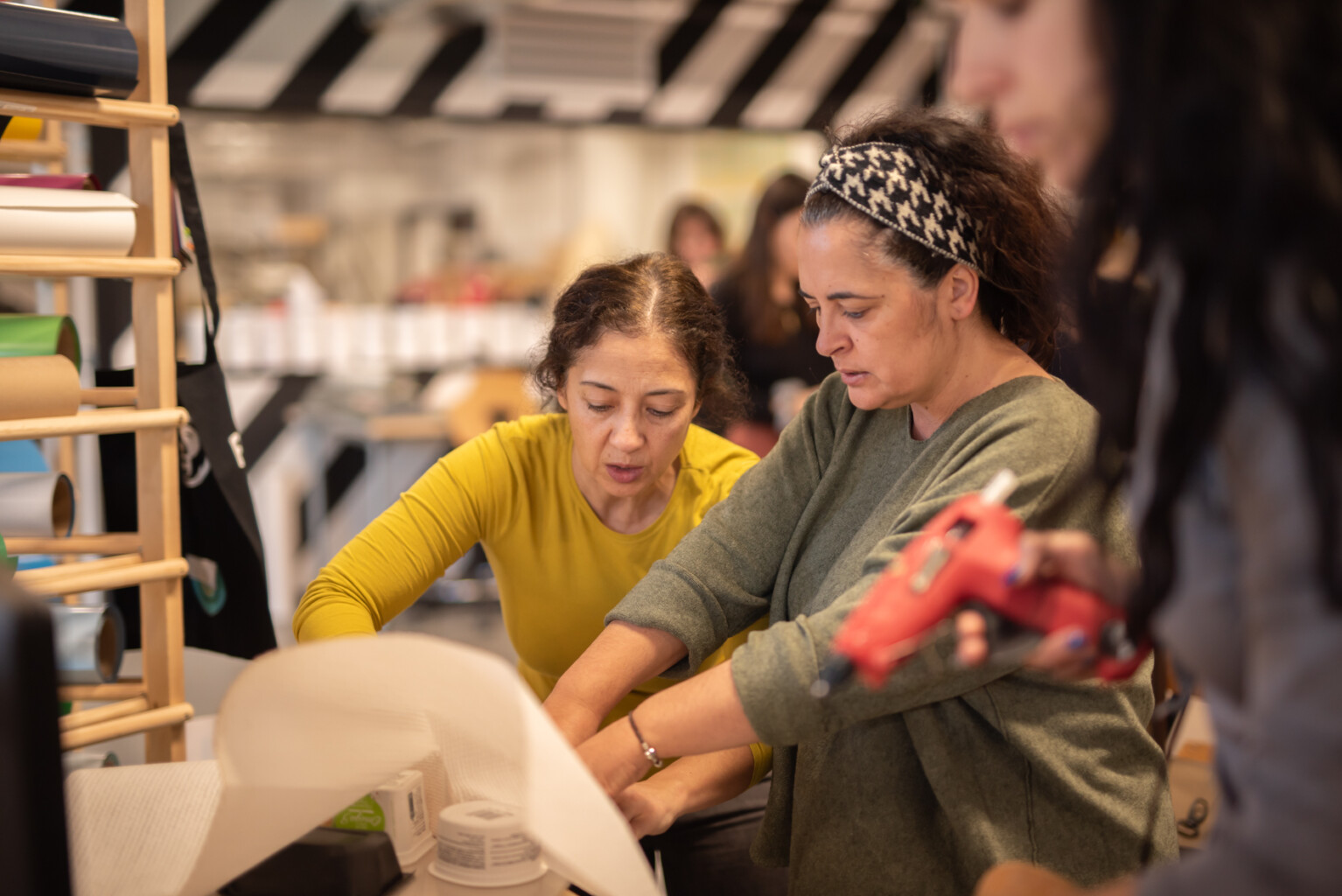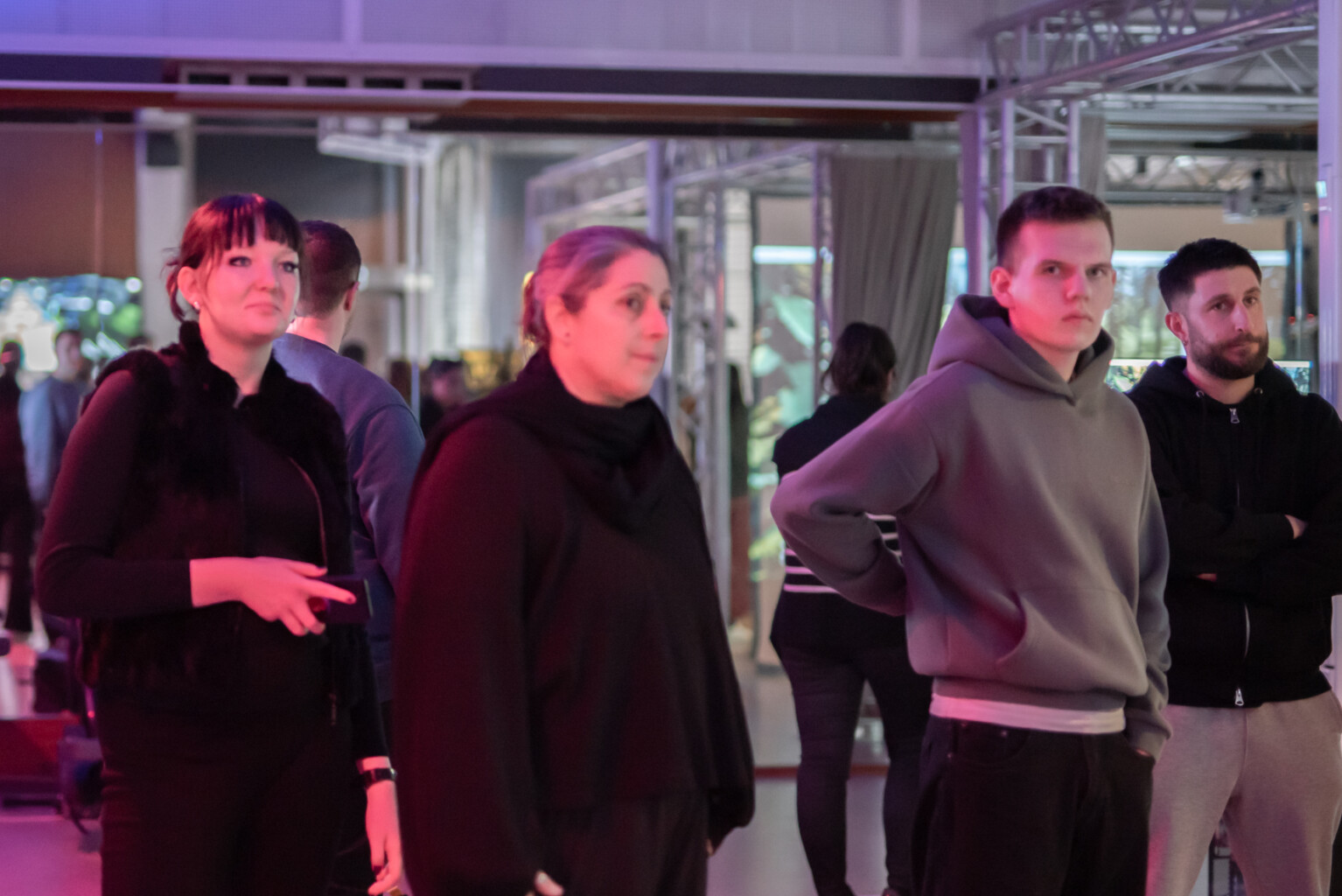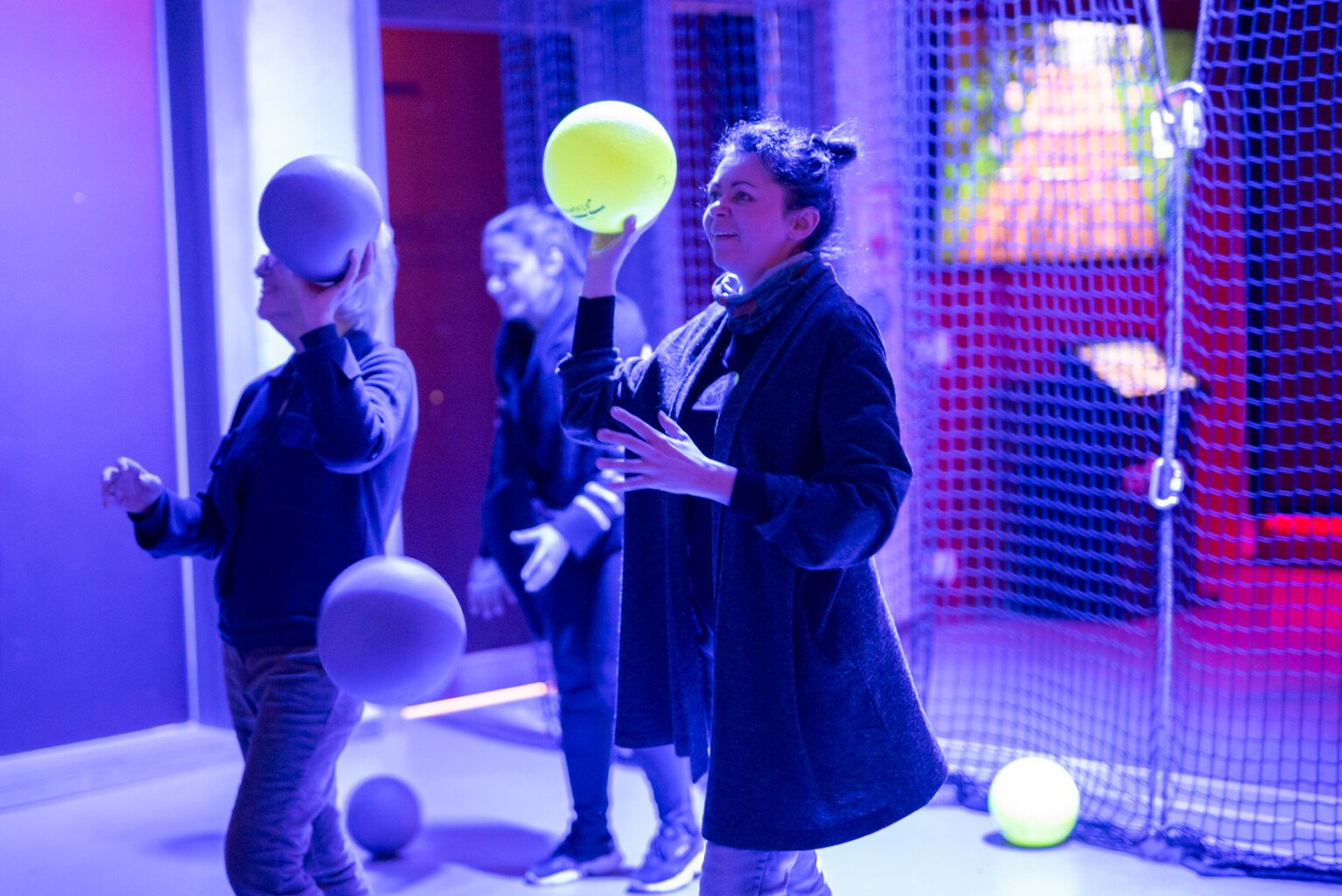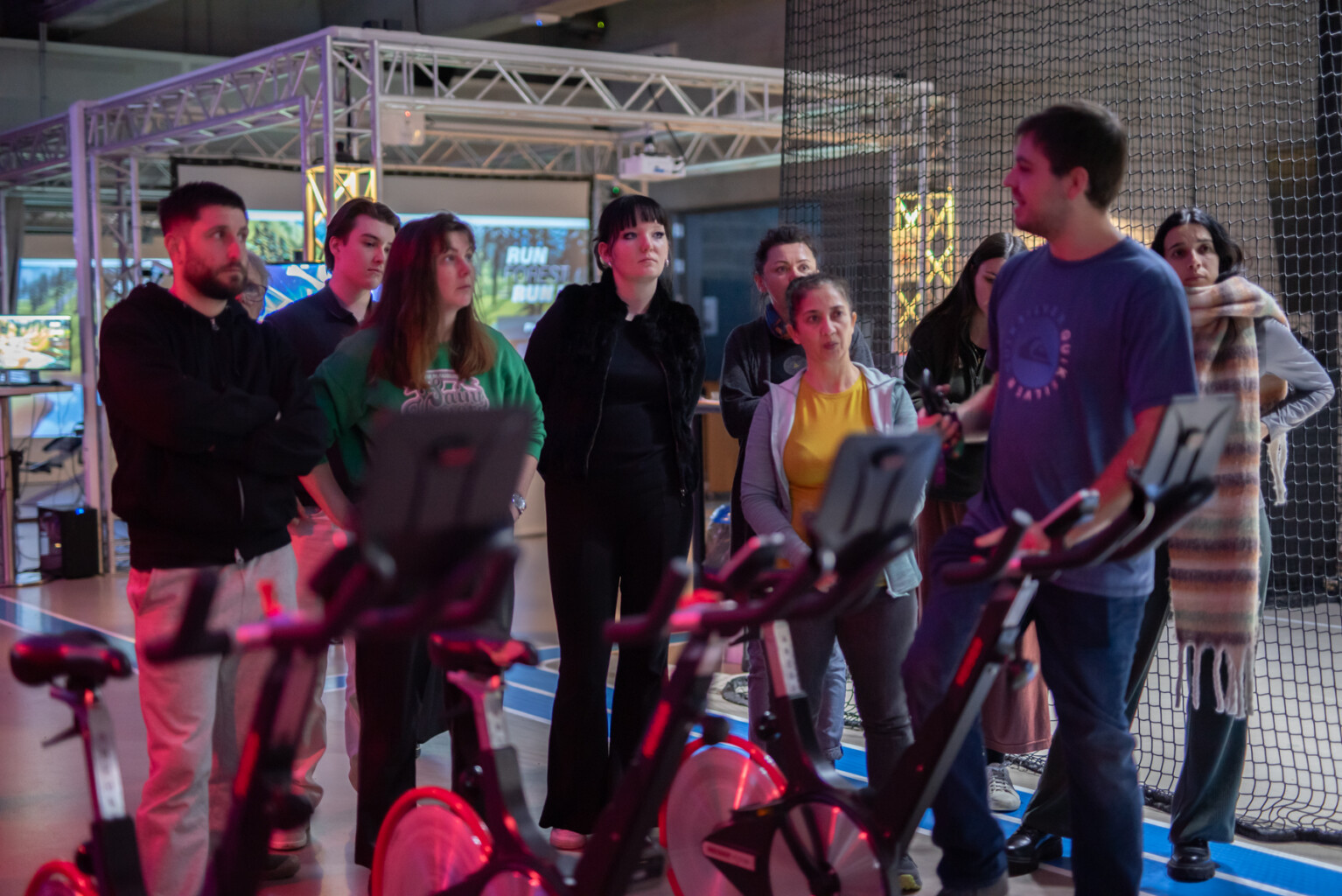Streets for the YOUTH
ERASMUS+, nr KA220-YOU-C70942A0 (2024-1-FR02-KA220-YOU-000245435)

the Association of Polish Communes Euroregion Baltic (PL)
Hogeschool West-Vlaanderen Howest (BE)
Comunidade Intermunicipal do Cávado (PT)
Project related events

Streets for the Youth project - day three - joint summaries and a look to the future
The last day of the SFY project partners' visit was a time for summarizing, exchanging experiences, and discussing how to […]

Streets for the Youth - study visit day 2 - workshops on how to conduct youth consultations
Erasmus+ Streets for the Youth Project - Living Cities and Streets for Young People - on the first day of […]

Streets for the Youth – study visit day 2 – workshops on how to conduct youth consultations
The Erasmus+ Streets for the Youth project – Living Cities and Streets for Youth – the second day of workshops […]

SP 5 from Braniewo, another class on SferaLab
City of Elbląg on the map of Streets for the Youth activities Today we held another meeting as part of […]

Streets for the Youth project in Gdynia
Yesterday we visited Gdynia, where a study visit took place with the participation of the Youth City Council of Gdynia […]
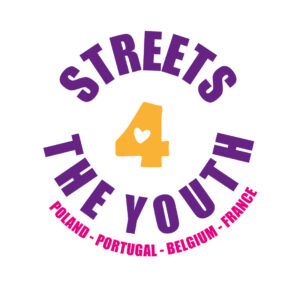
Brugge- the second part of the study visit
Street For The Youth - the first studio visit behind us! In the second part of the event we had […]

Street For The Youth - a visit to Brugge
As part of the Street For The Youth project, a visit to the Belgian city of Brugge is underway. As […]
ERASMUS+, nr KA220-YOU-C70942A0 (2024-1-FR02-KA220-YOU-000245435)
Project Streets for the Youth will engage local authorities and young people aged 15-20 from 4 EU countries (Portugal, France, Belgium and Poland) in building a vision of the city of the future - a city that is flexible, friendly, and resilient, and meets various user needs. It will create connections between young people, urban planning specialists, and local councilors, so they can jointly develop and test consultation techniques for public space development projects.
The cities of tomorrow will not be like those of yesterday. Both small and large cities must change as they face significant transformations: ecological, demographic, mental, and digital transitions. To adapt cities to the world of tomorrow, it is essential to involve their residents, especially young people. Addressing the placement of young people in public spaces is like "opening a window" to see where young people are, how they move around the city or countryside, and how they use these spaces. To achieve this, we must consider the diversity of young people (mobile and non-resident, spaces for girls, etc.), design spaces that address them as a whole, not just for recreational purposes, and finally, ask for their input by recognizing their knowledge of usage (acknowledging their understanding of the city) and by listening to and considering their expectations for the future. Young people can help us respond to the challenges of transformation and prepare our cities for the world of tomorrow.
Project Objectives:
- Exchange, develop, and test techniques to engage young people in thinking about their city's future and in its planning, and encourage cooperation among three groups:
- YOUNG PEOPLE: To participate in democratic life and think about communal living by expressing their vision of the city today and tomorrow (usage, needs, challenges to be addressed).
- ELECTED REPRESENTATIVES: Decision-makers and local government employees to include public space users, especially young people, in the process of creating or redeveloping public spaces.
- YOUTH PROFESSIONALS: To adopt new techniques for motivating and engaging young people to participate in community life.
- Exchange practices, jointly develop tools to engage young people, and test them in partner areas. Connect elected officials and planning specialists, youth specialists, and young Europeans, and create recommendations for communities to facilitate youth involvement in public space development projects and strategies.

Funded by the European Union
Support given by the European Commission for the production of this publication does not constitute acceptance of its contents, which reflect only the views of the authors. The Commission is not responsible for any use that may be made of the information contained in this publication.
PROJECT BRIEF
Program: Erasmus+
Project Area: youth in the city, city transformation, city of tomorrow, public spaces for youth, environmental, social, and economic changes and transformation, youth participation in local life and spatial planning
Project Scope: Local and transnational
Role of STG ERB: Partner with its own budget
Funding Level: 100%
Project Budget: 120 000,00 EUR
Project Consortium: 4 partners, 1 from France, 1 from Poland, 1 from Belgium i 1 from Portugal
